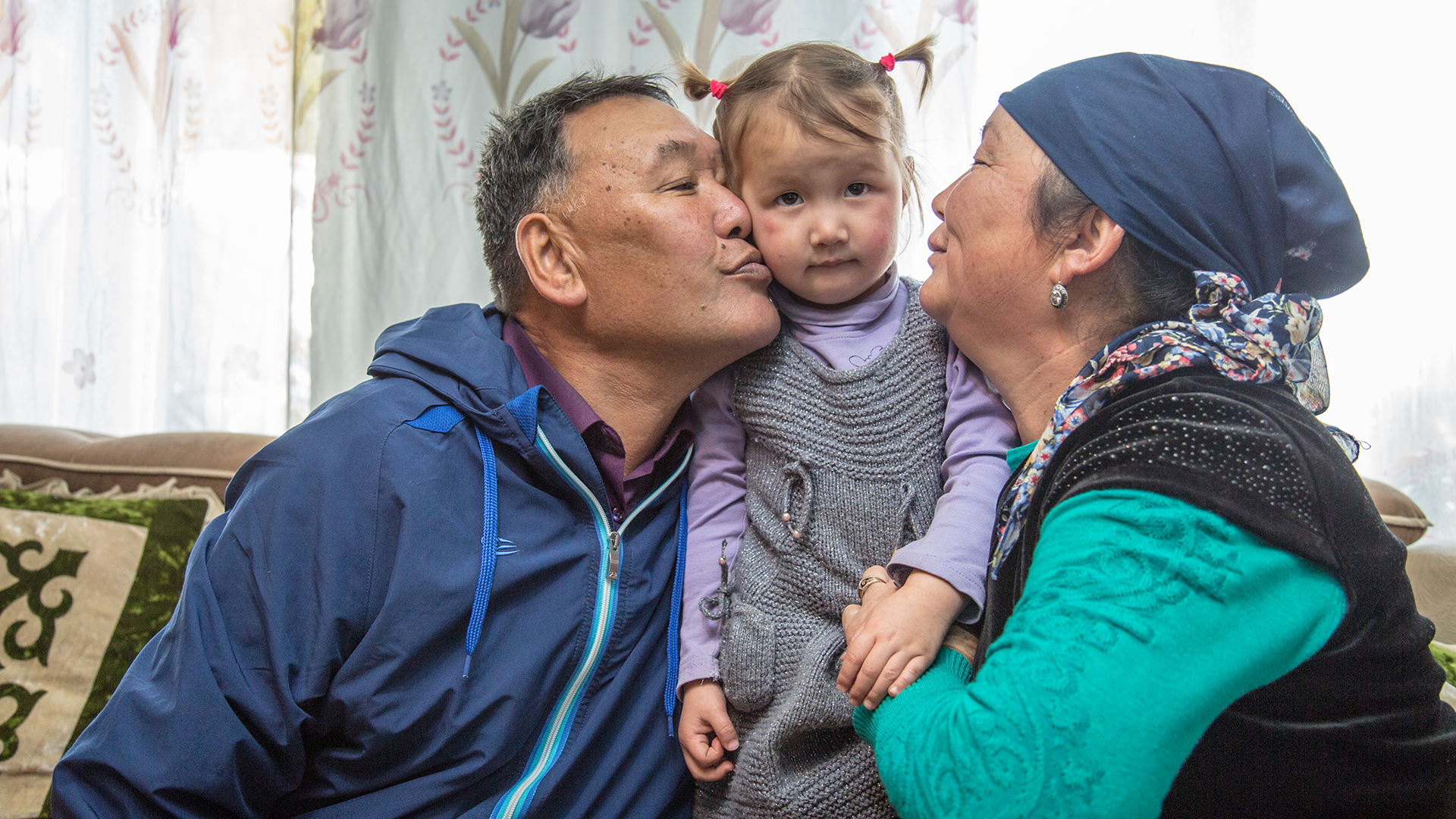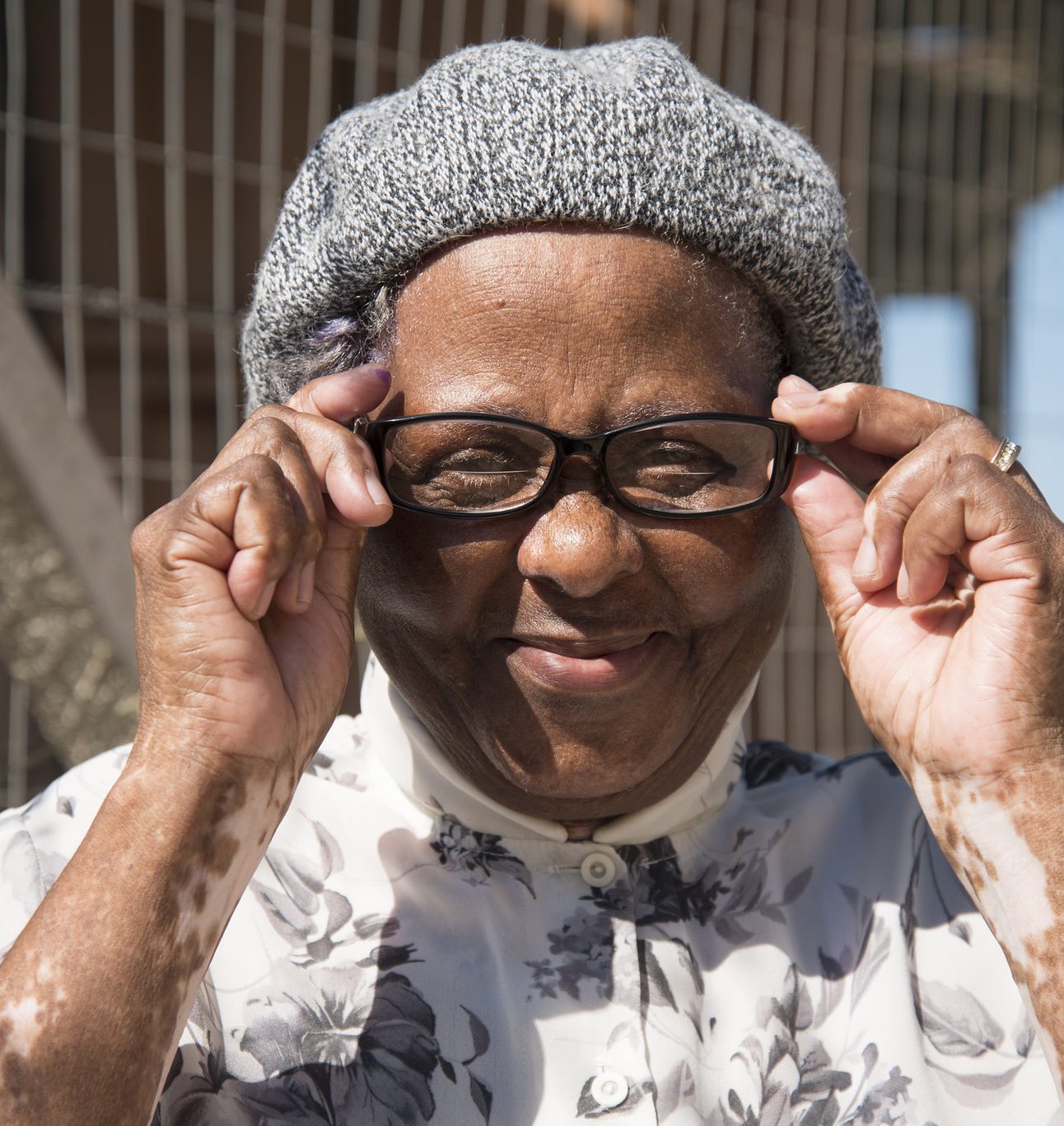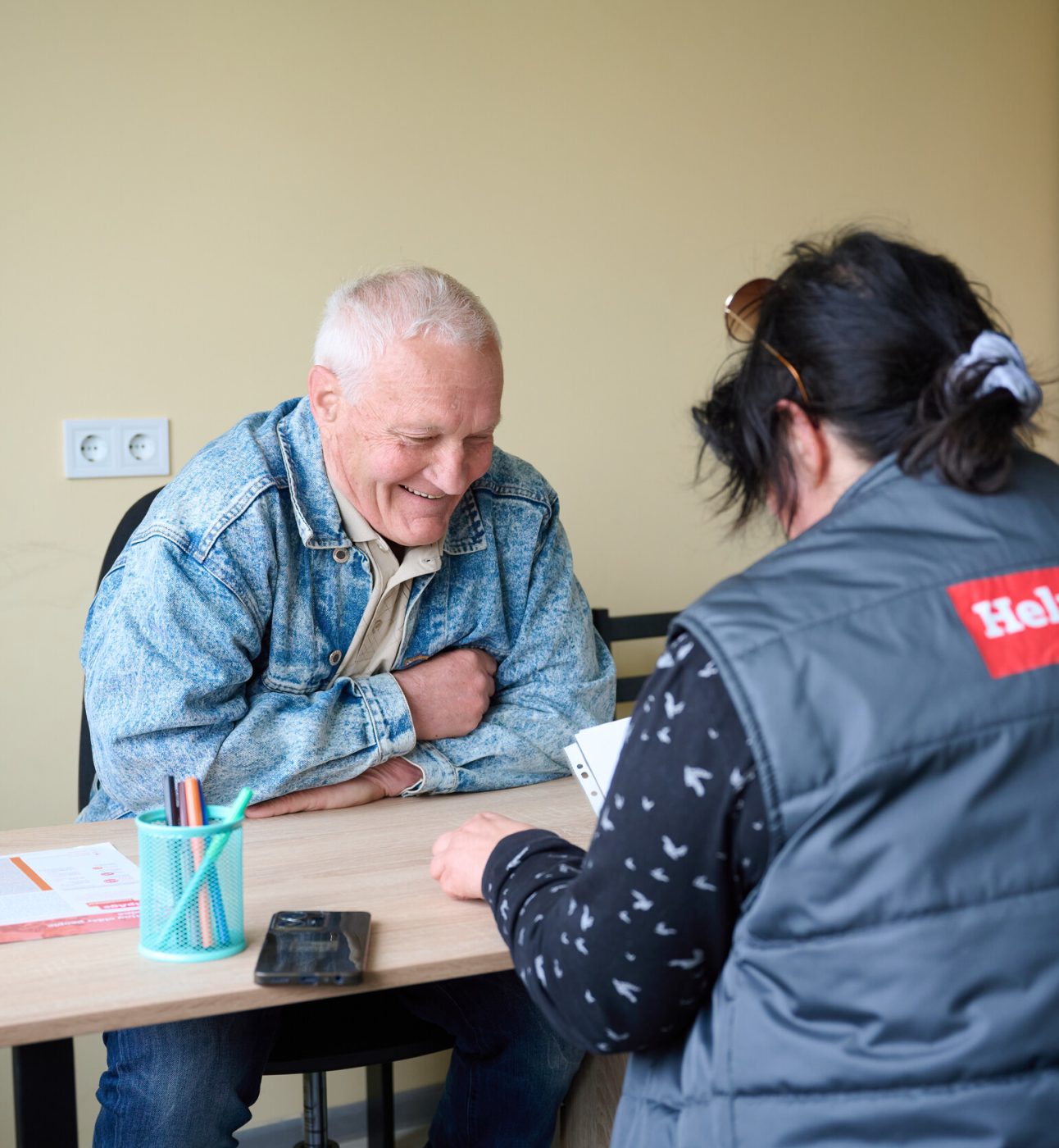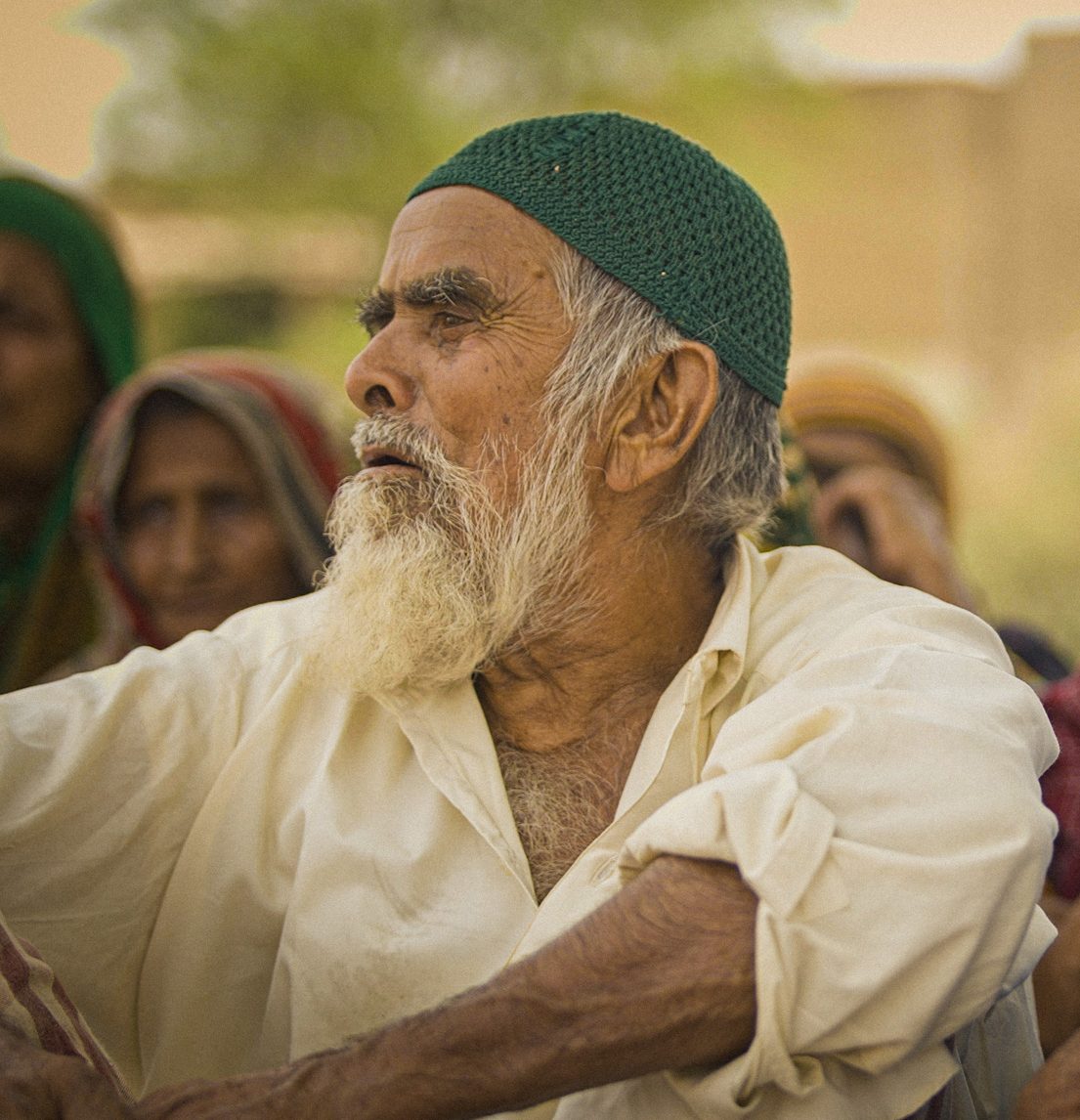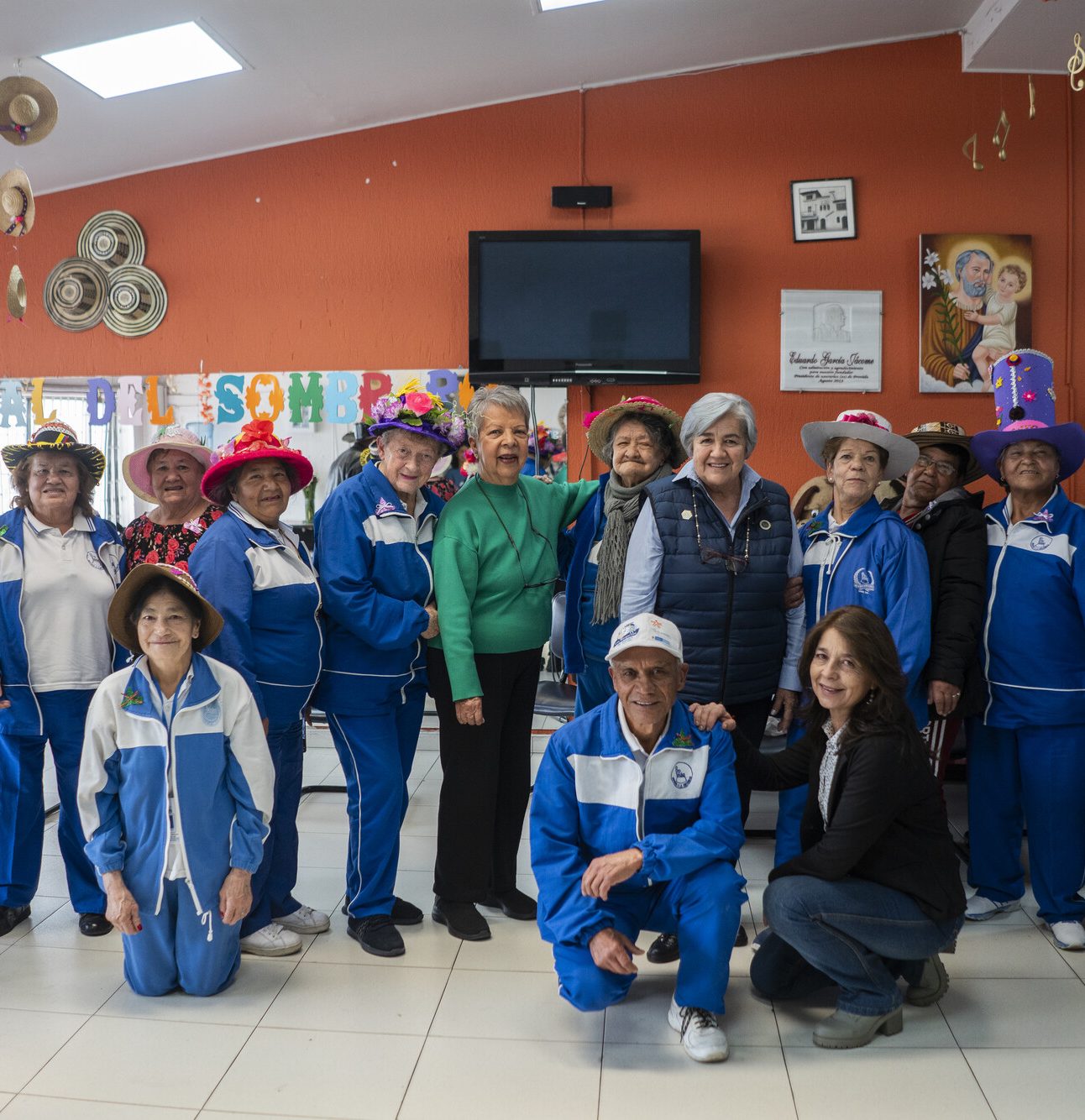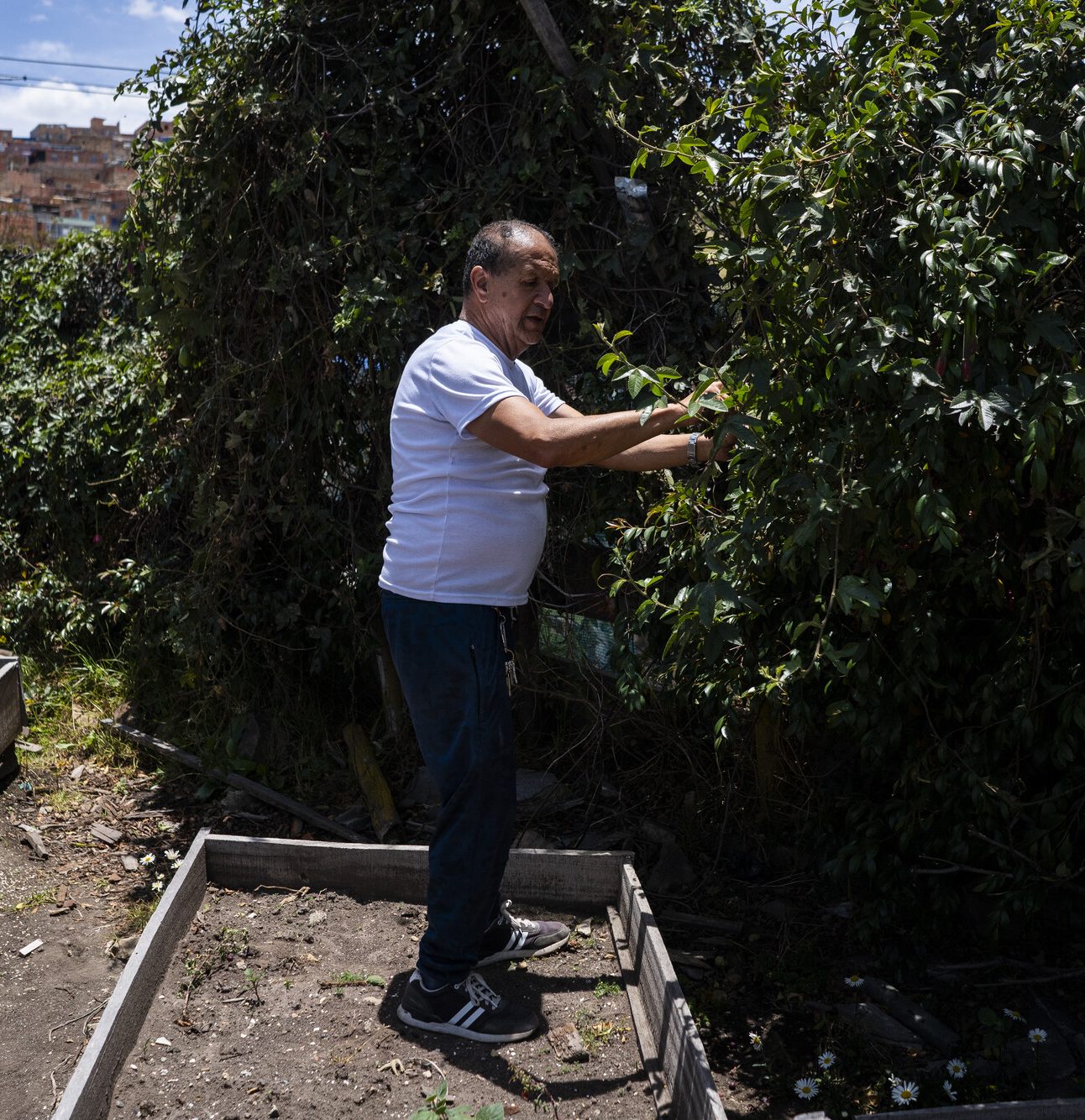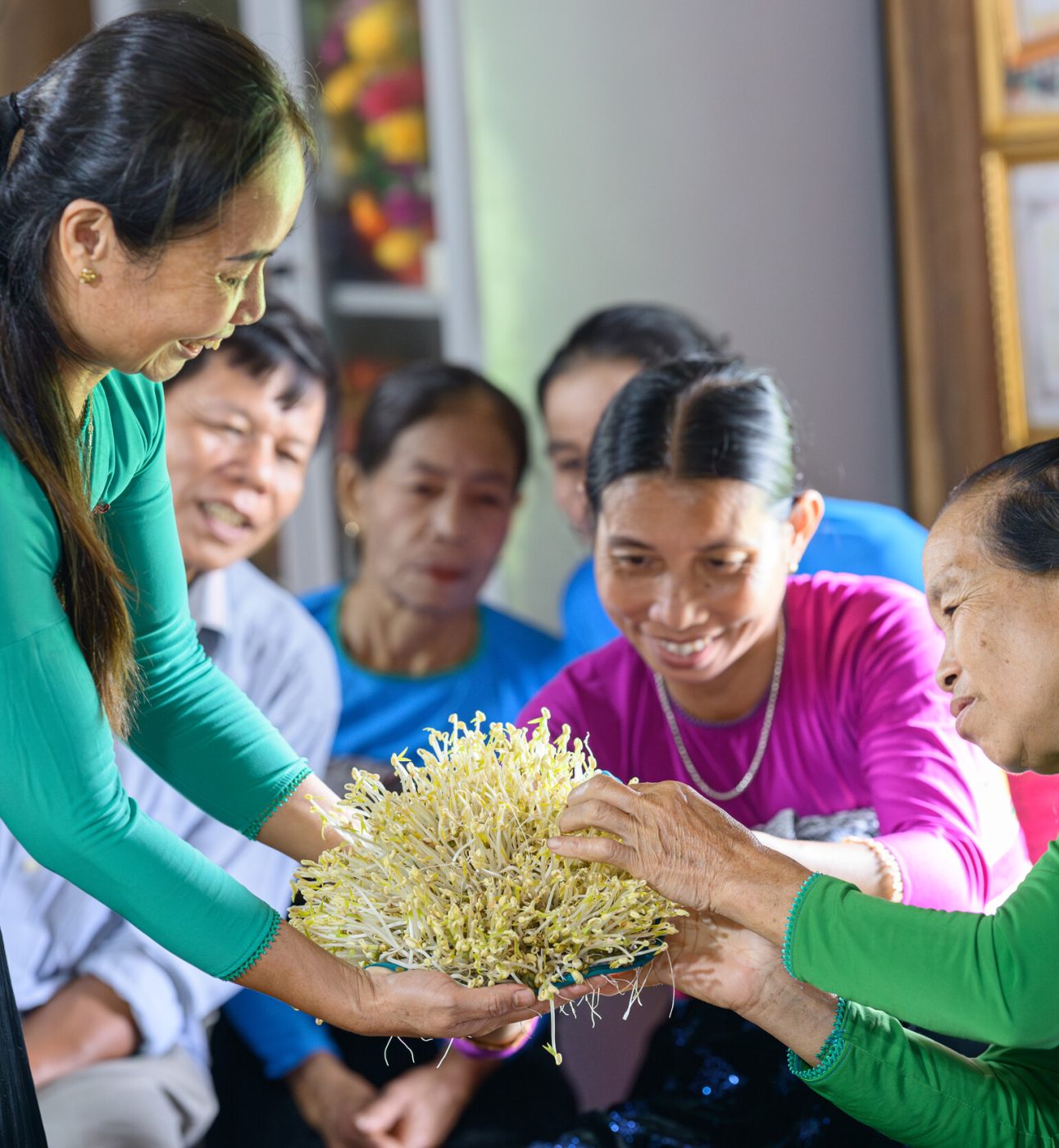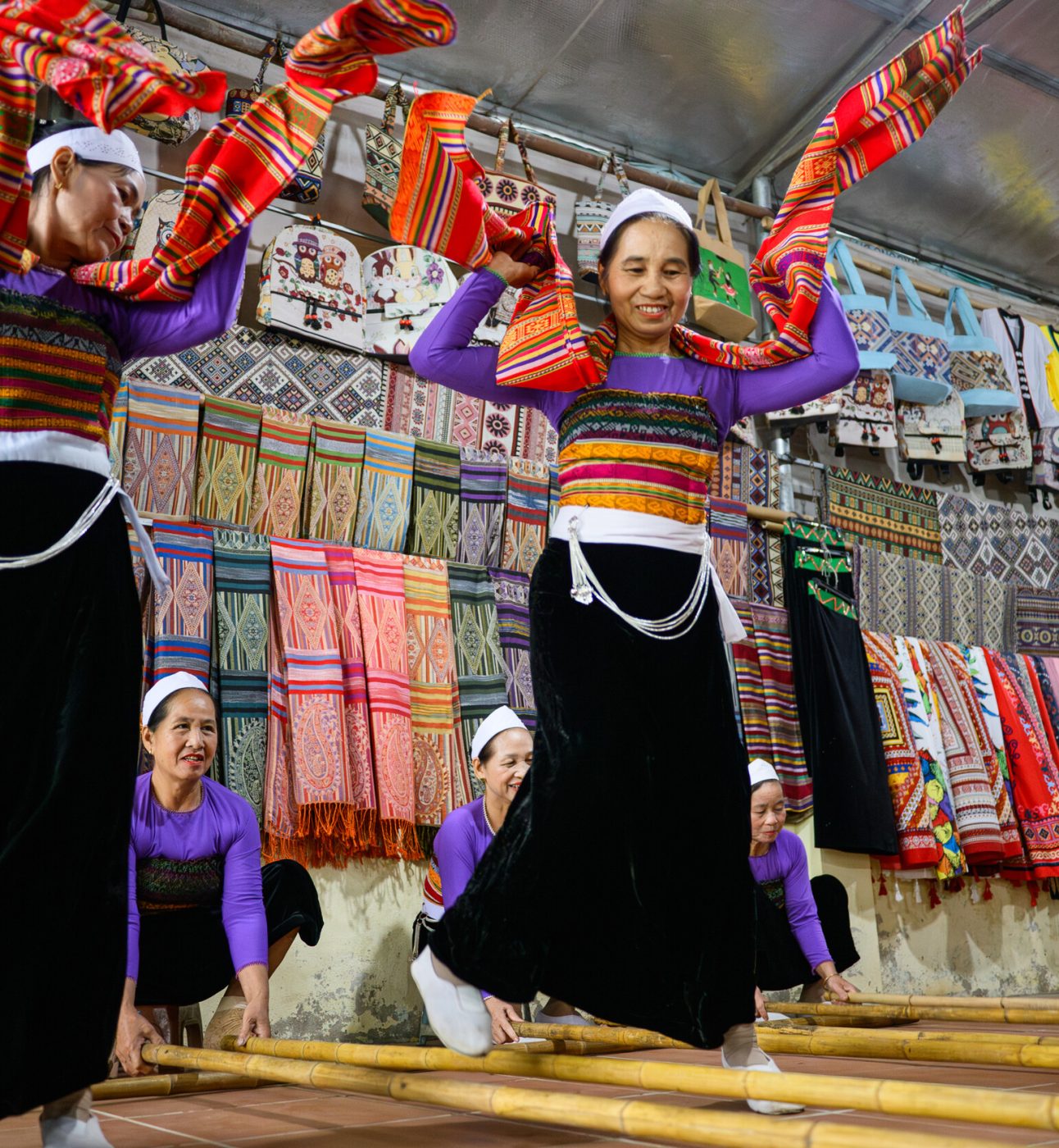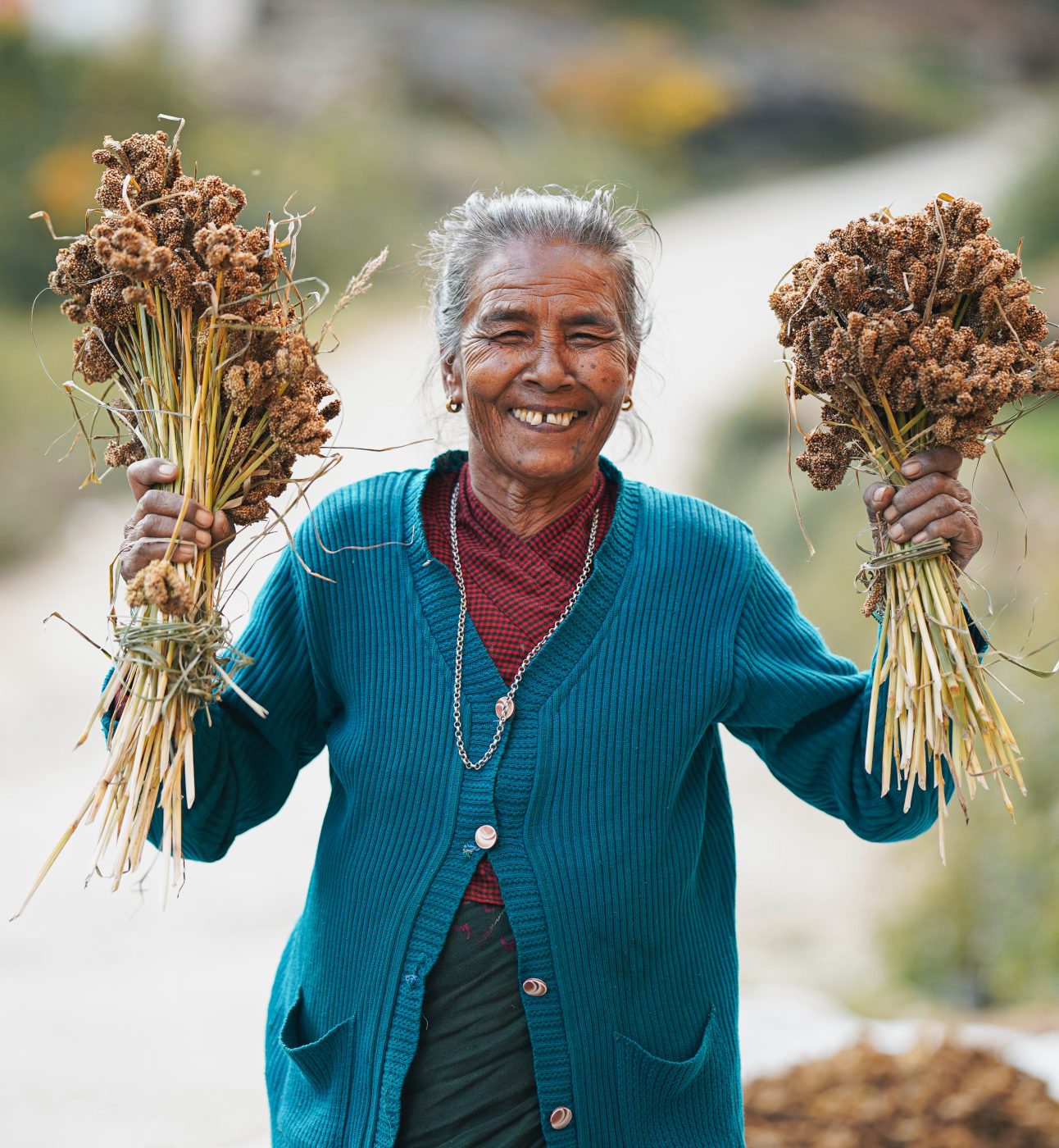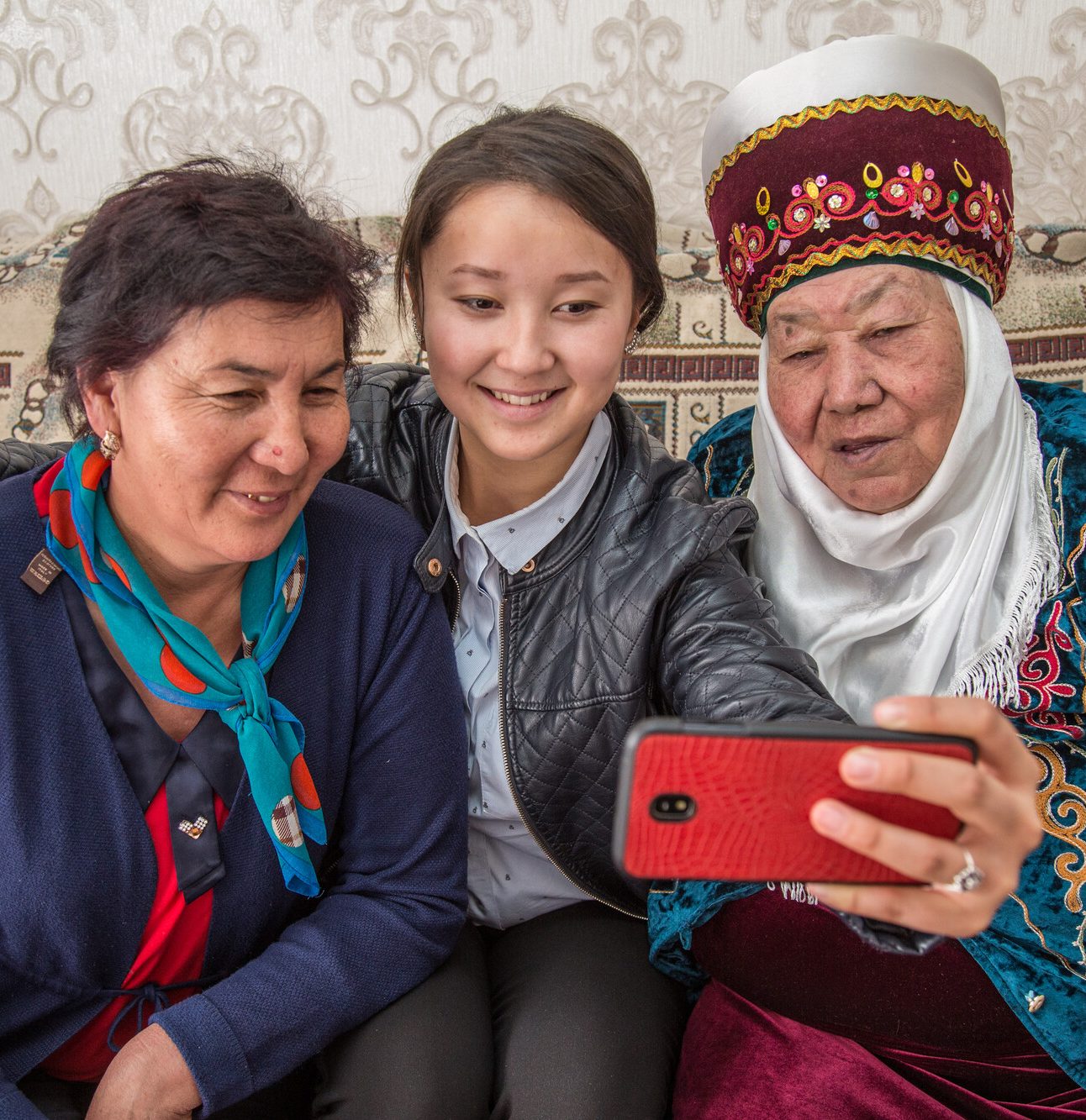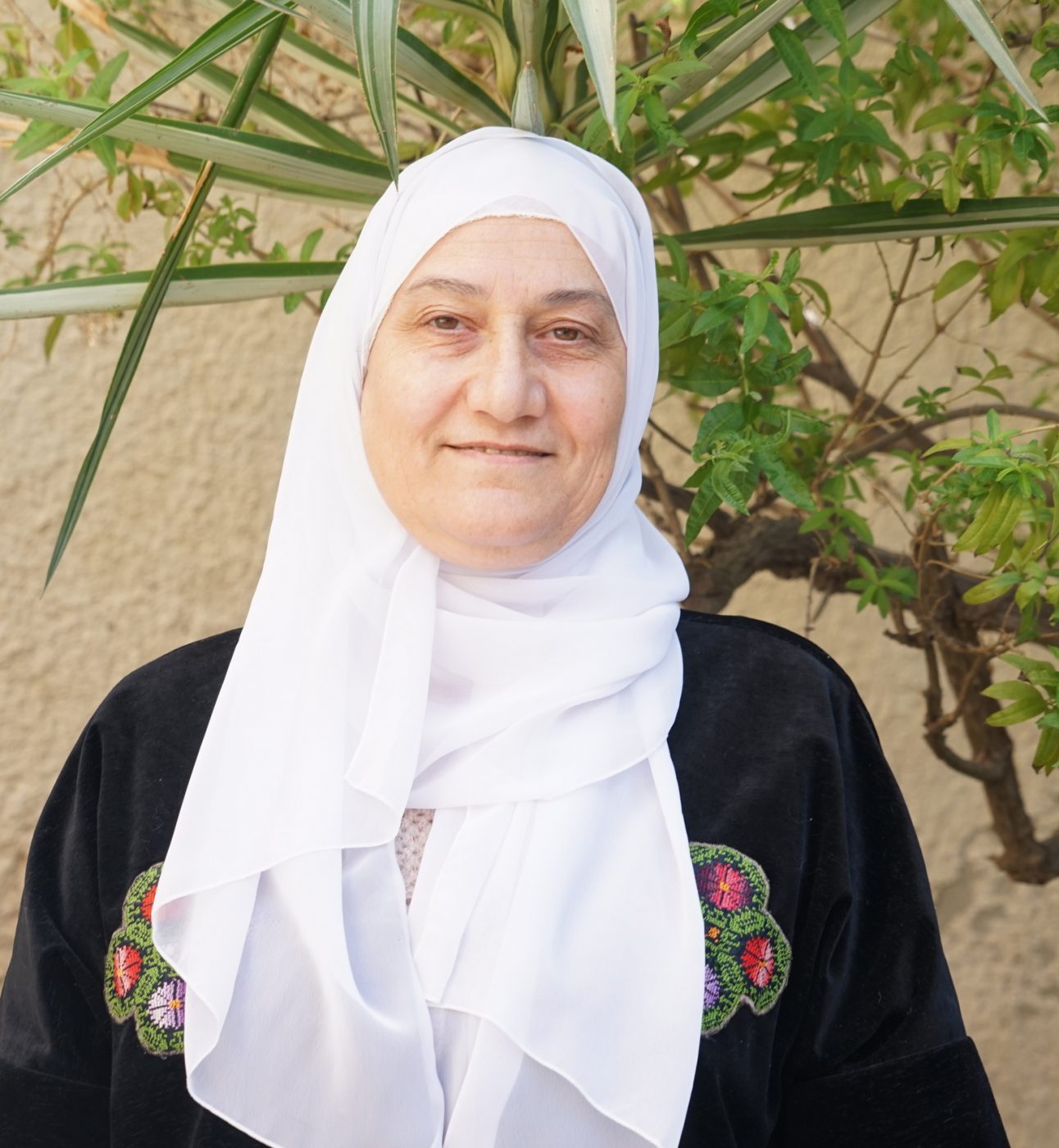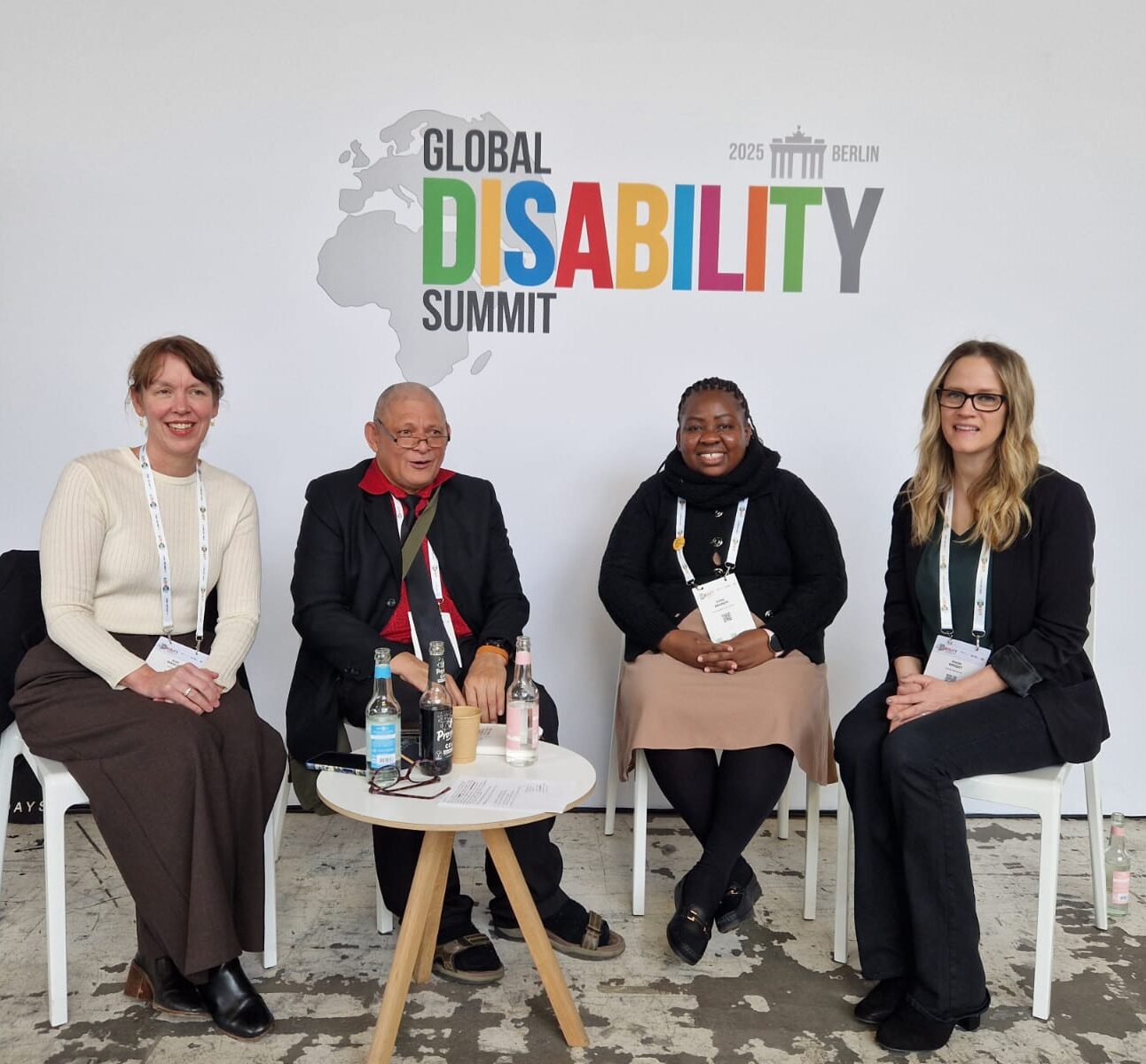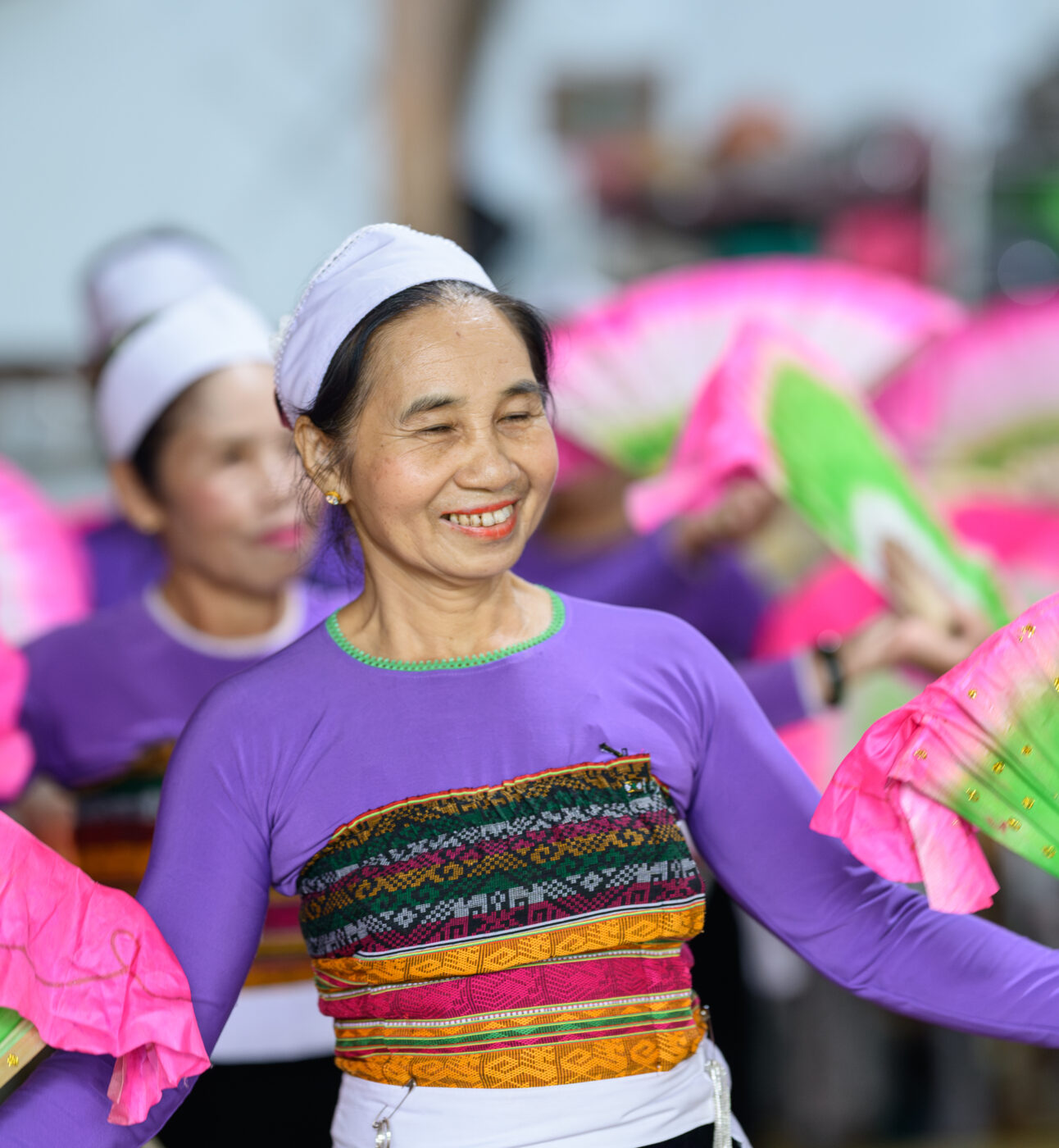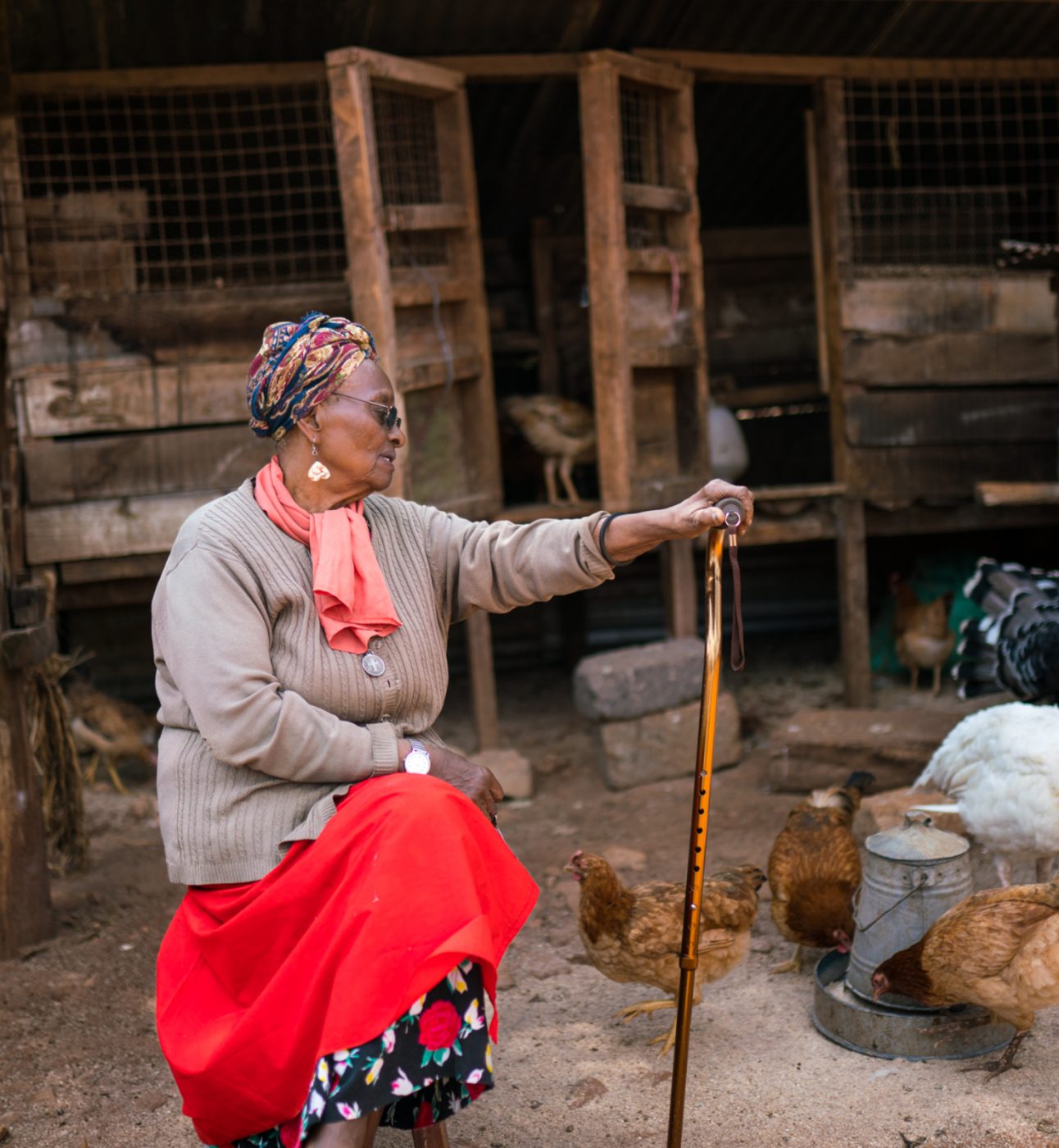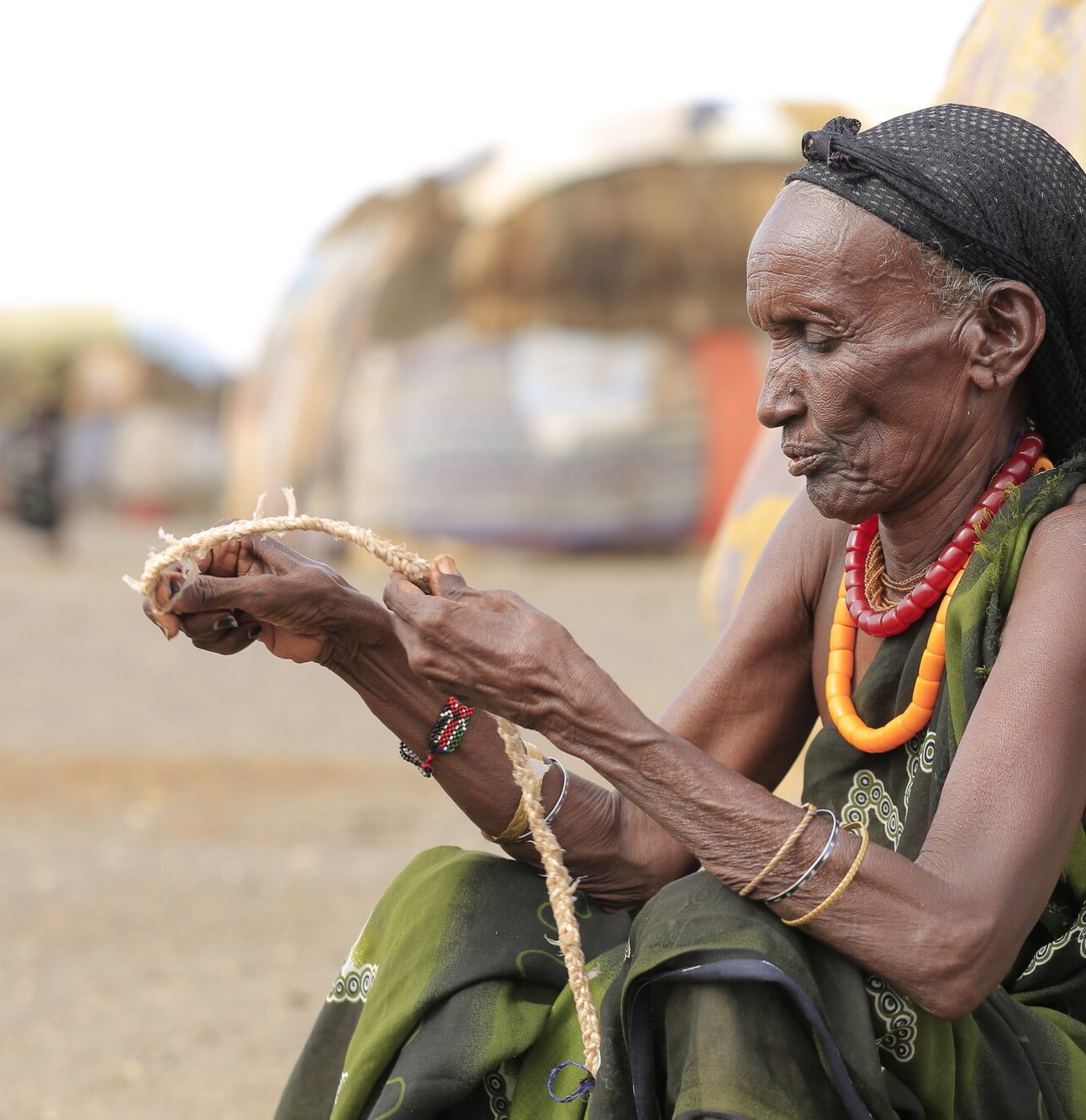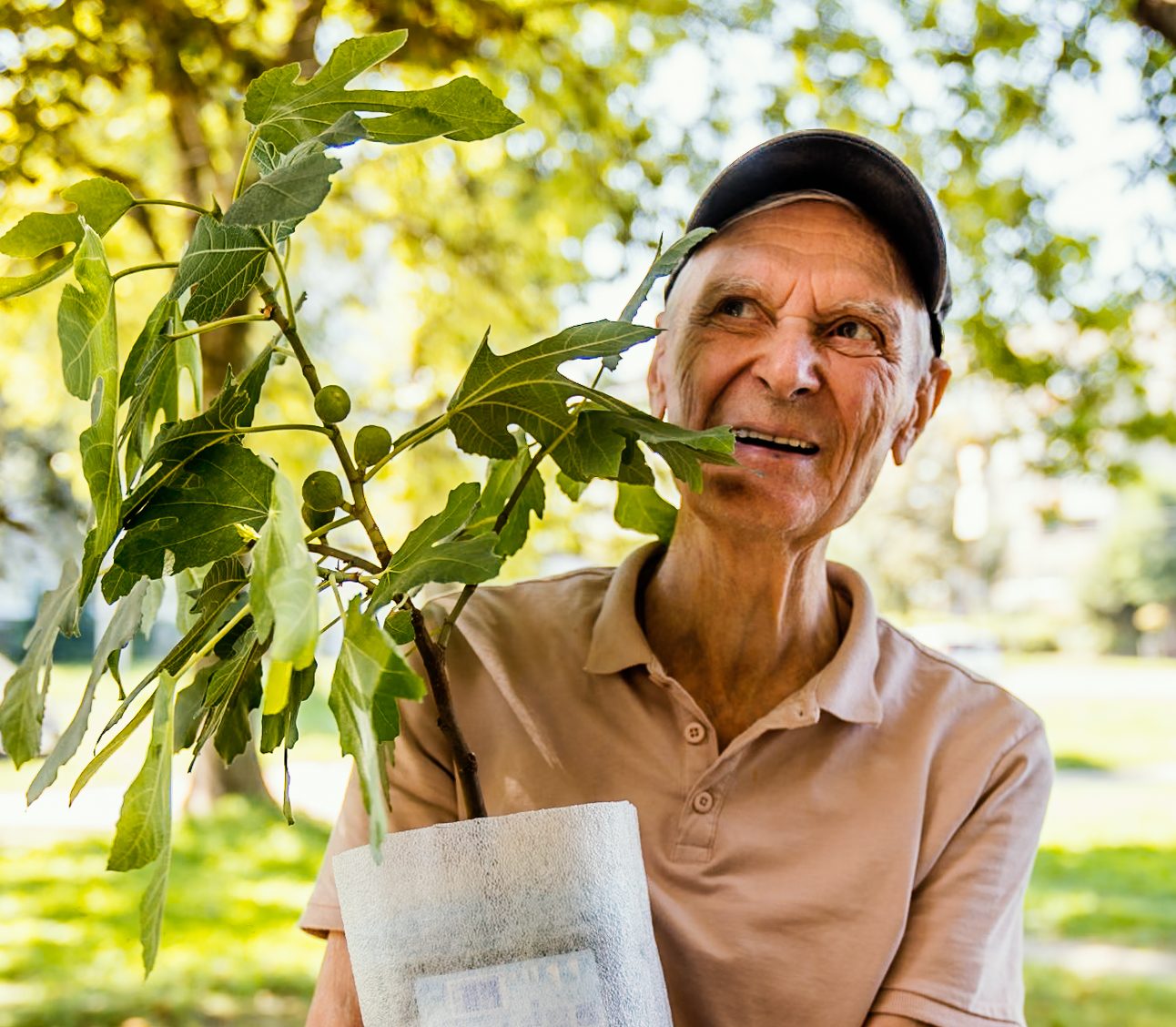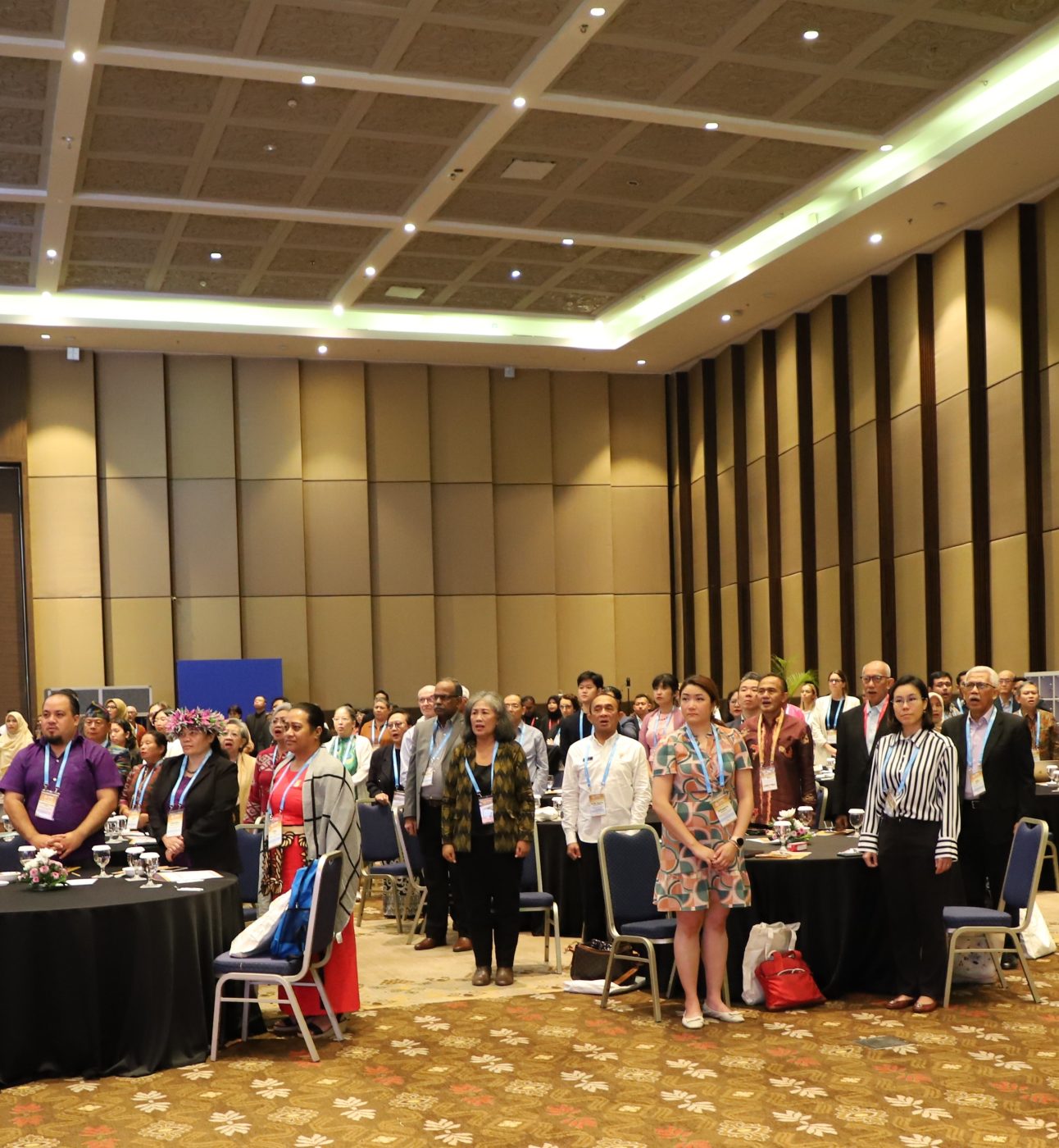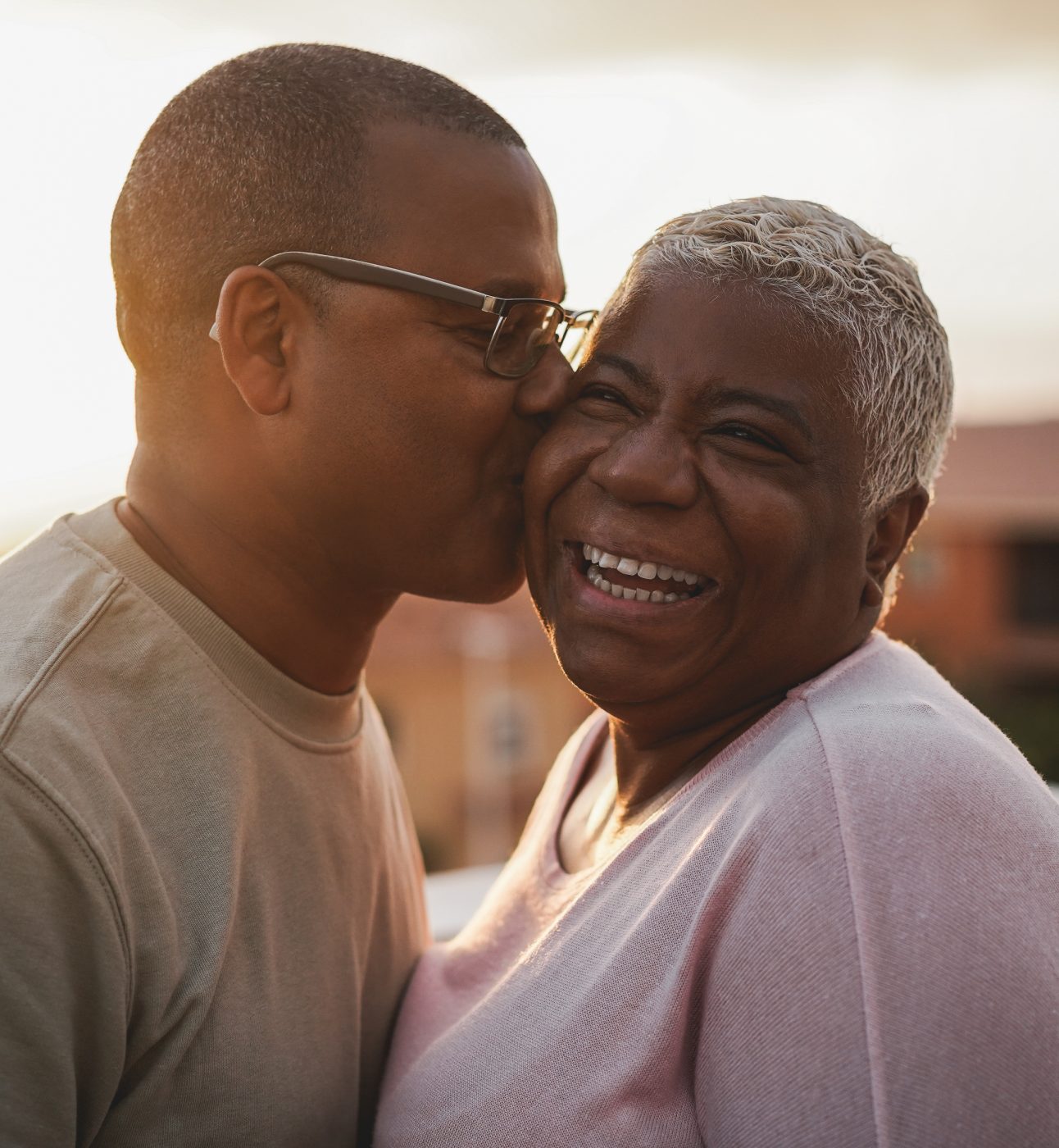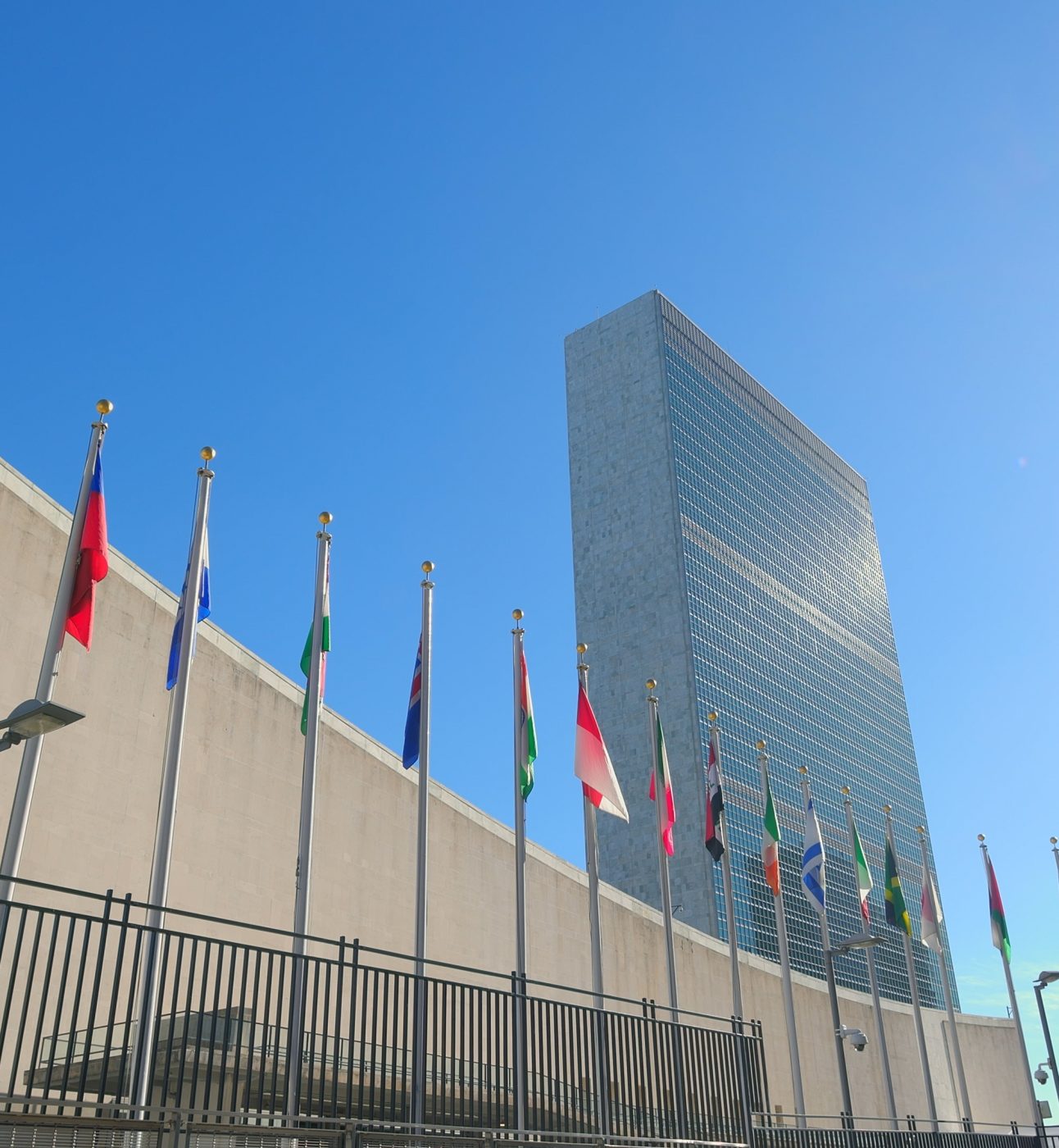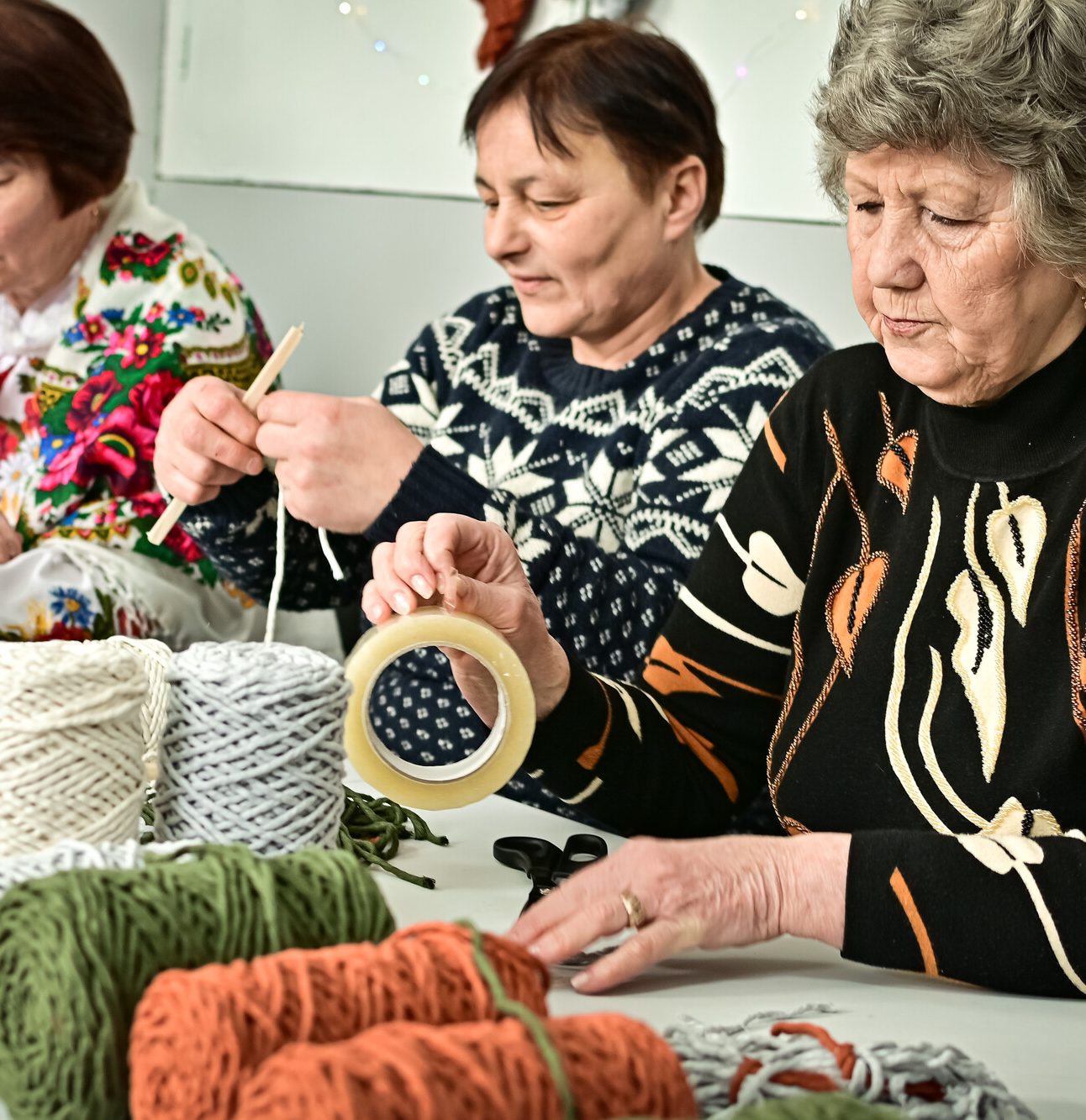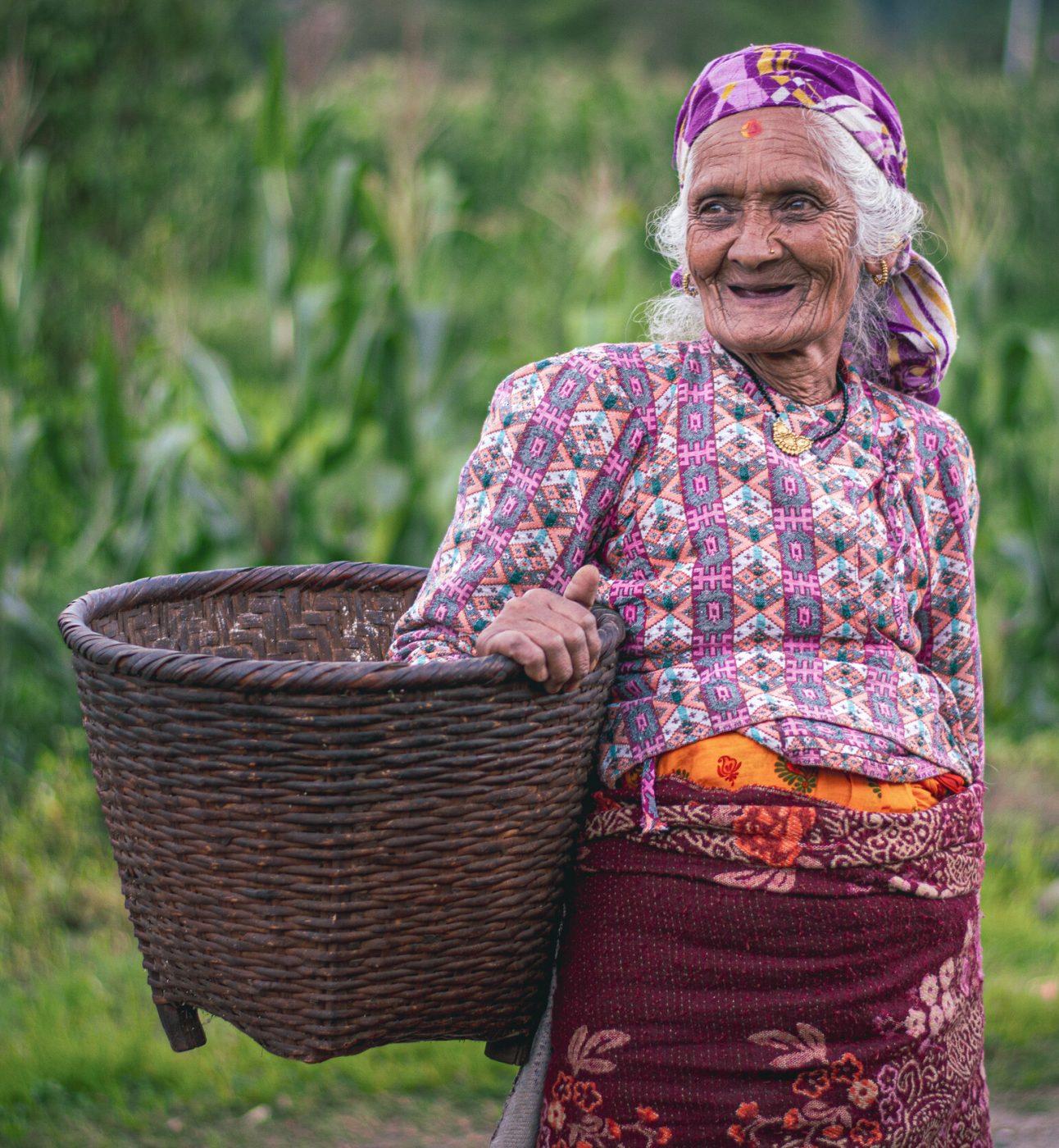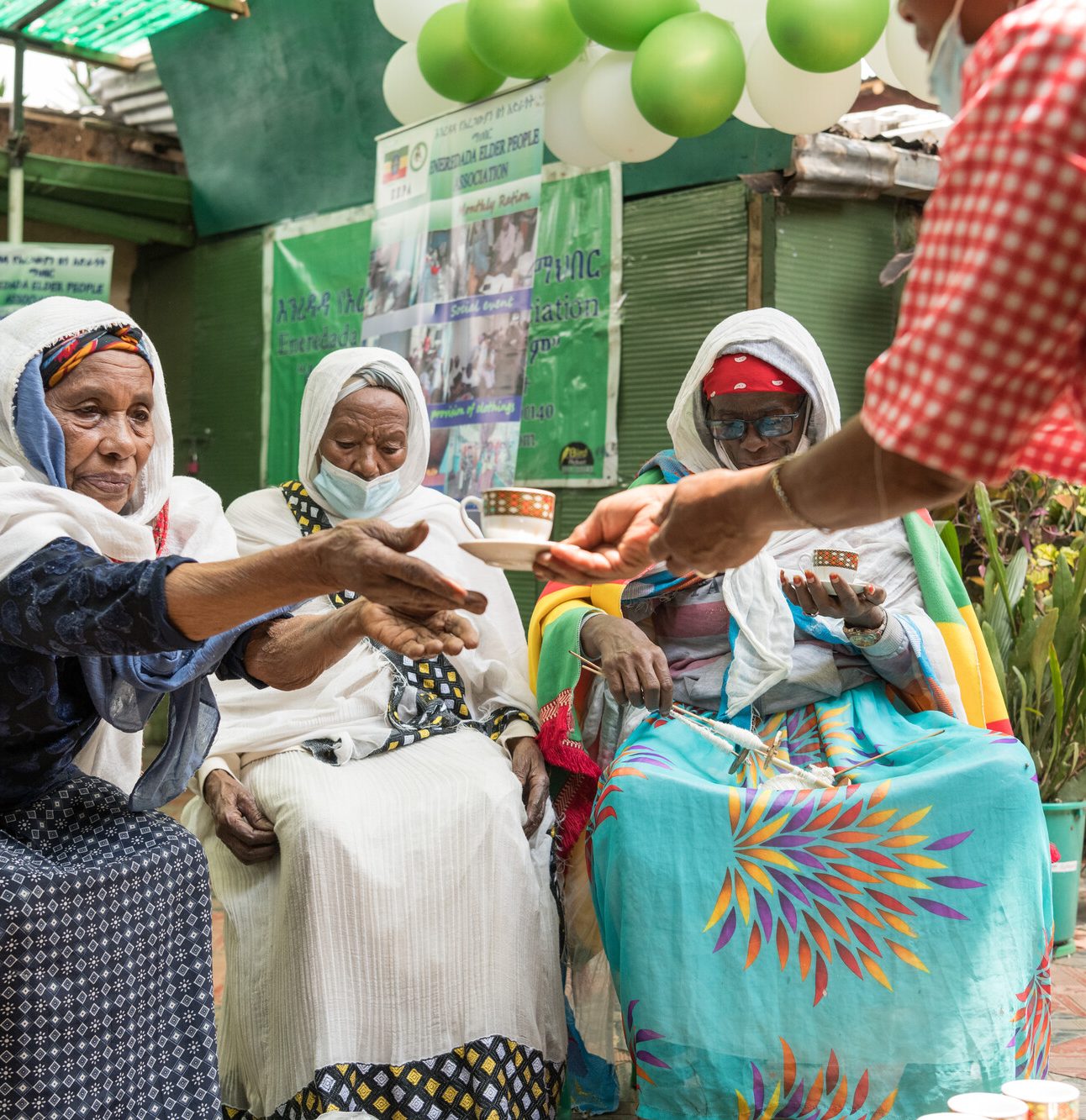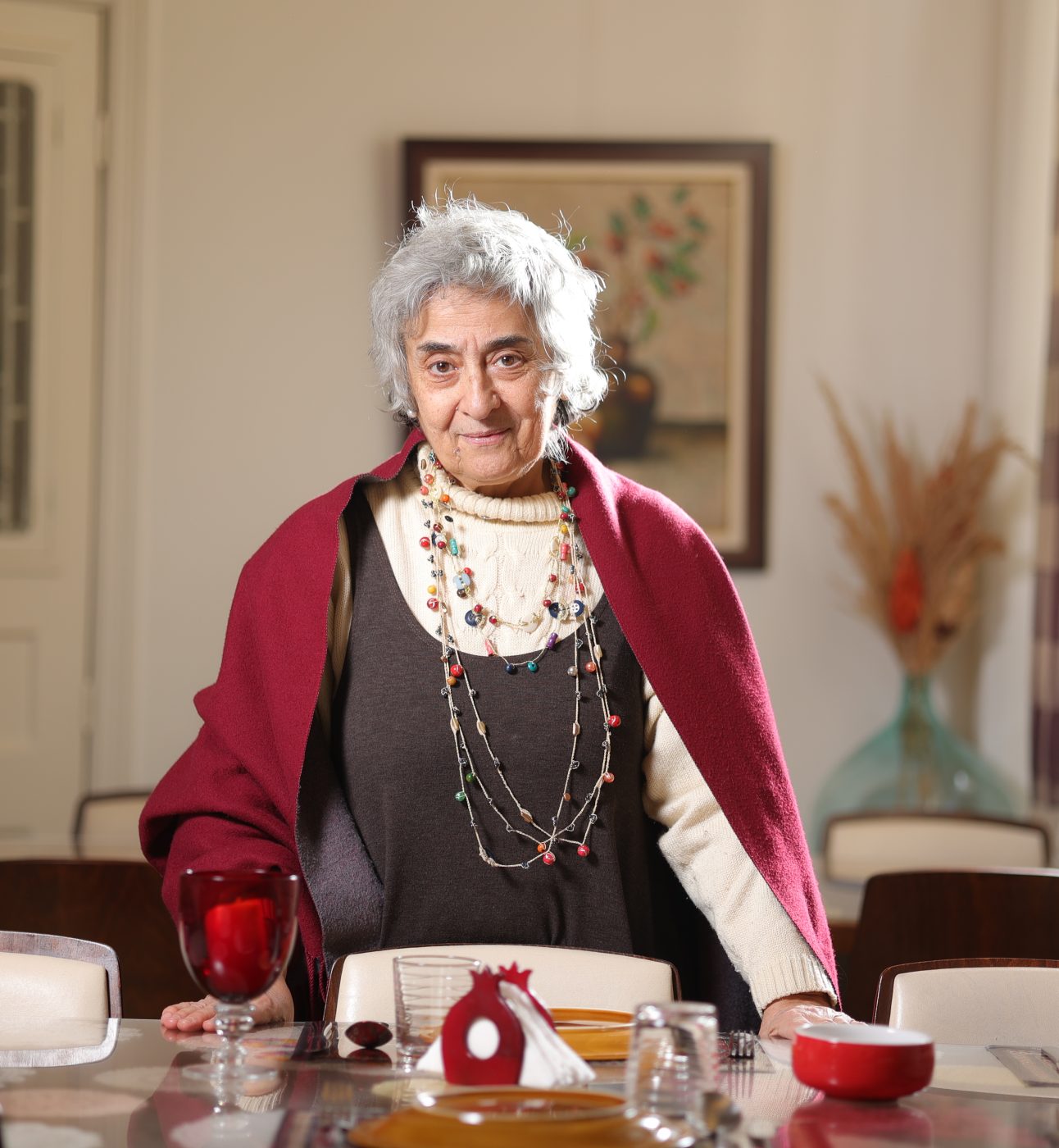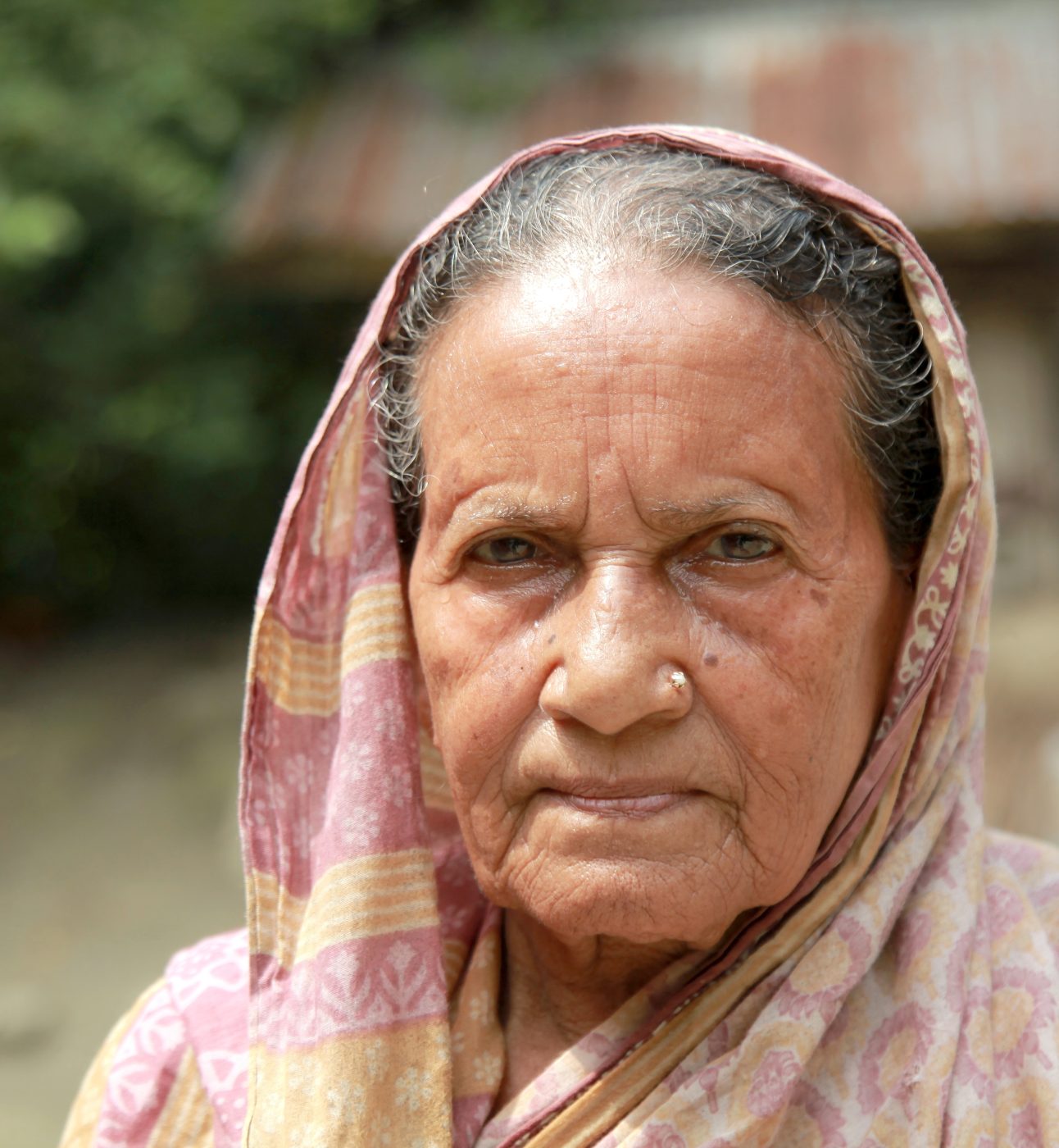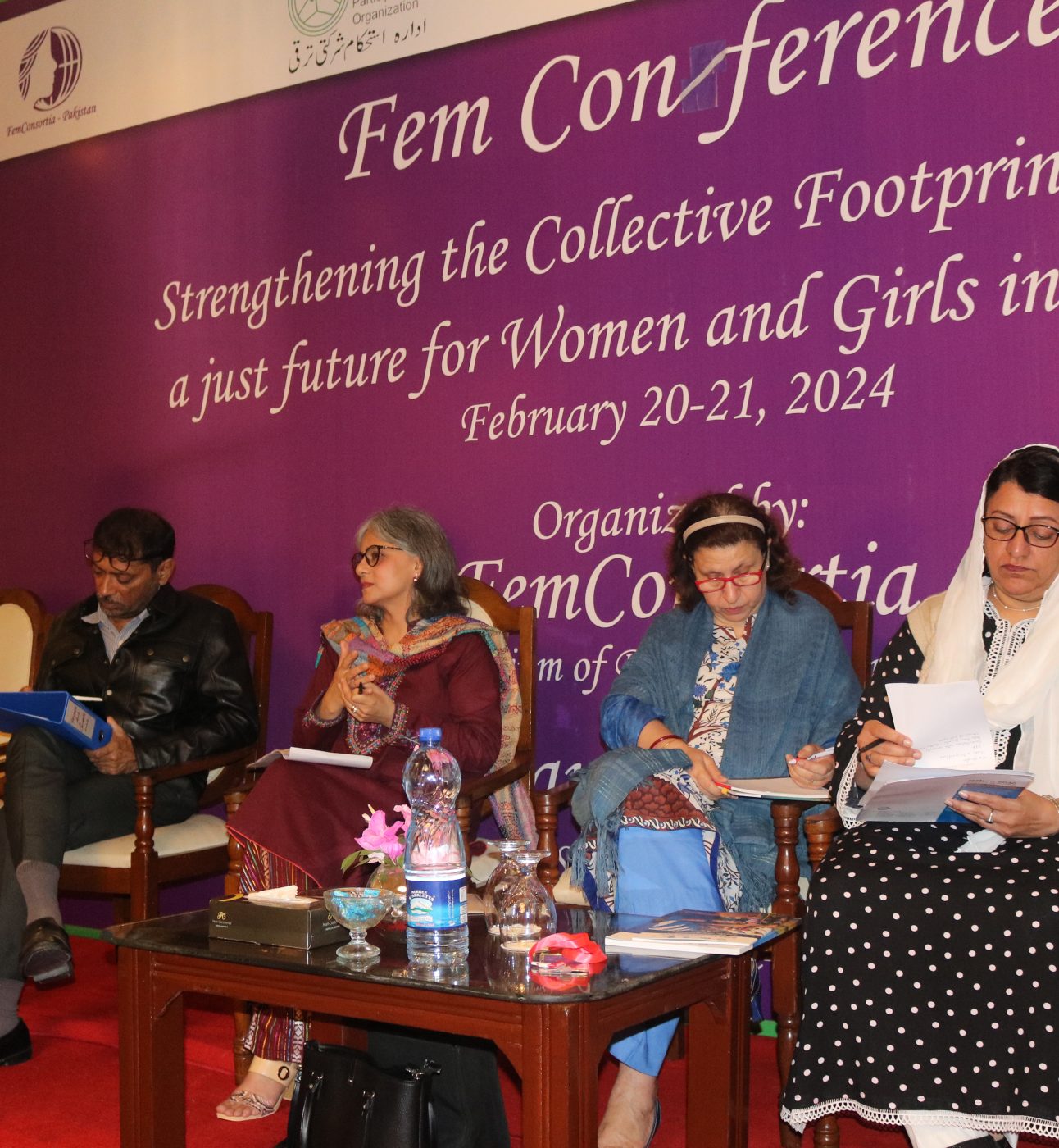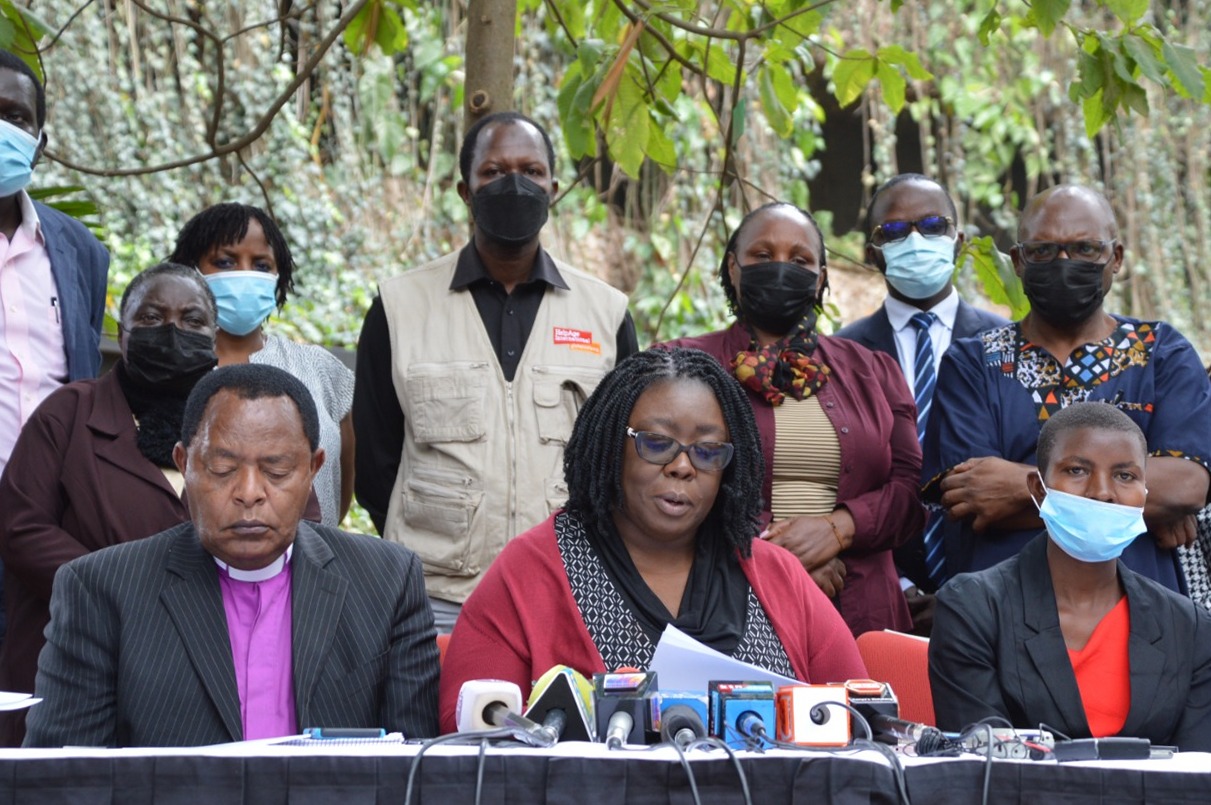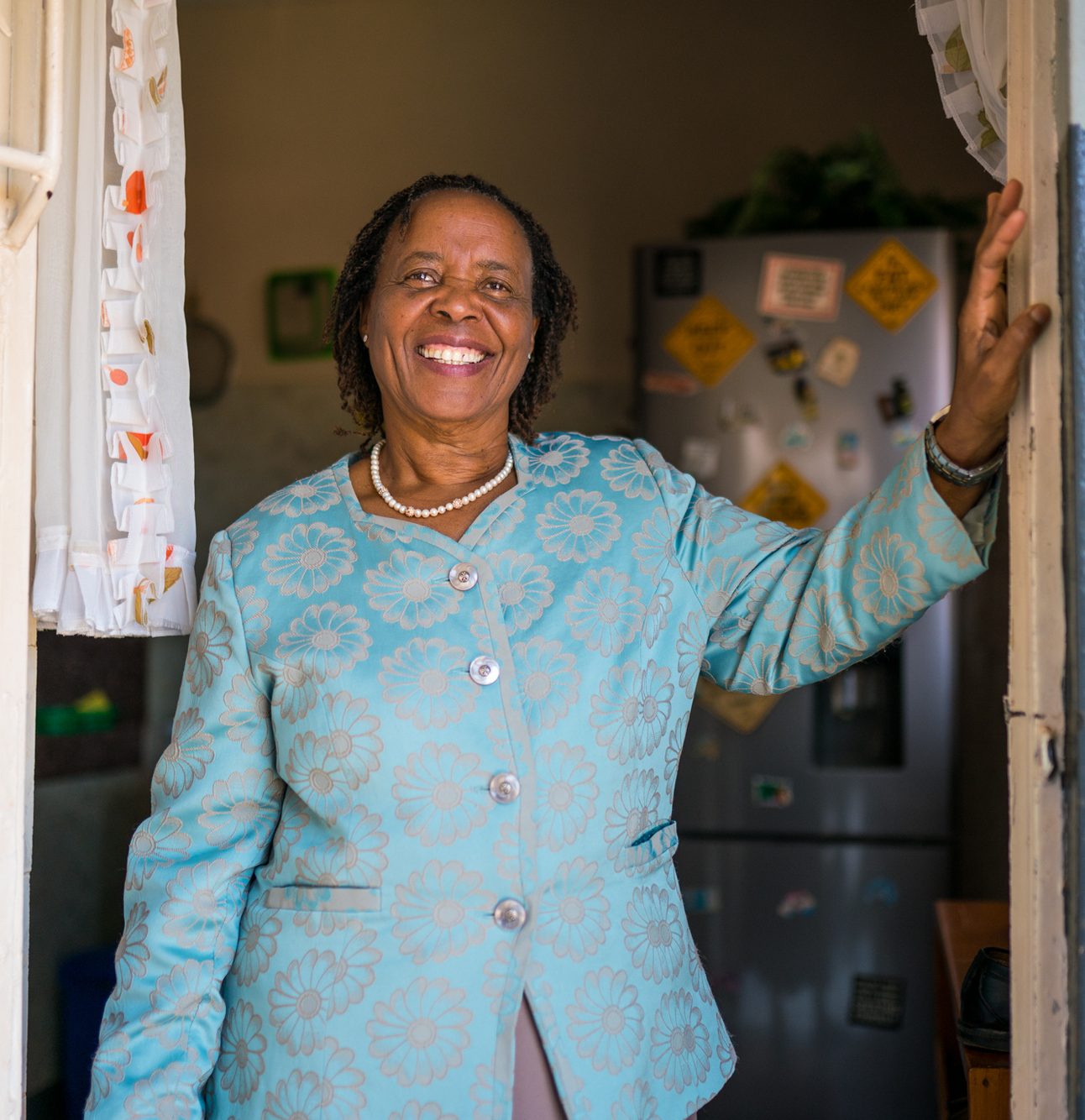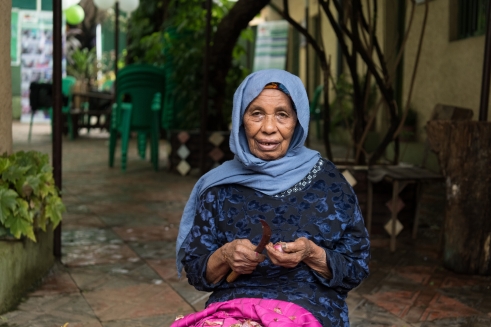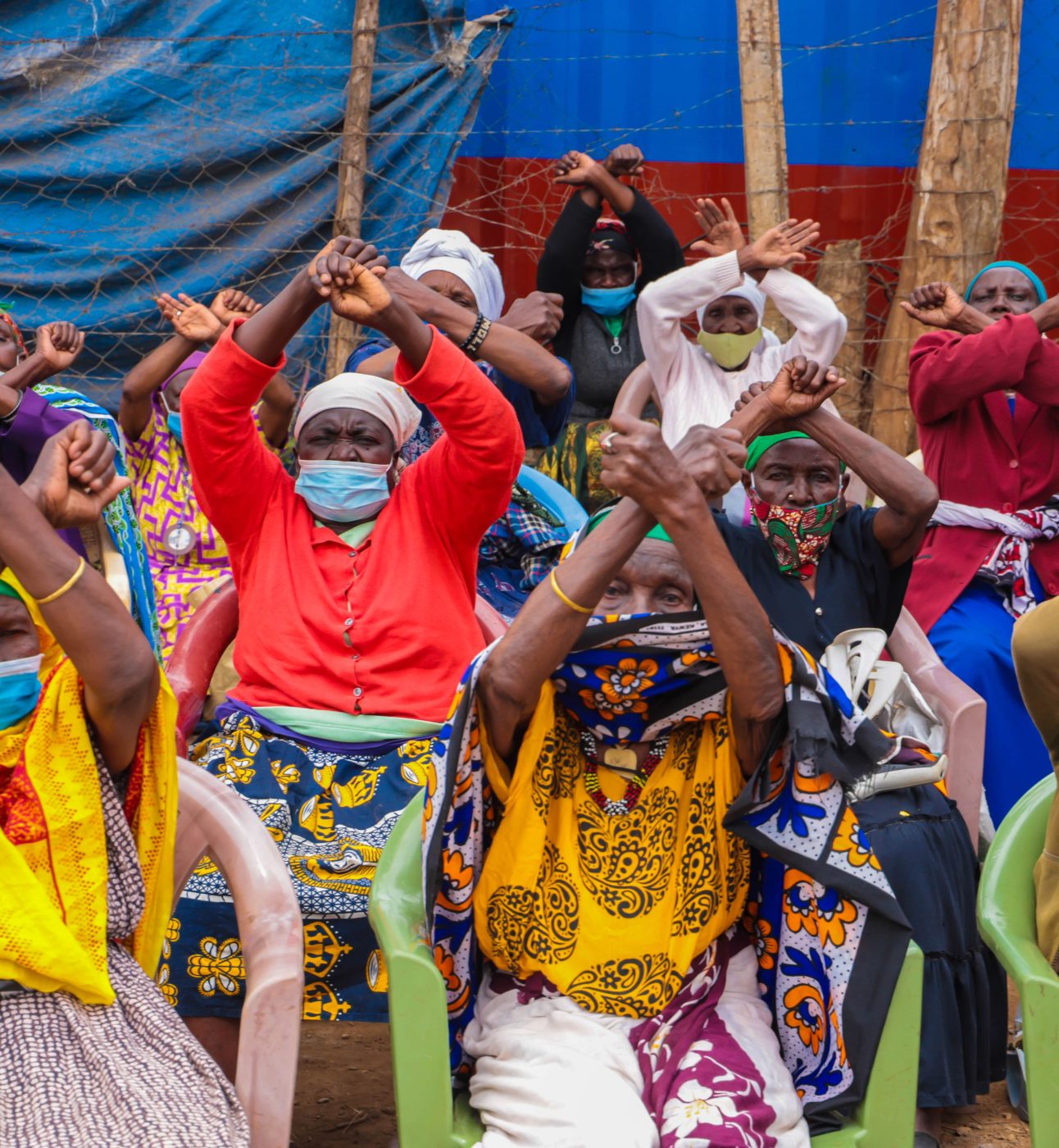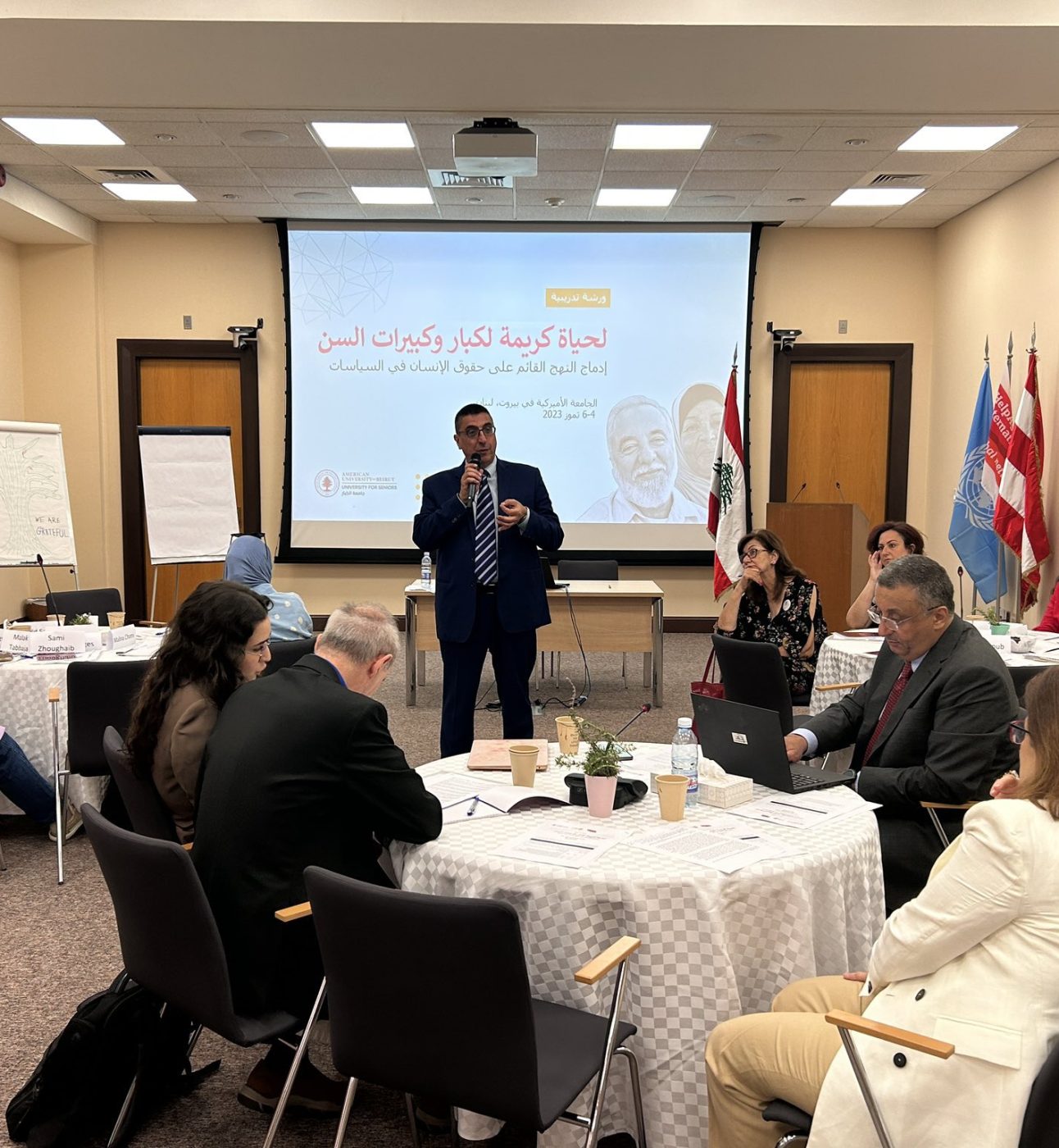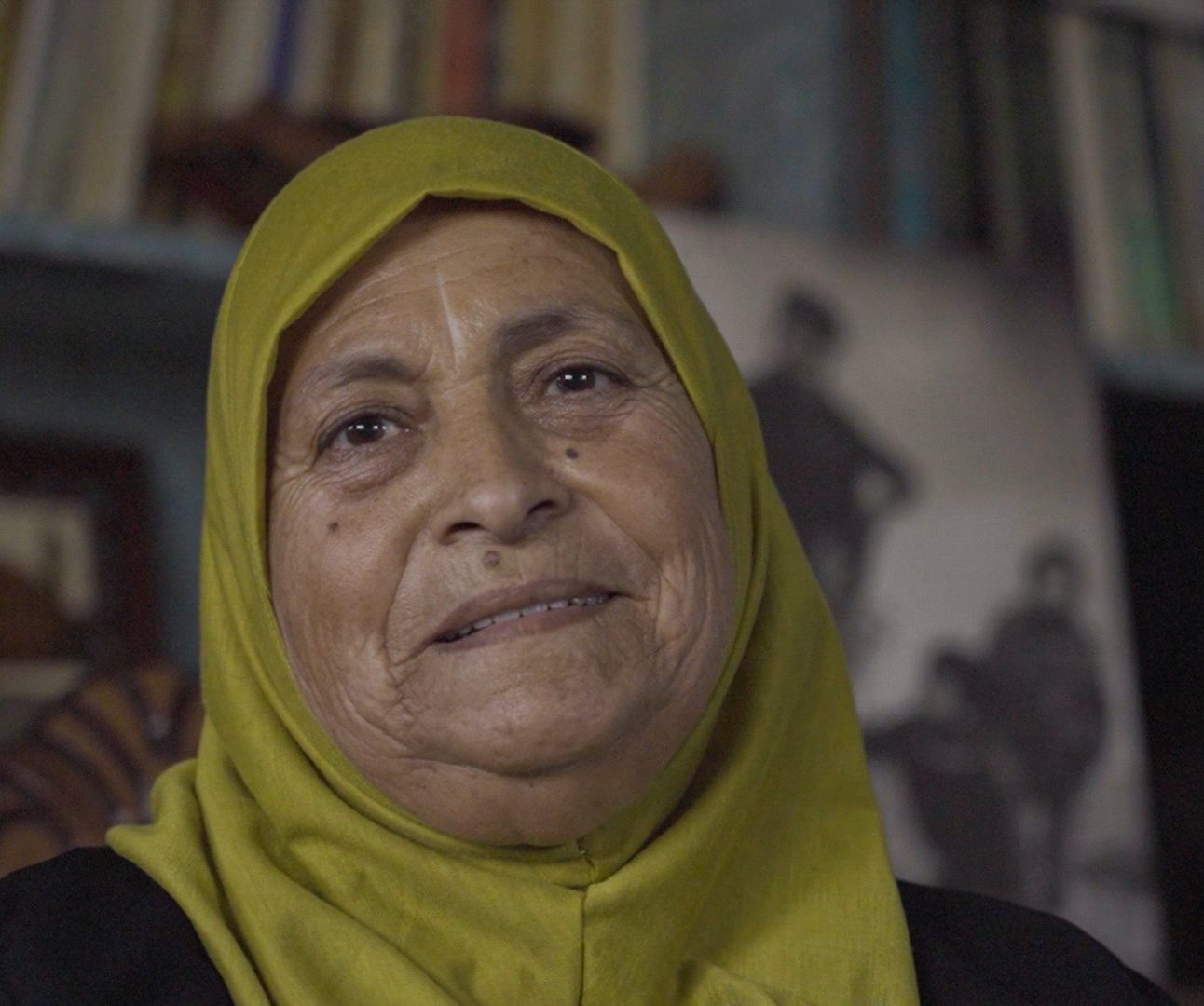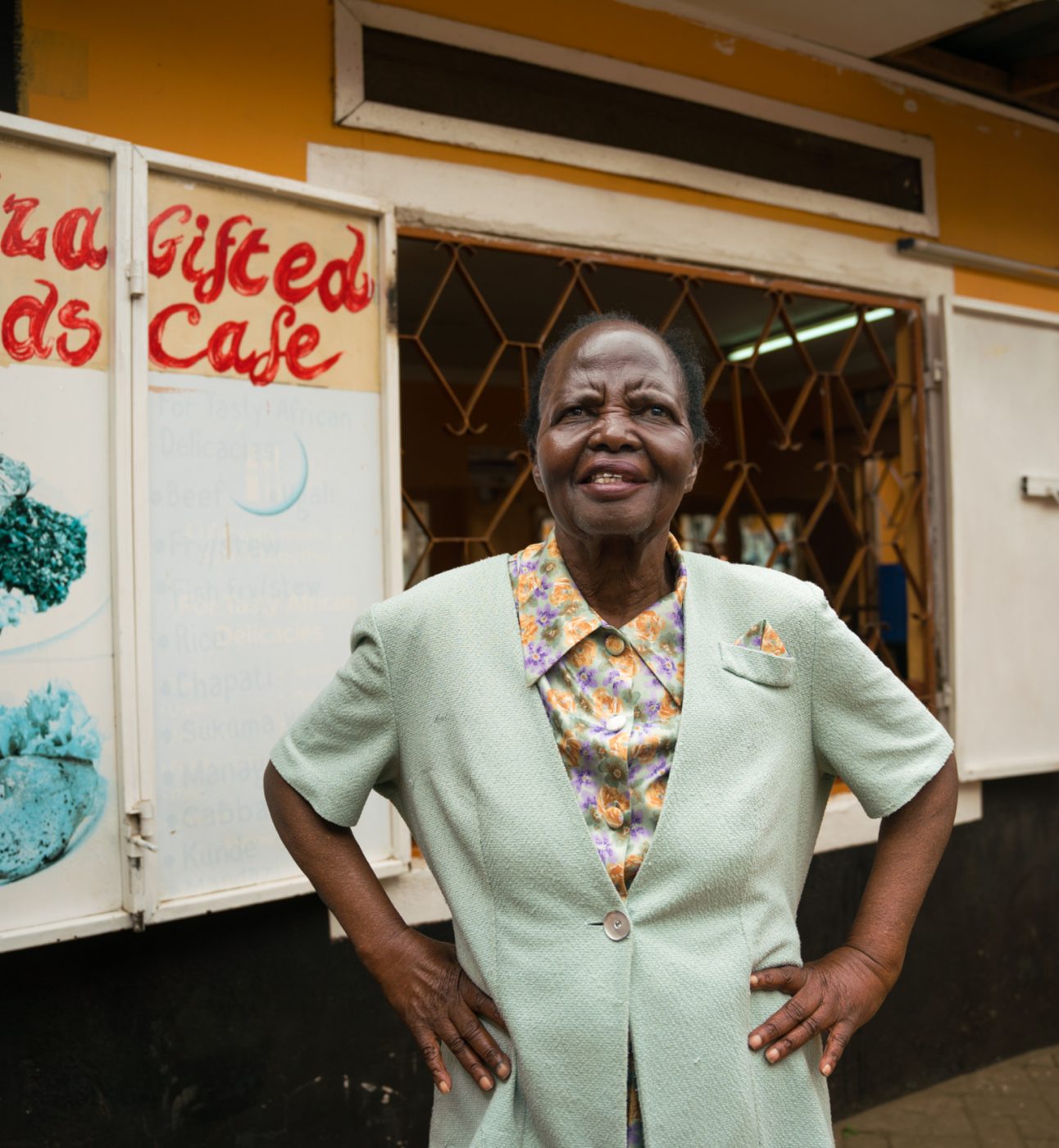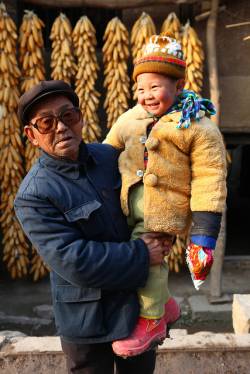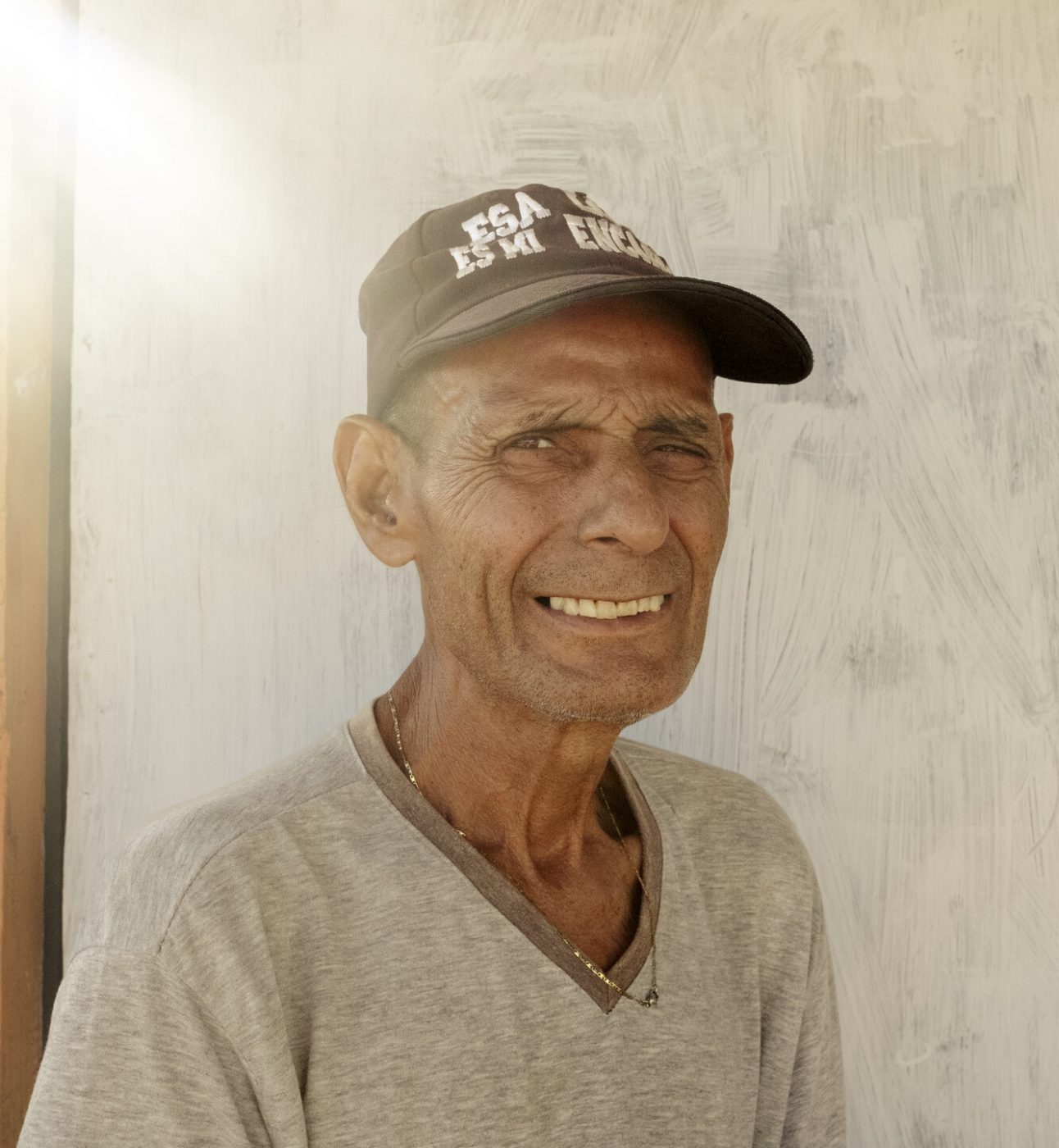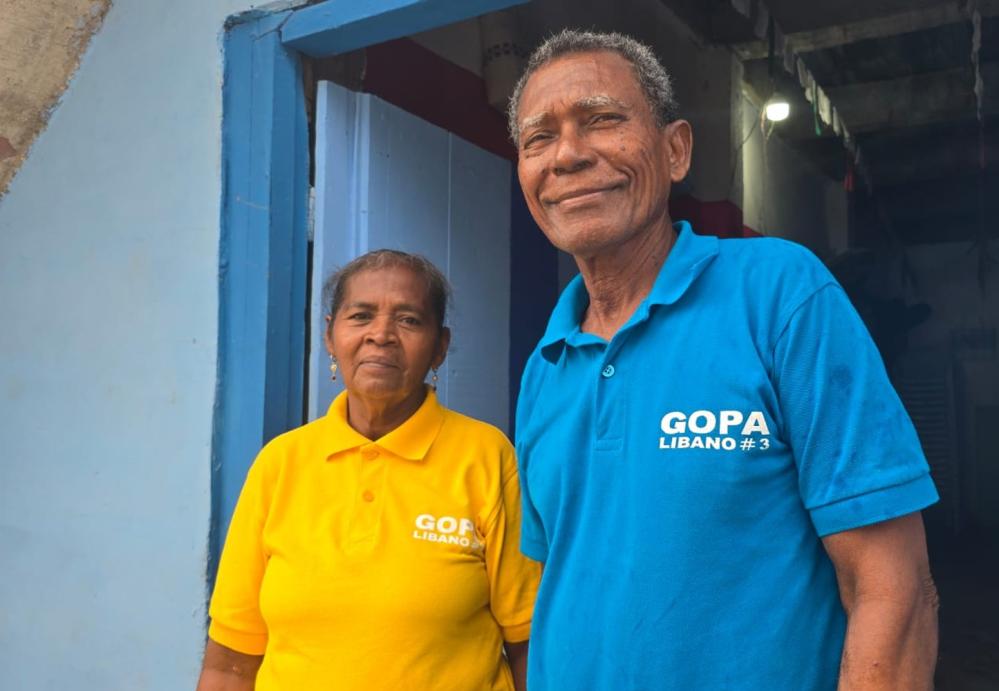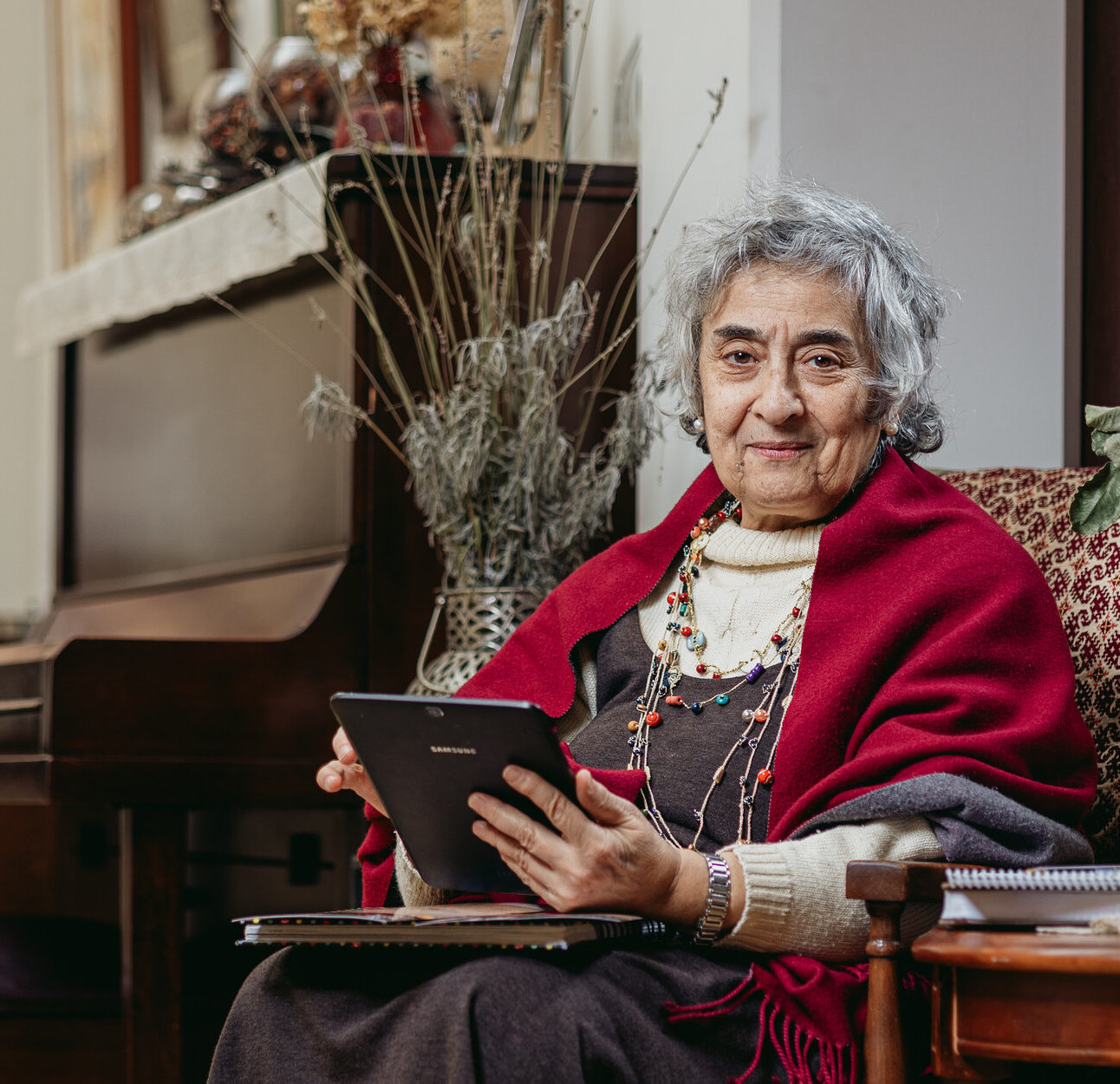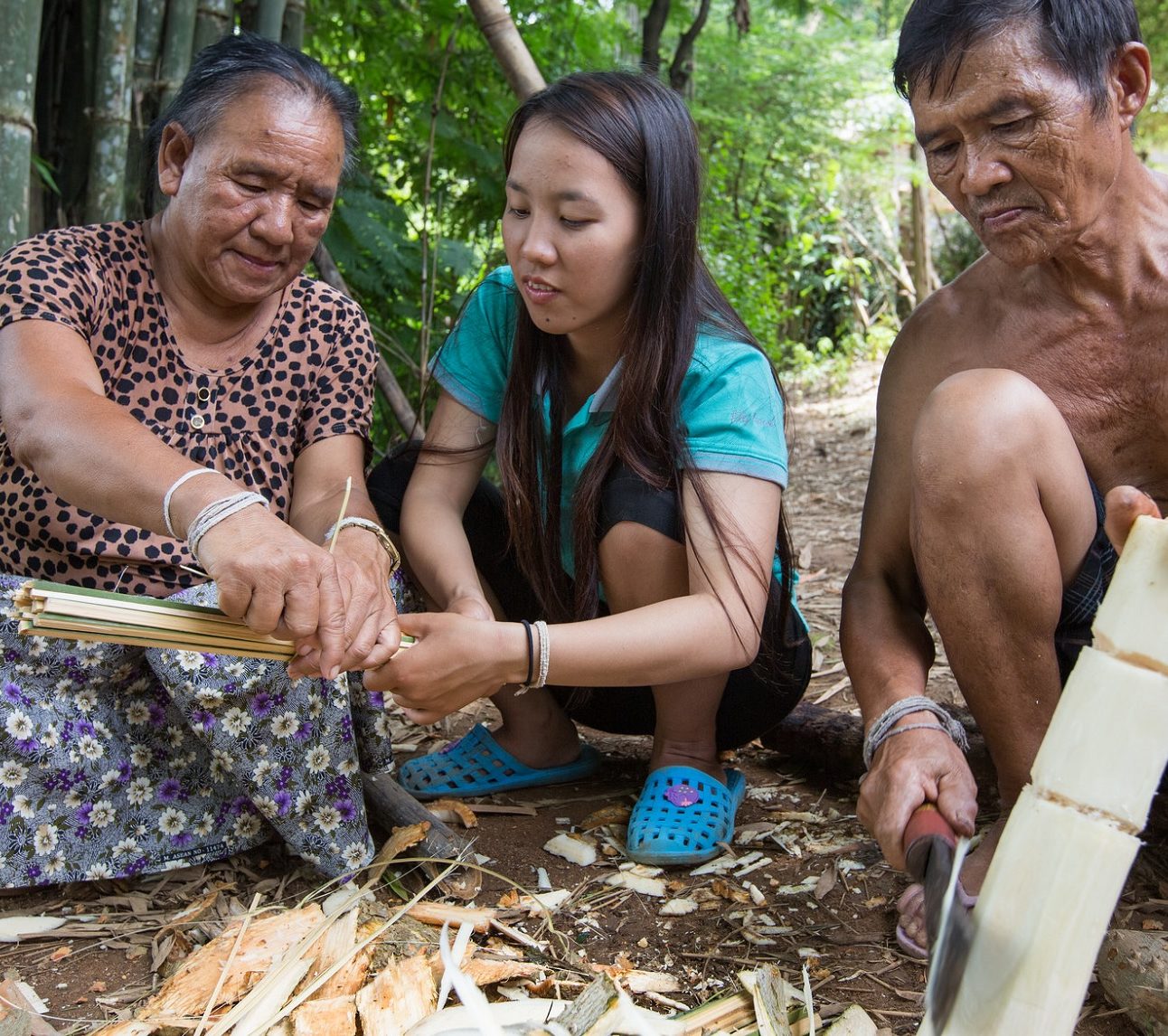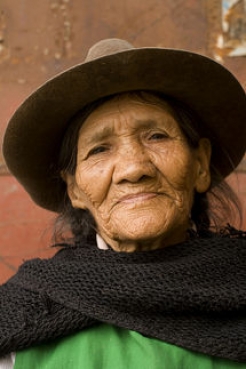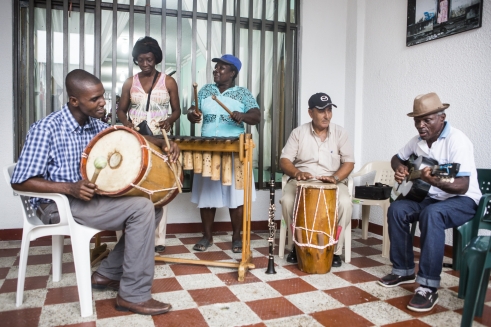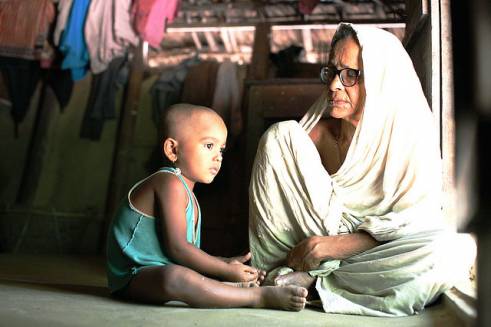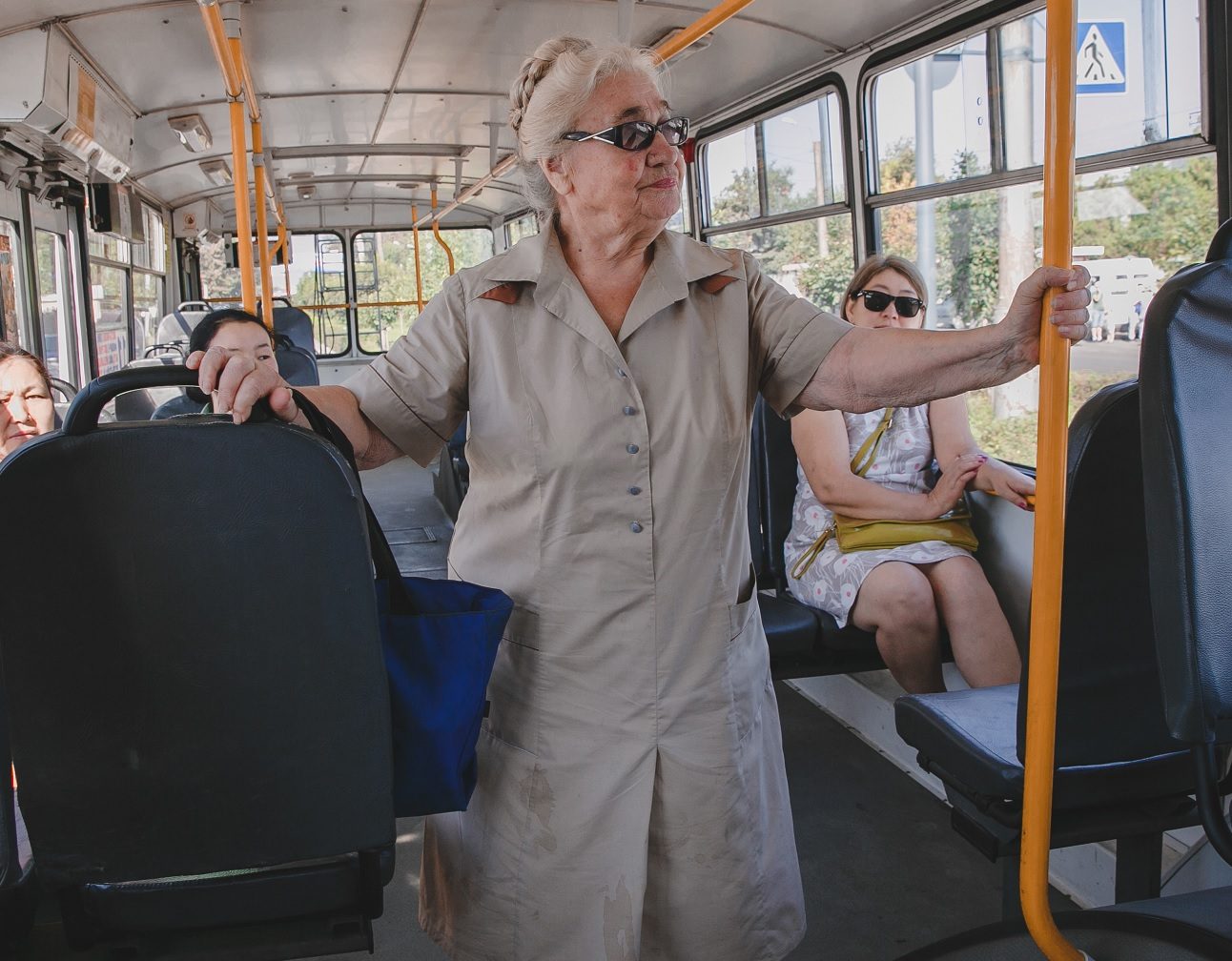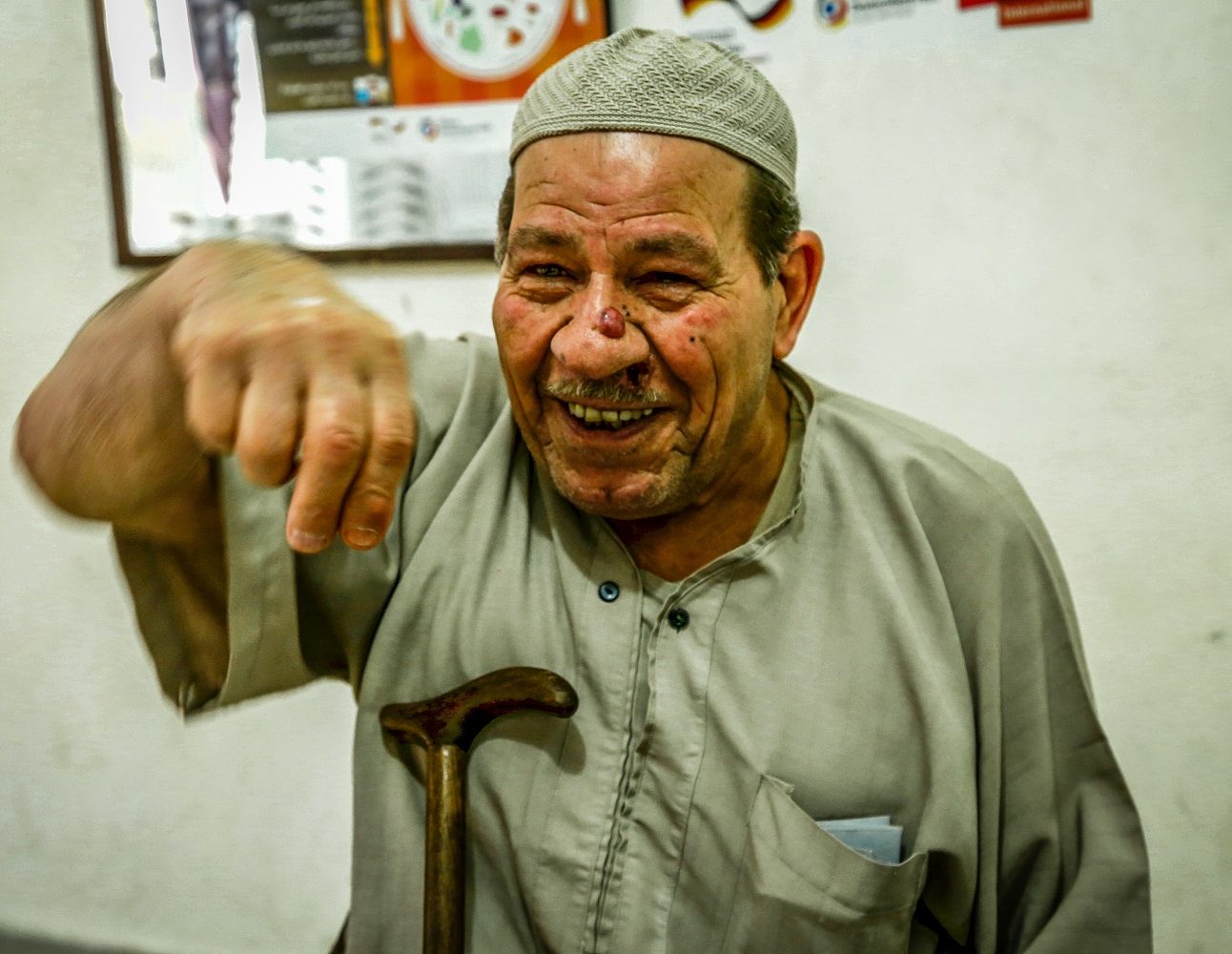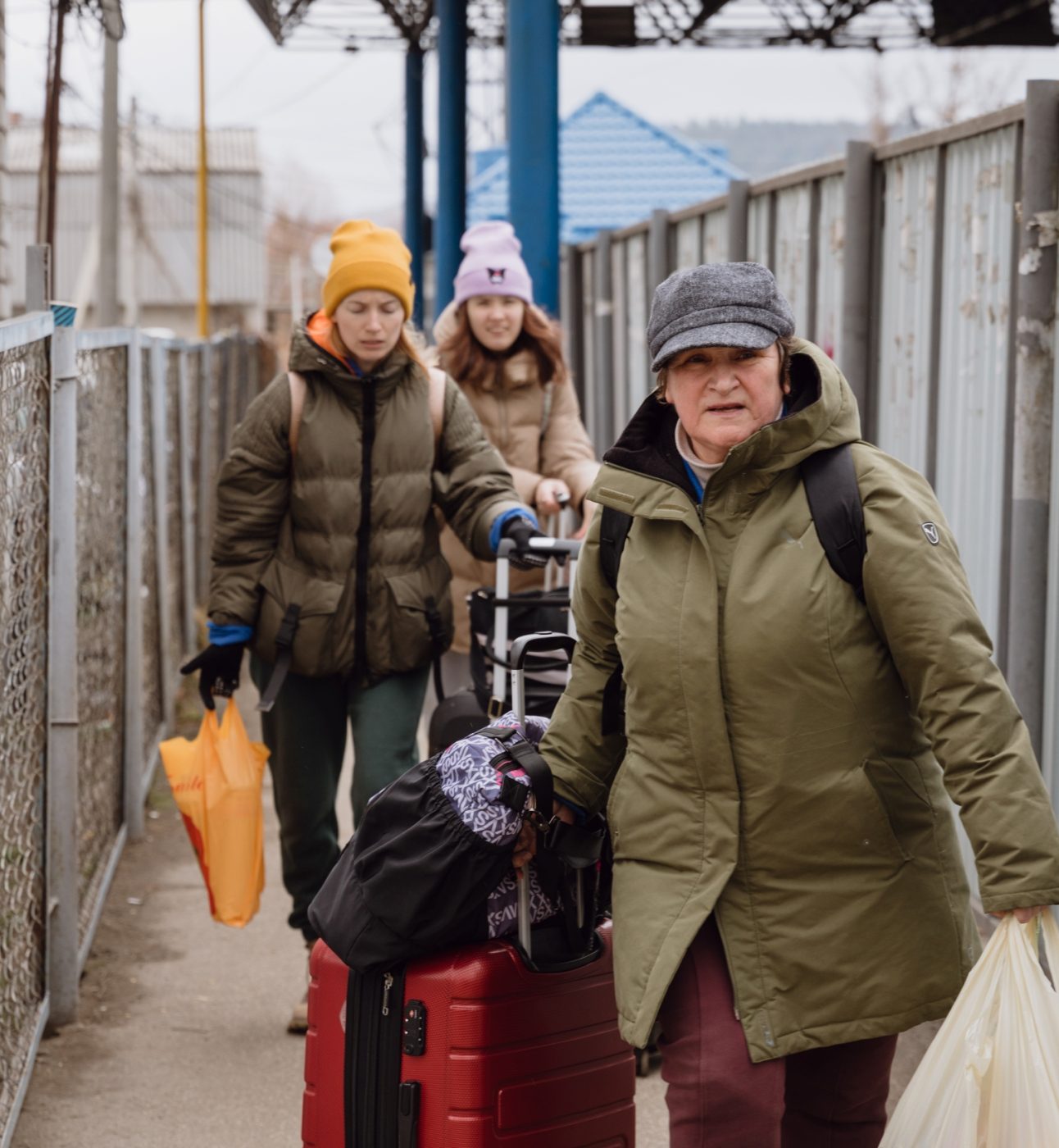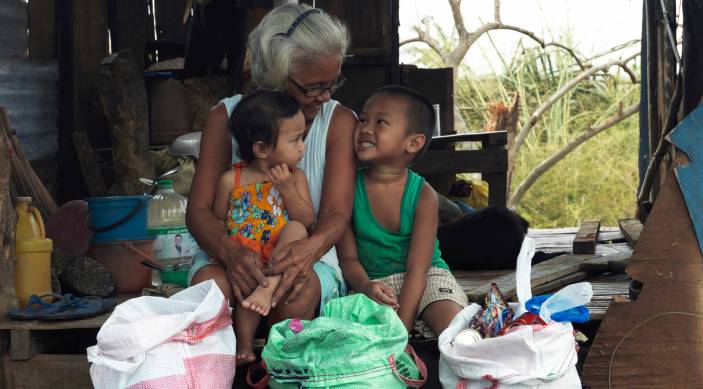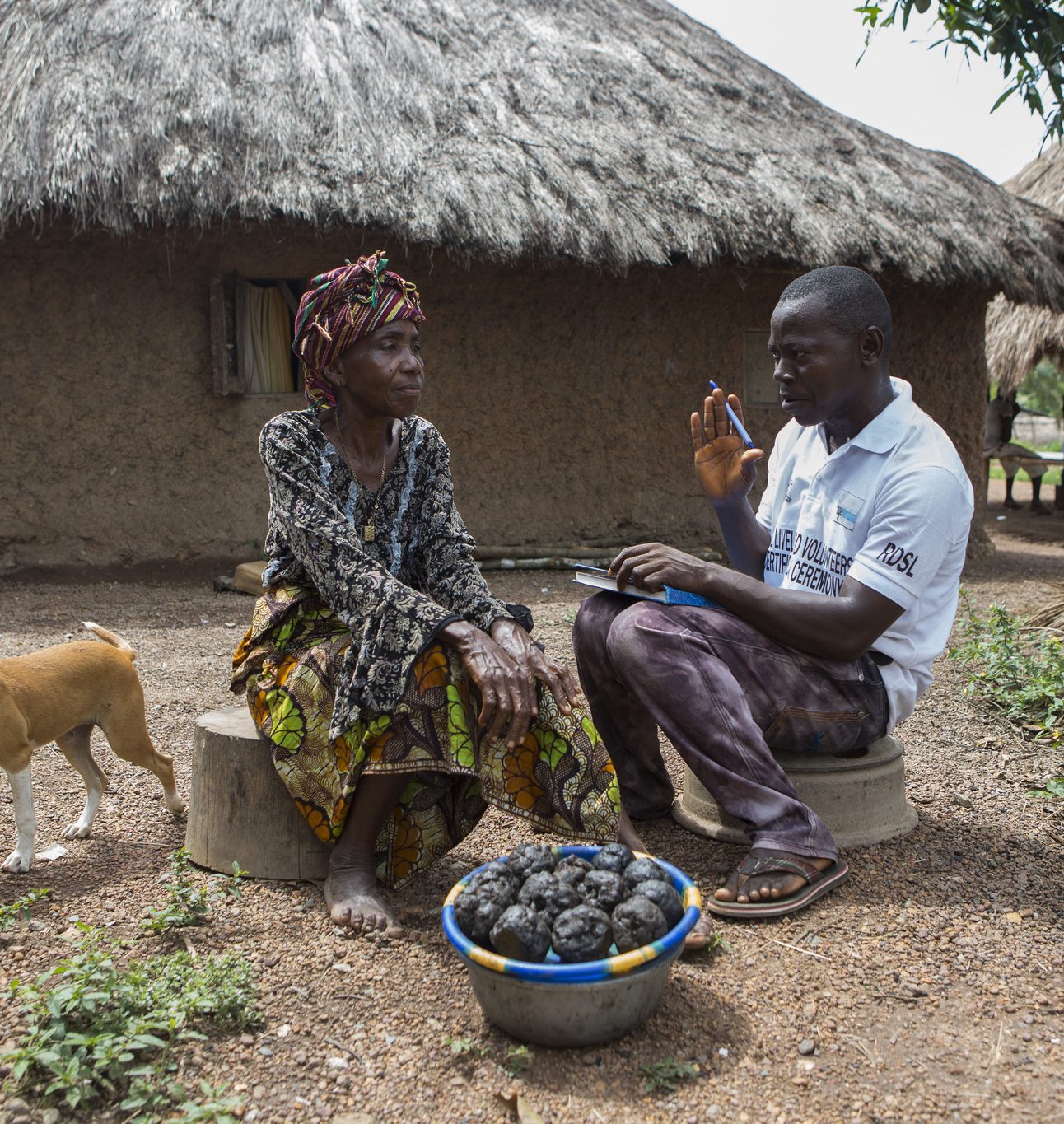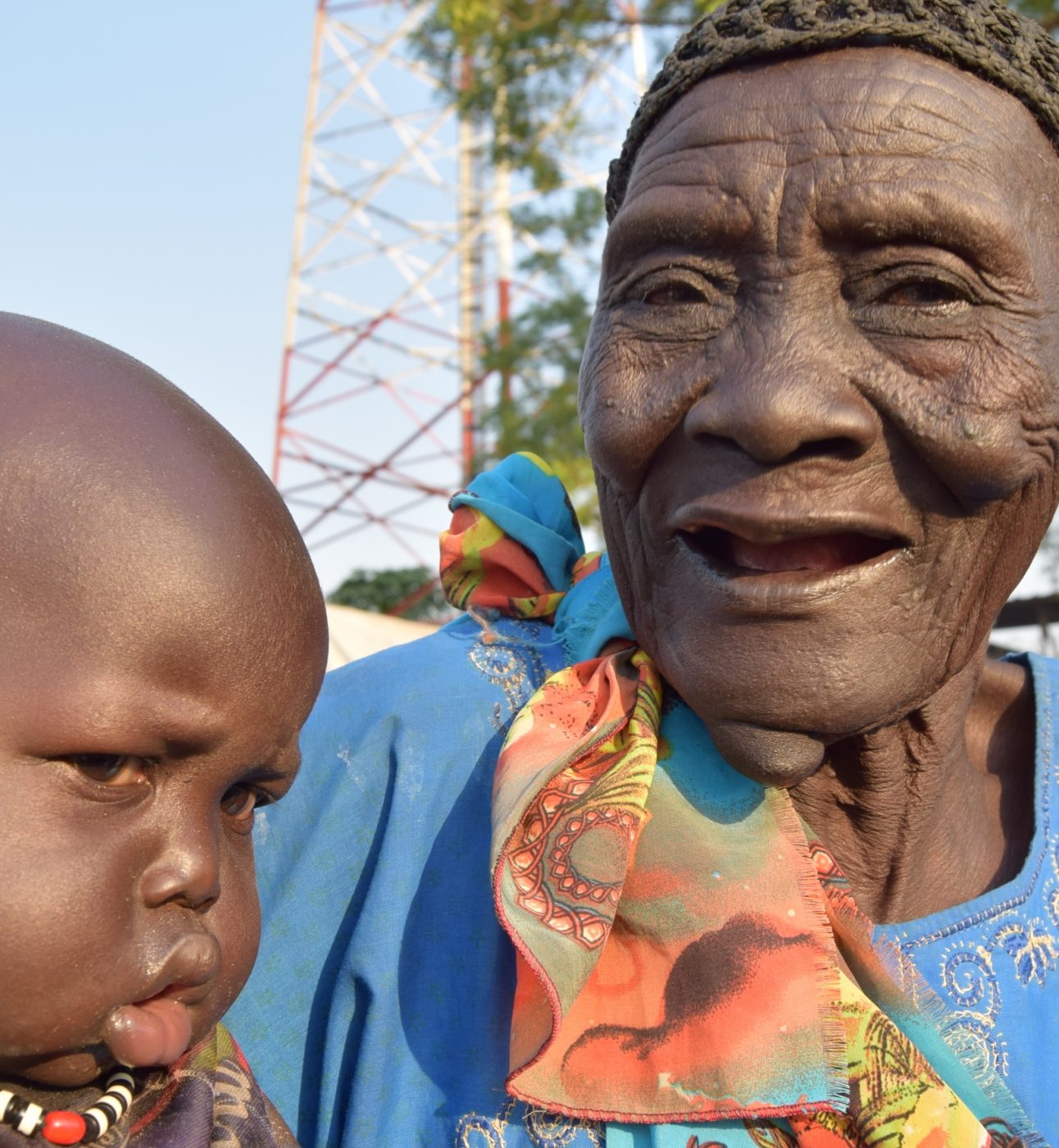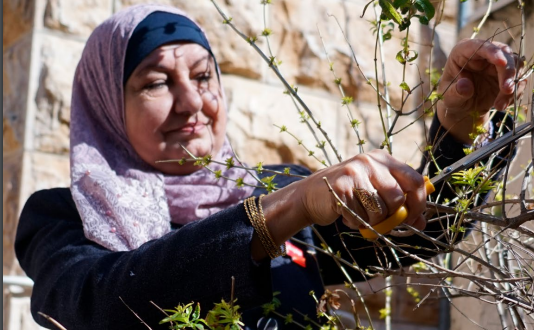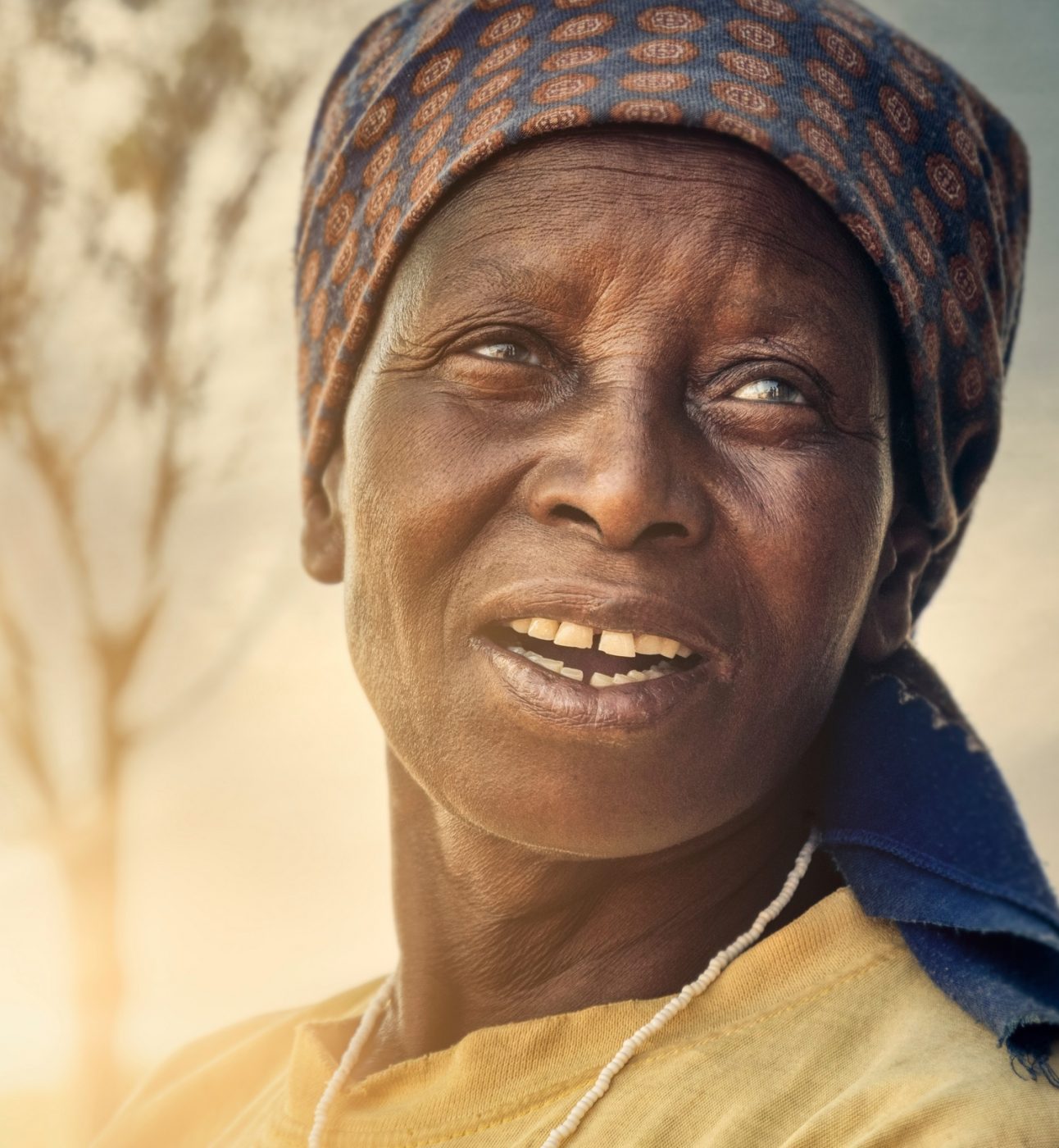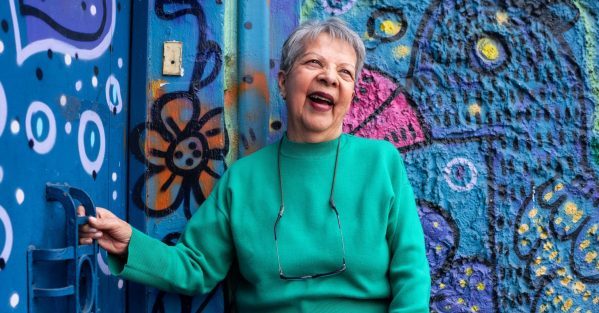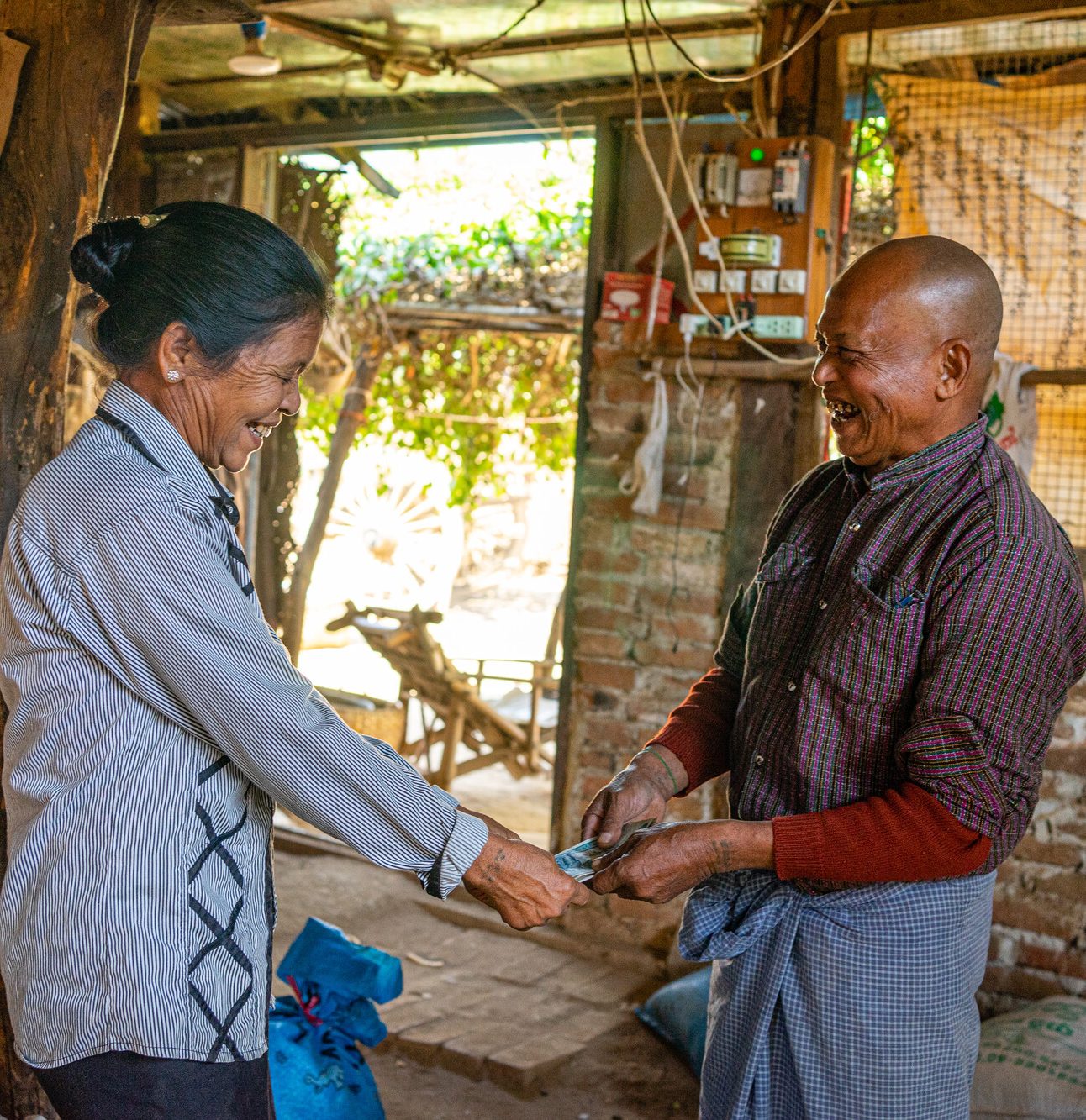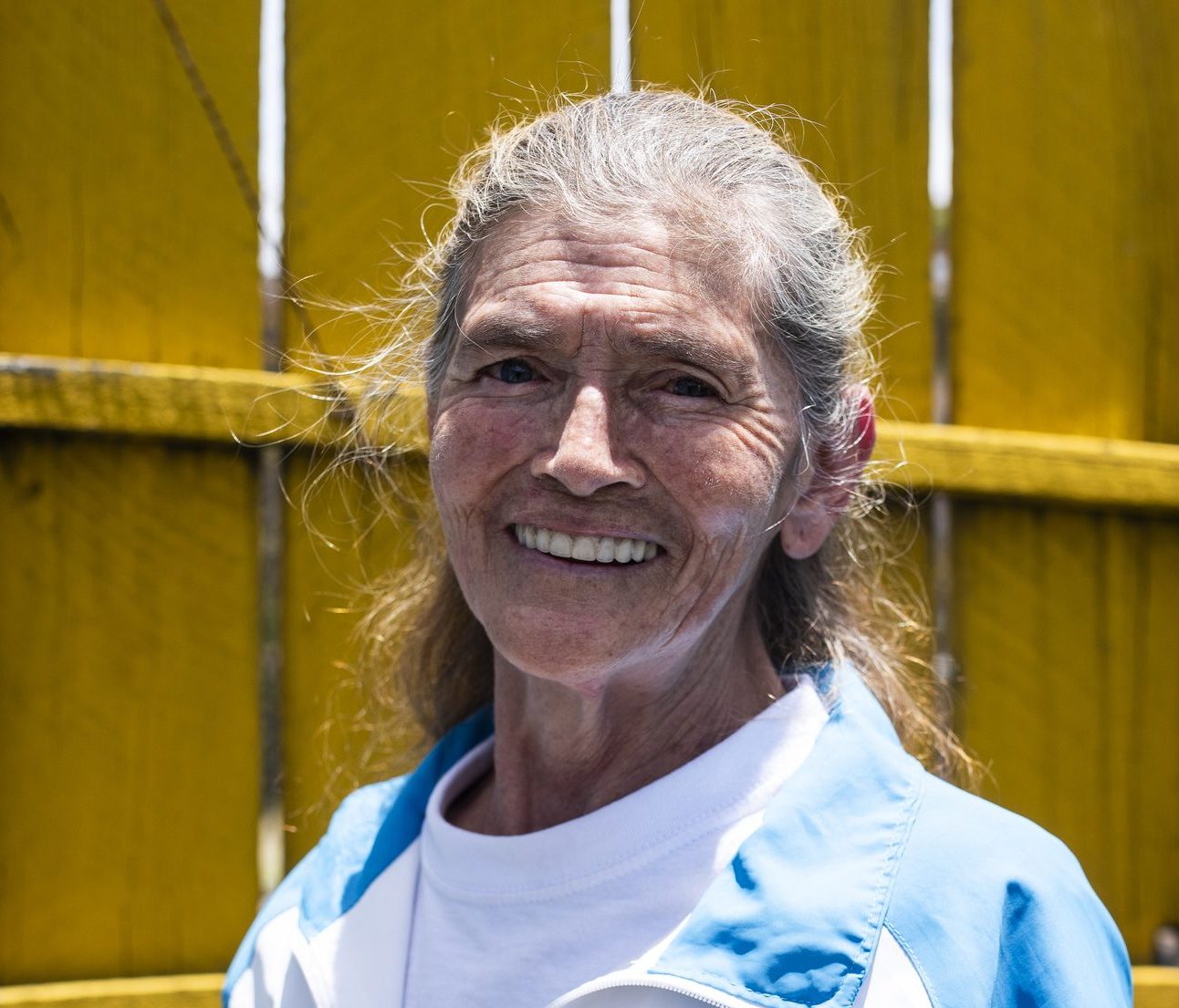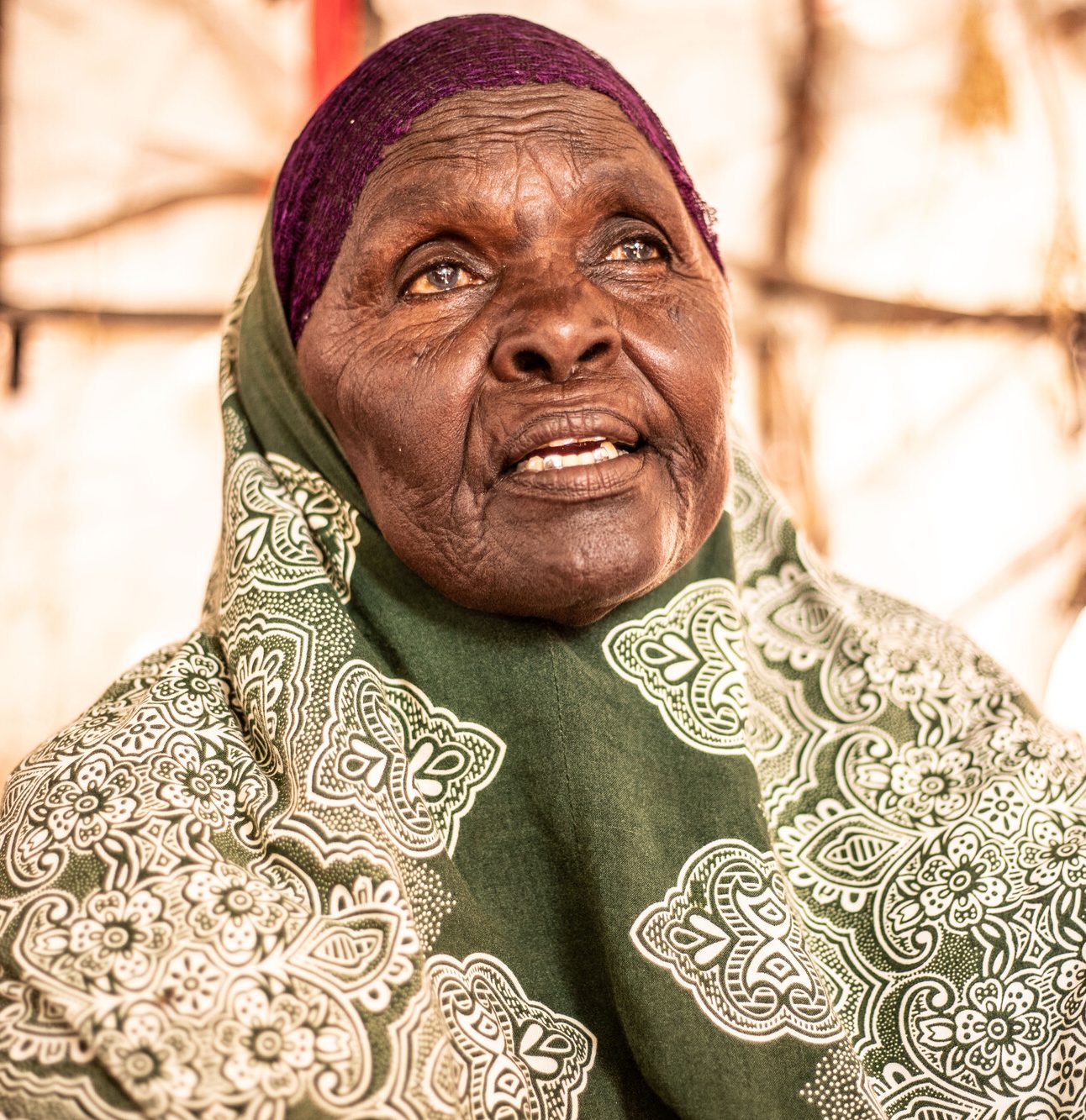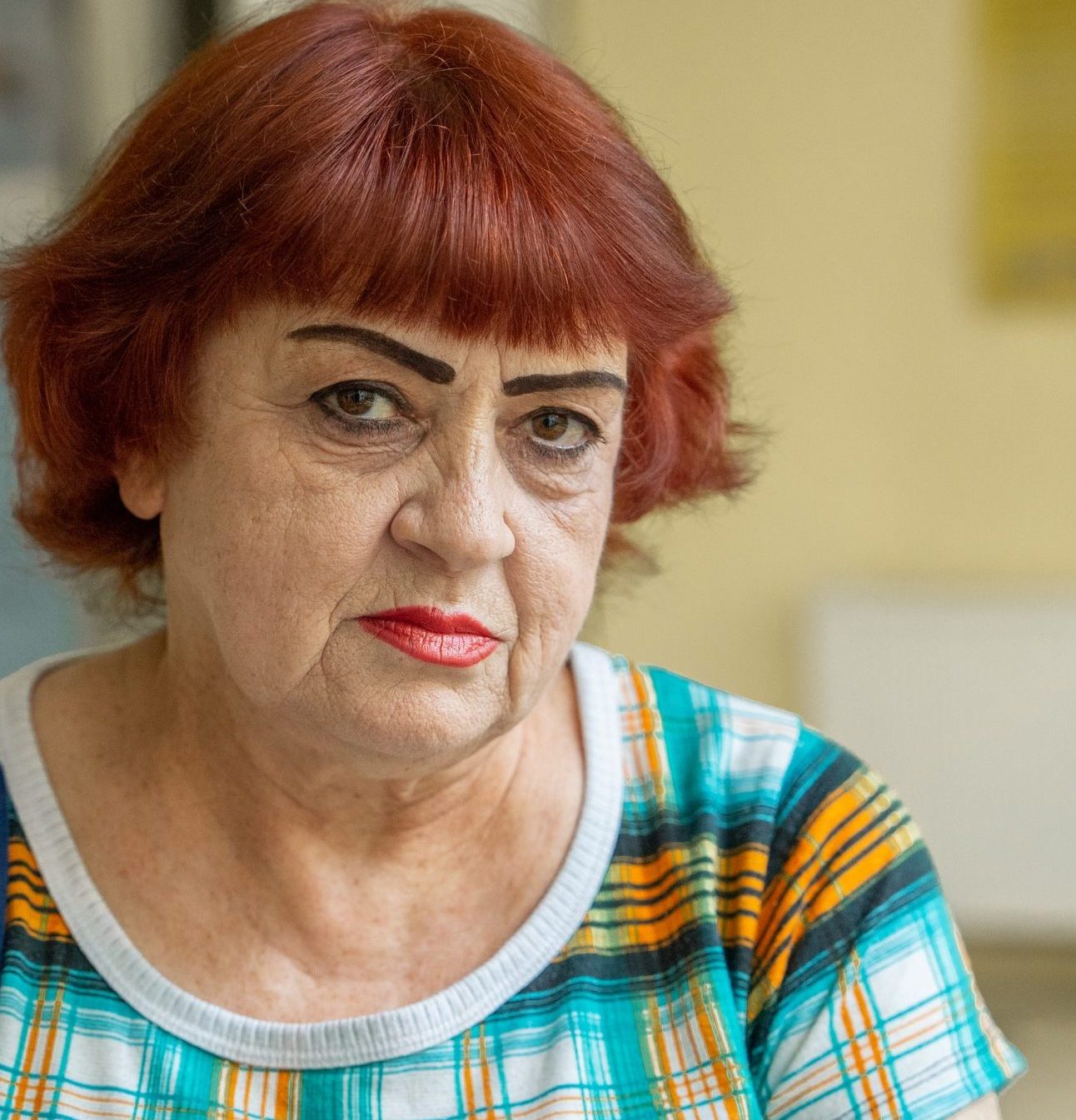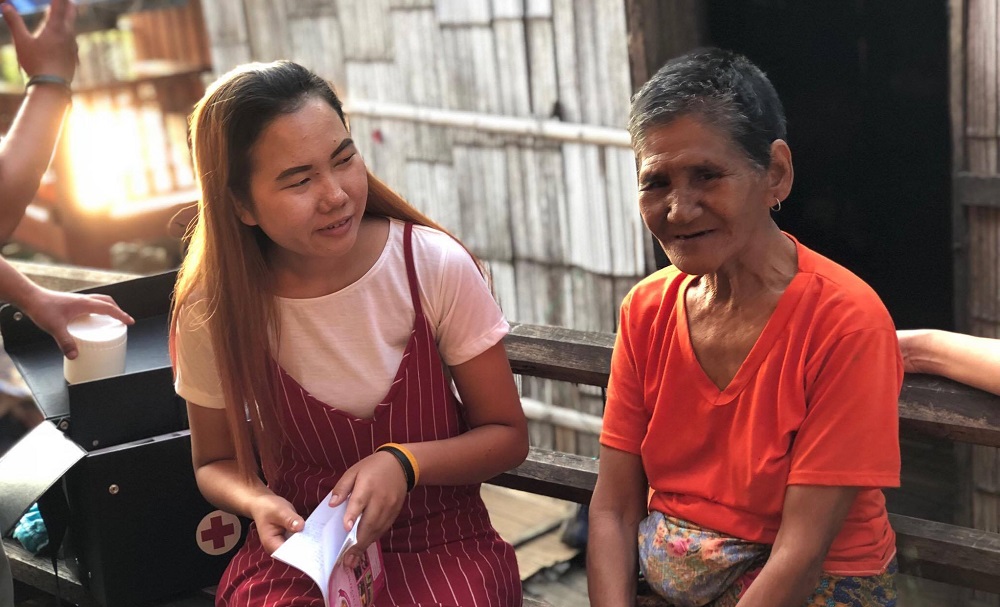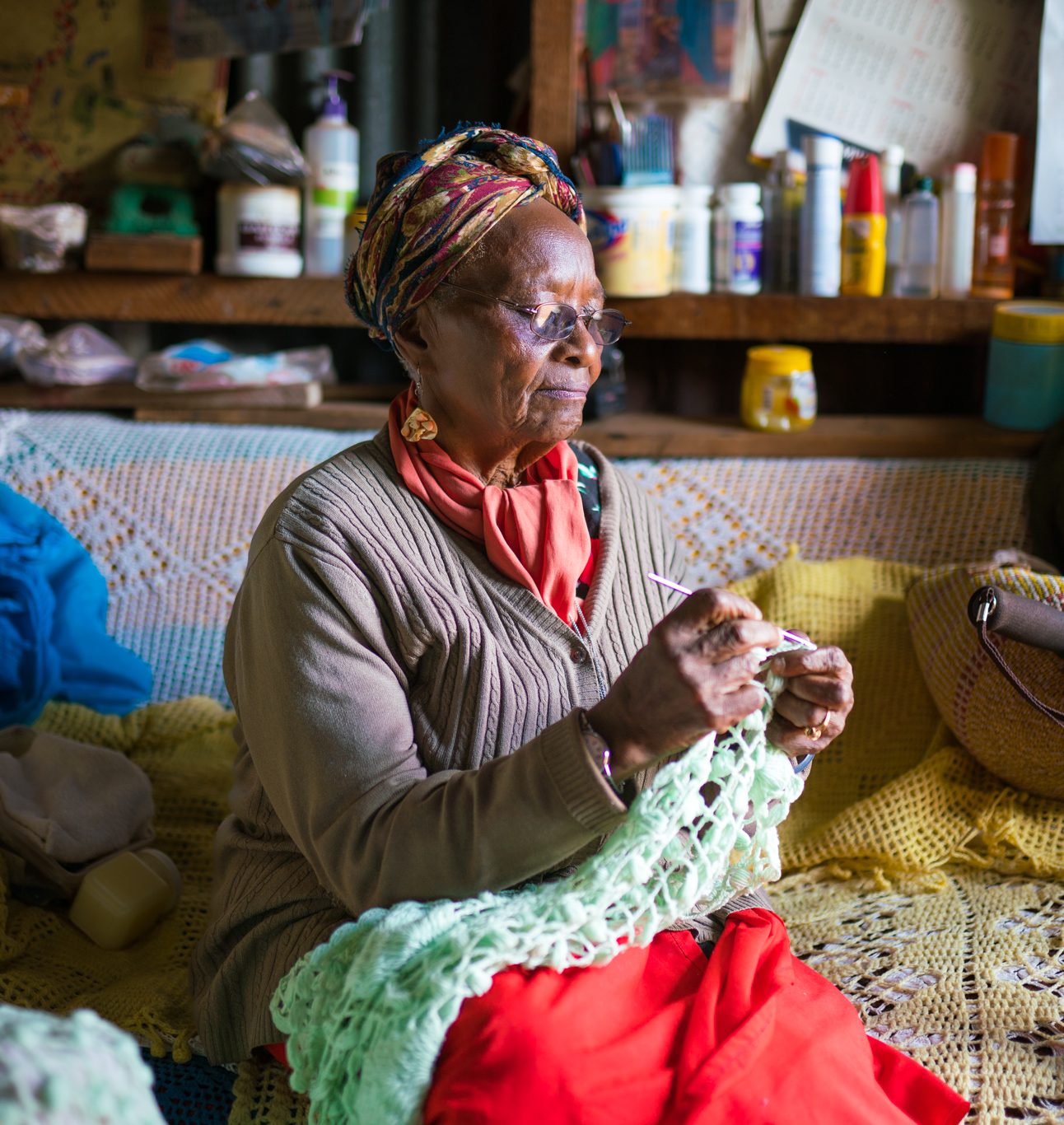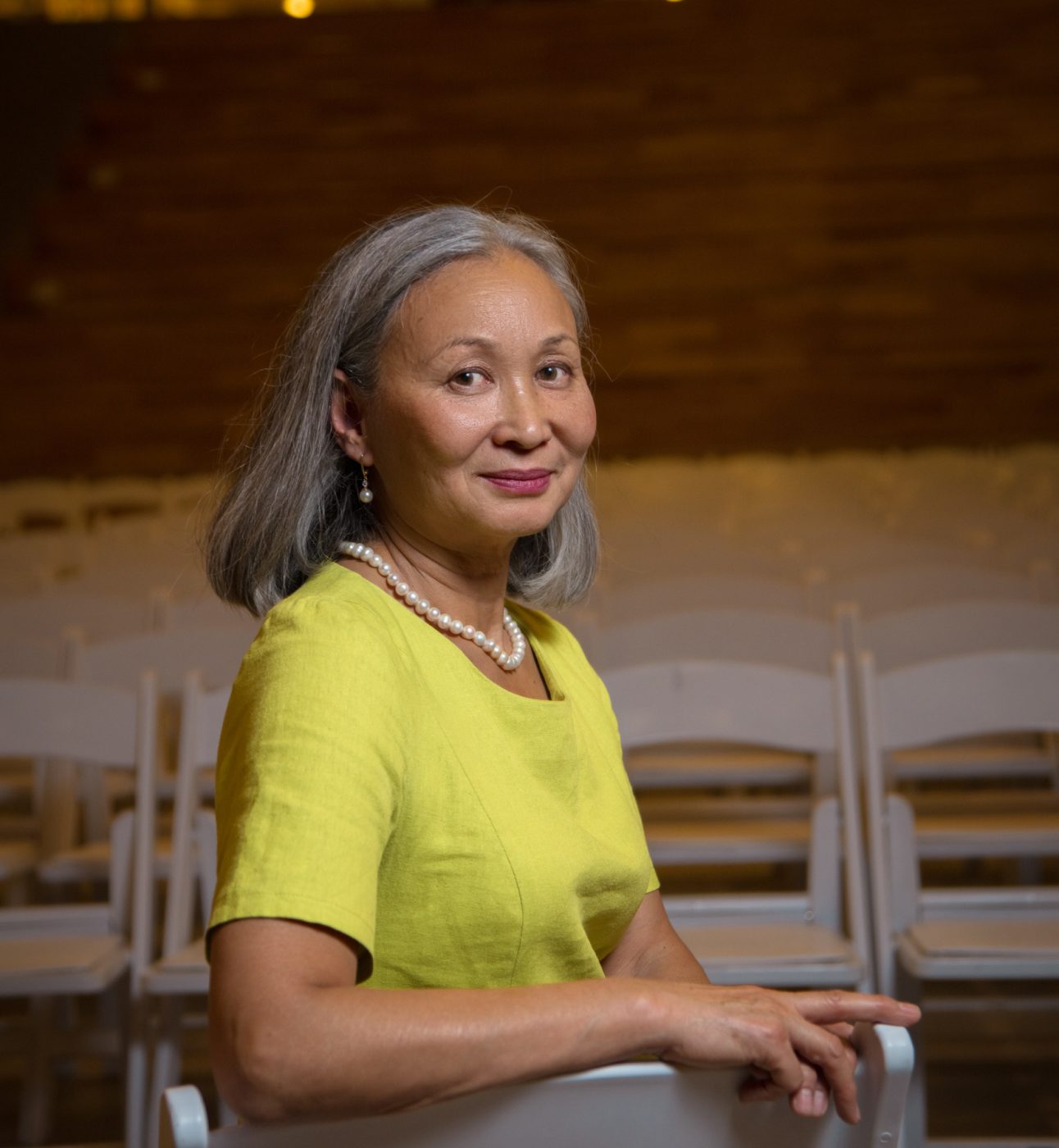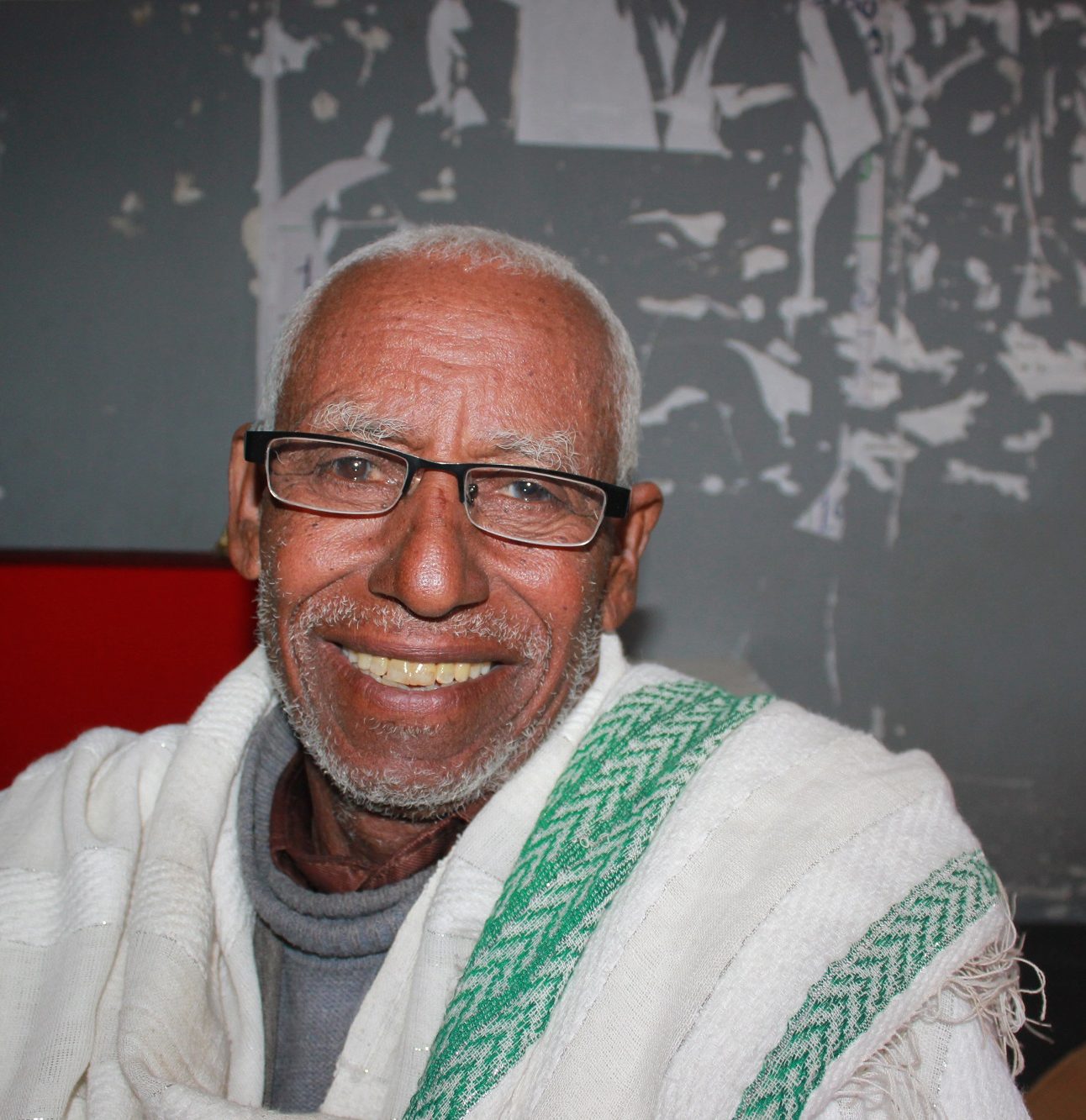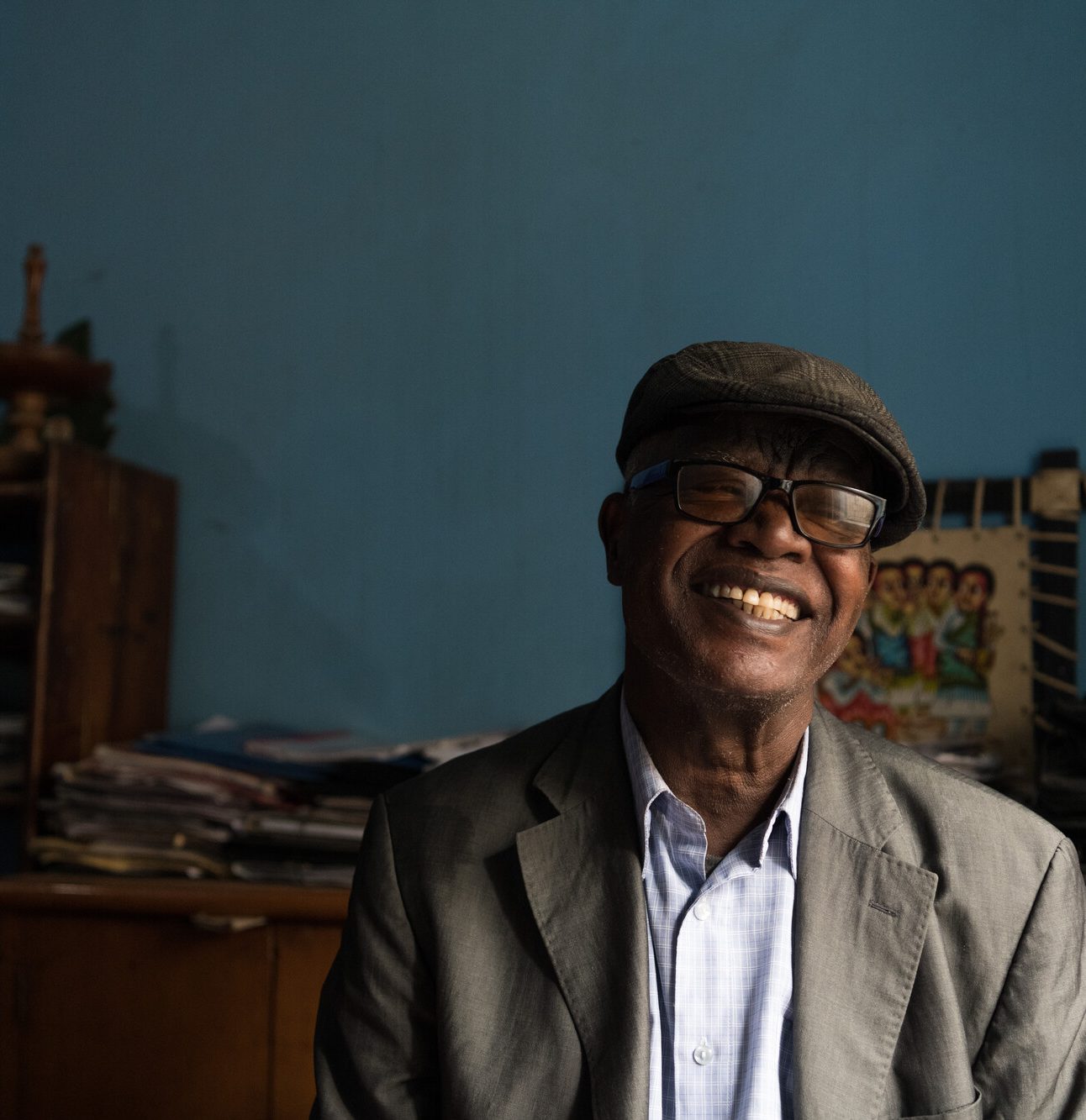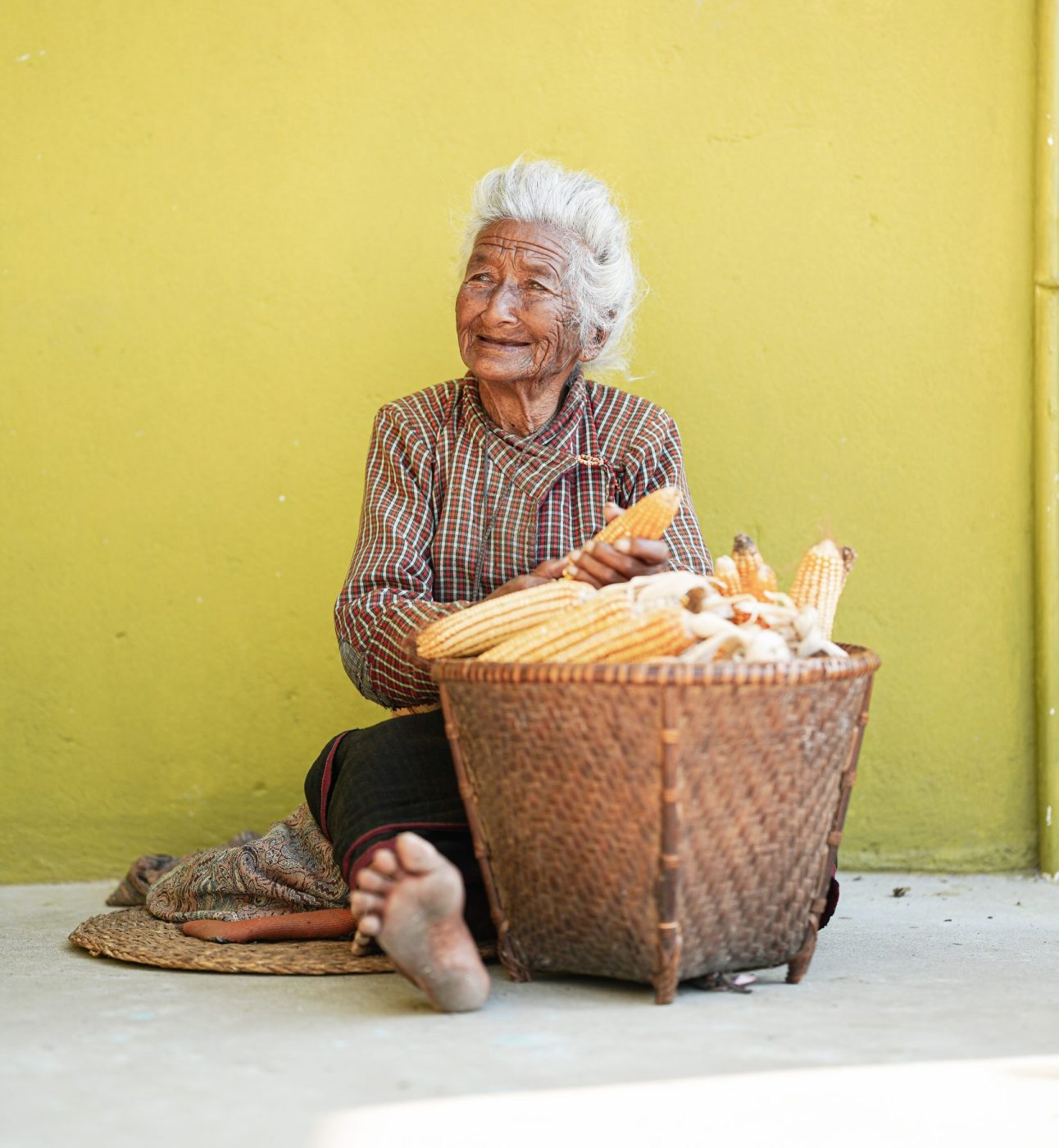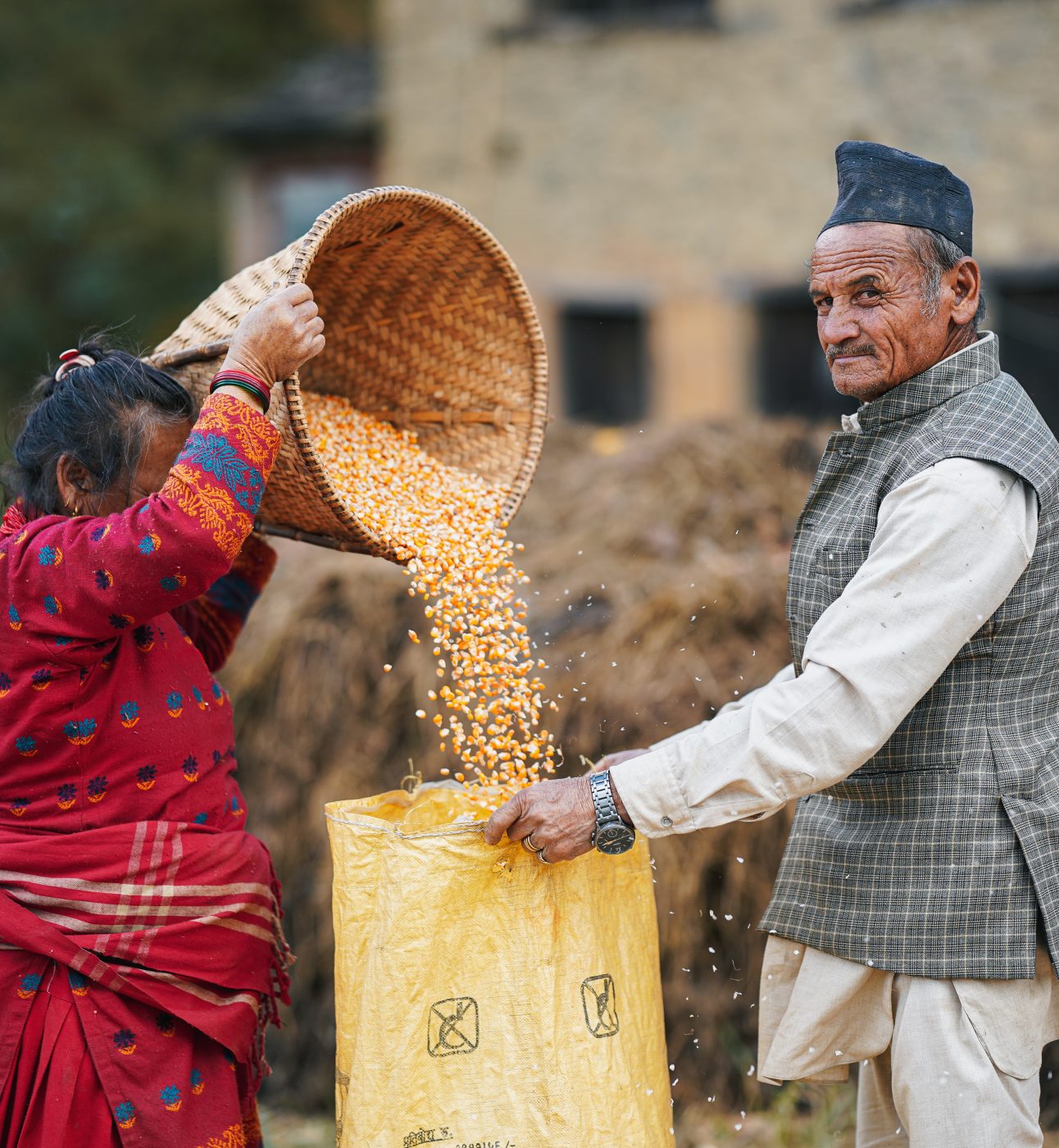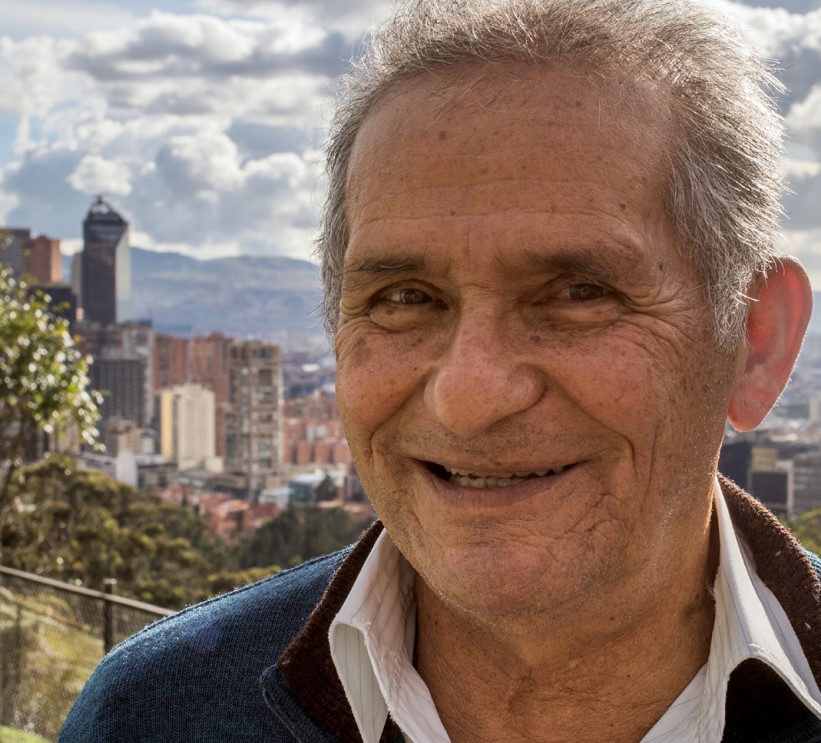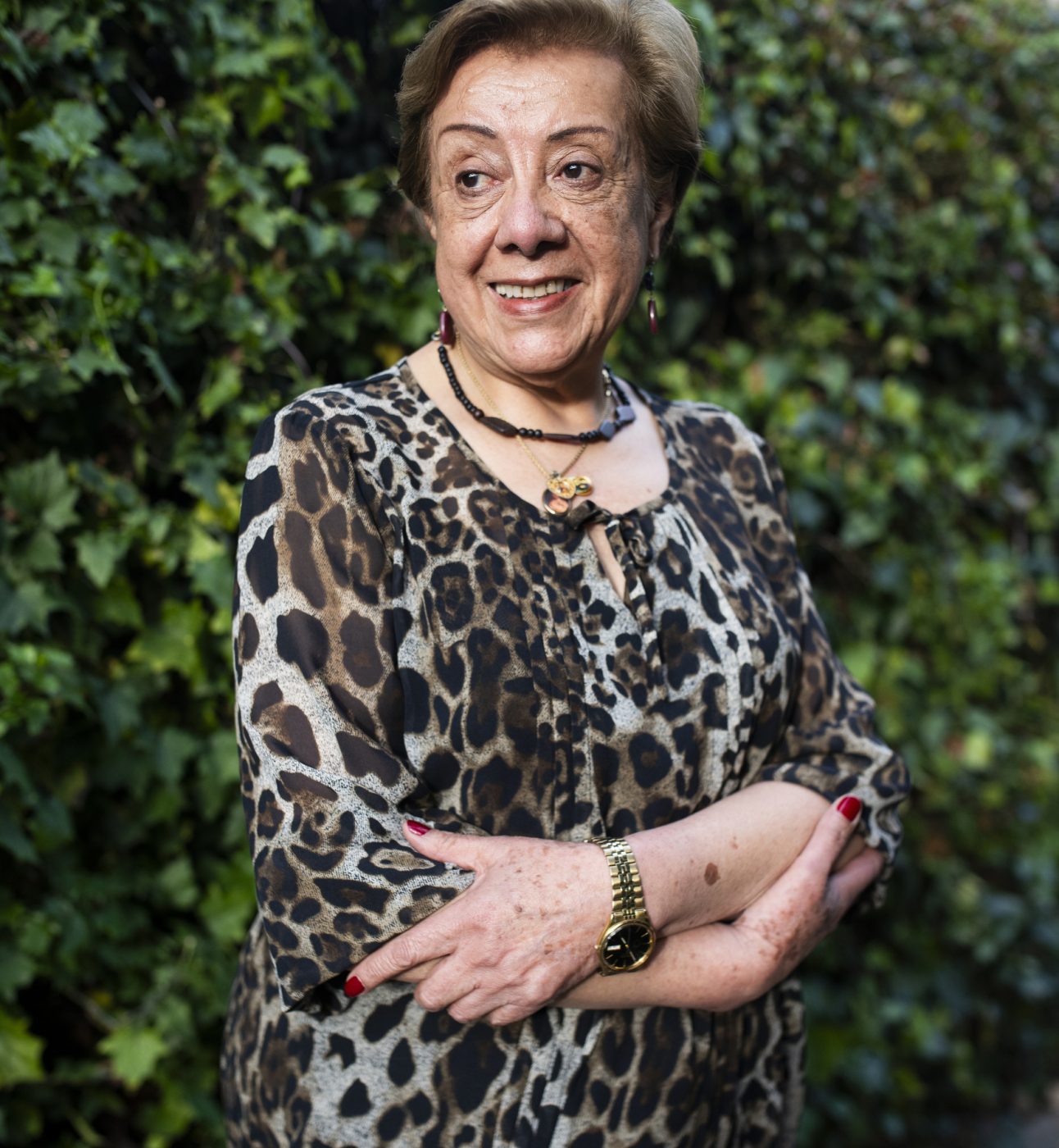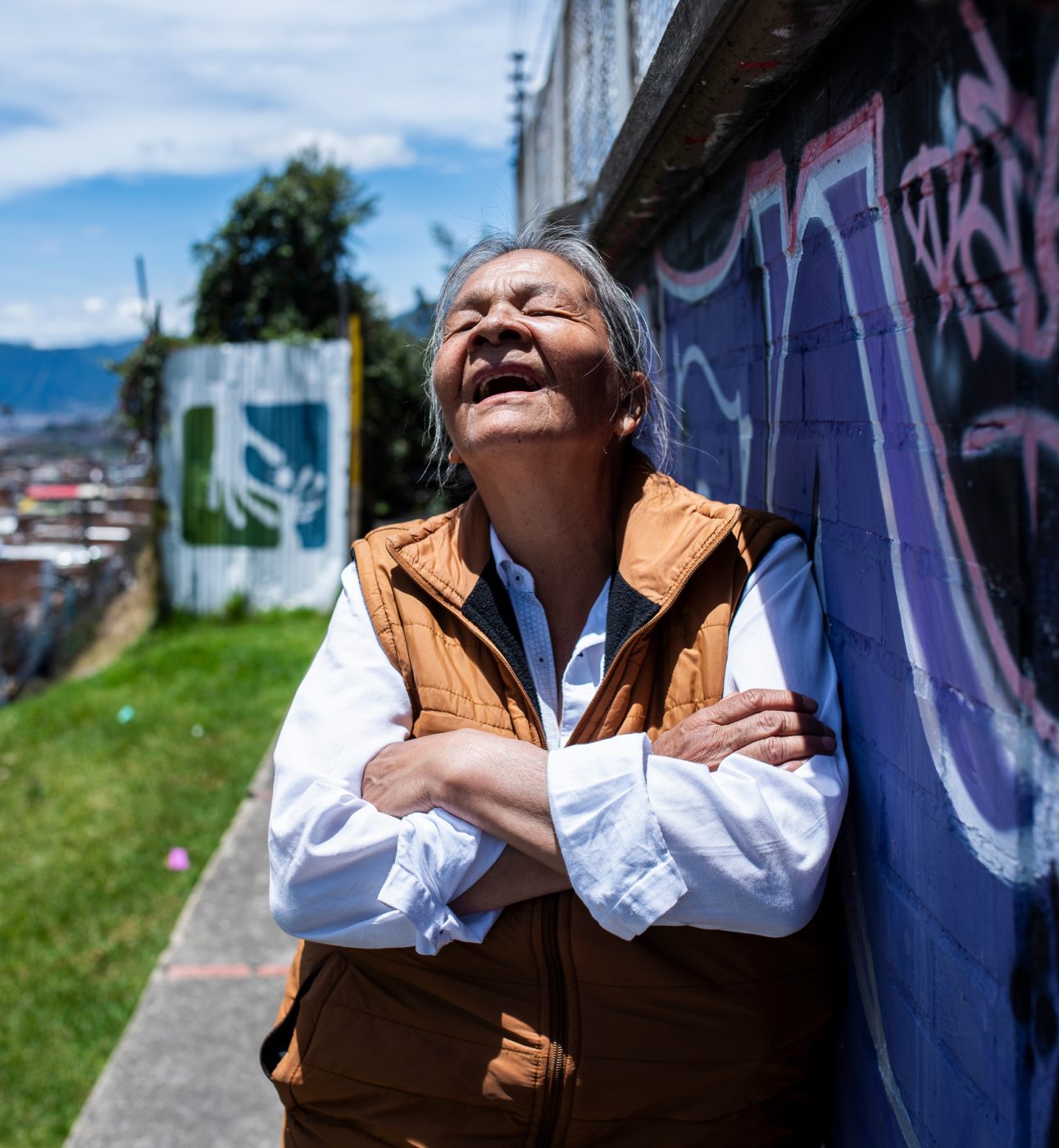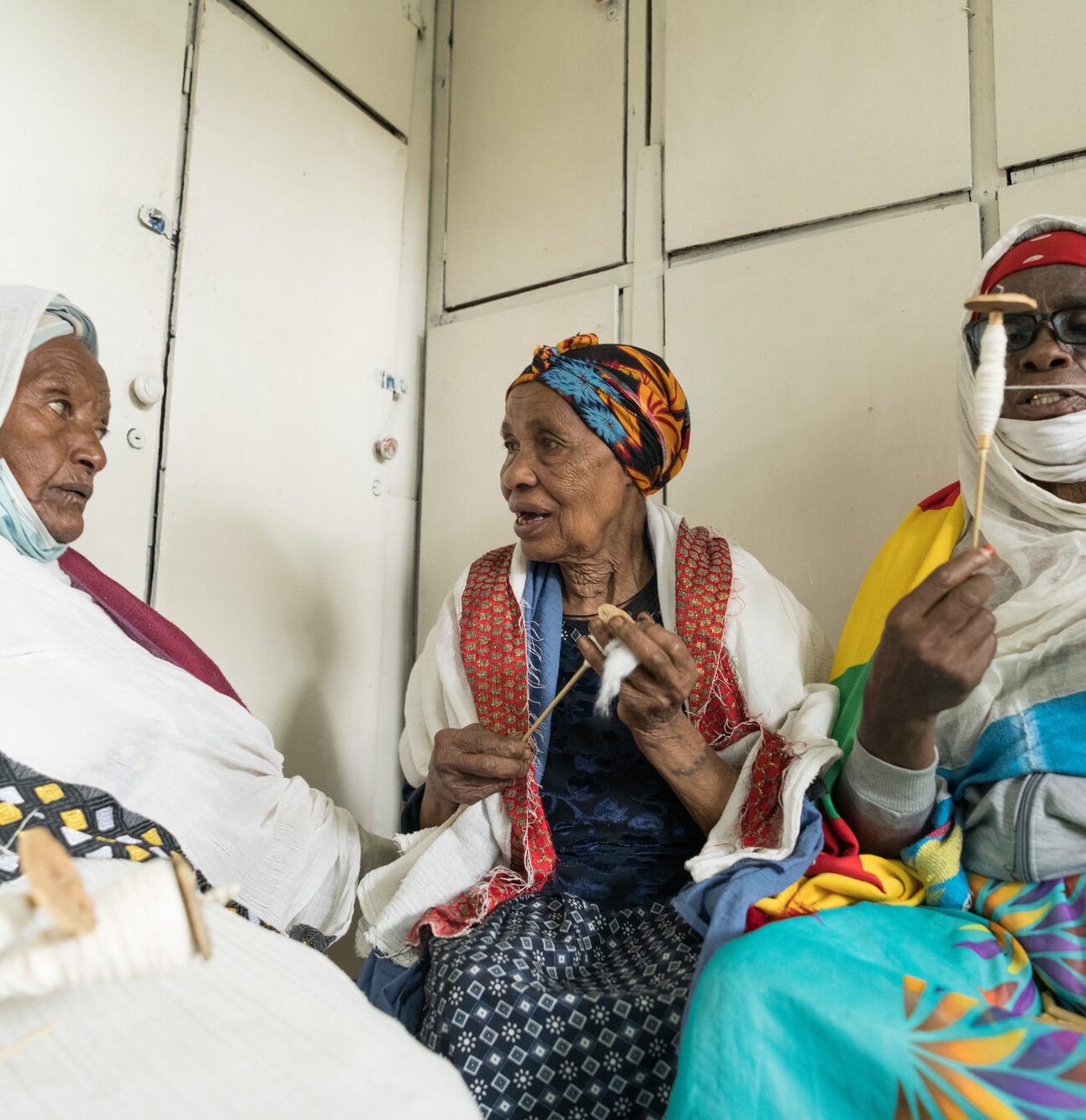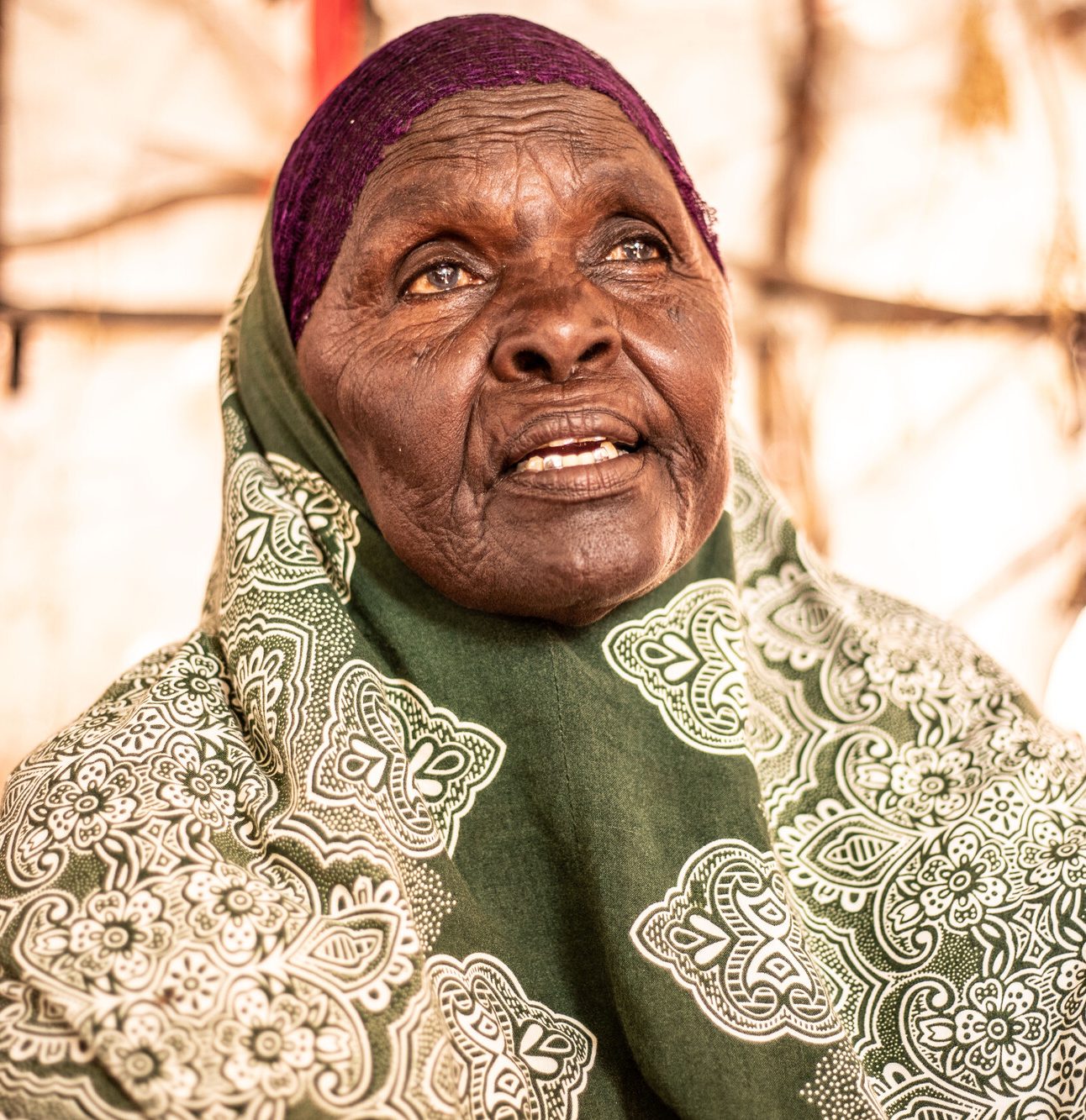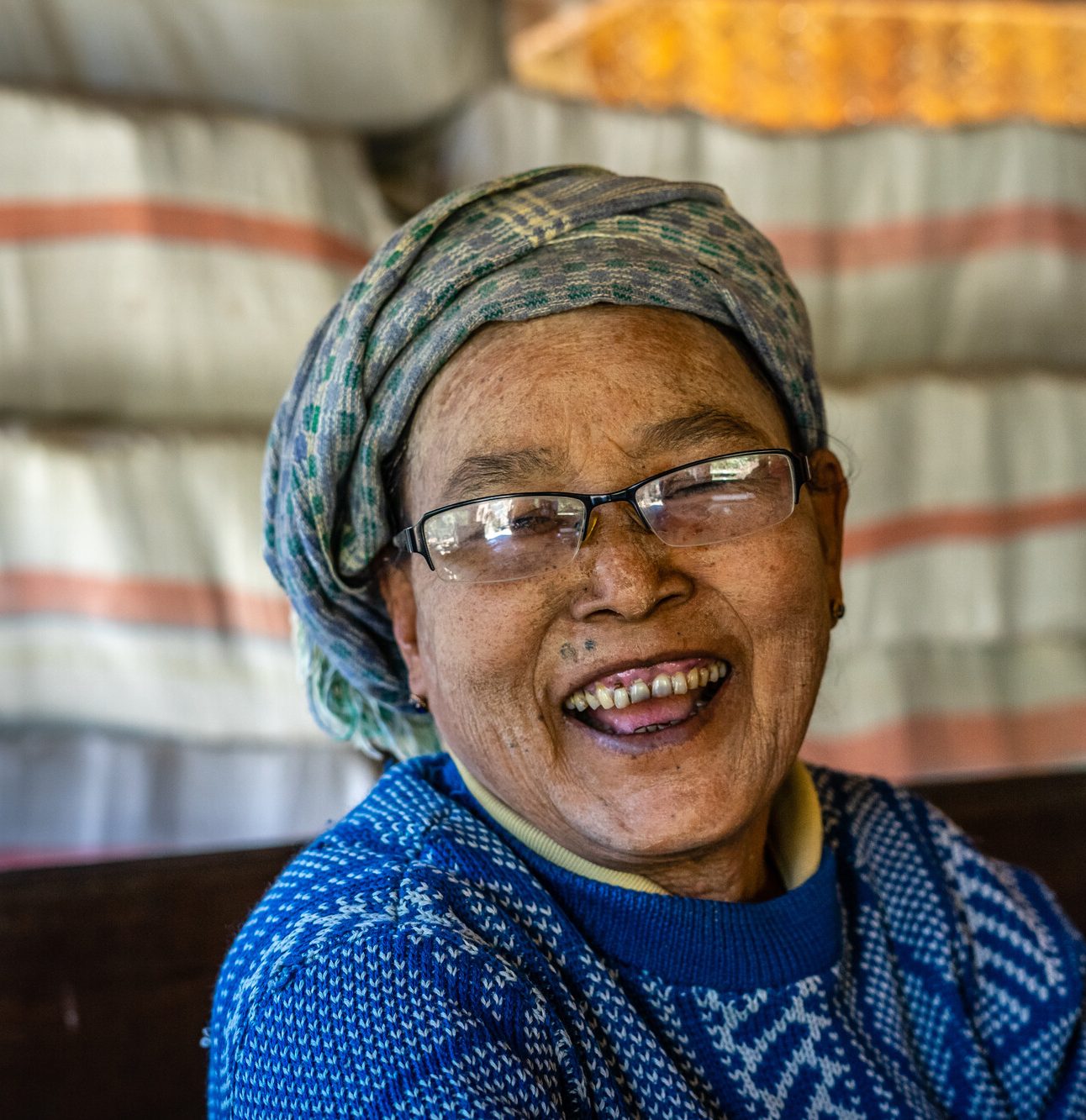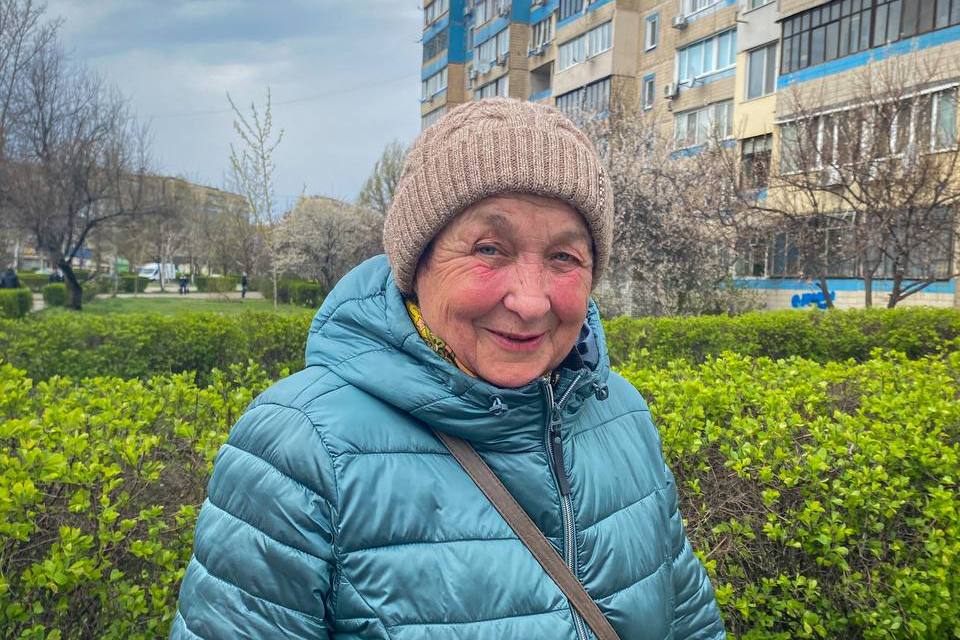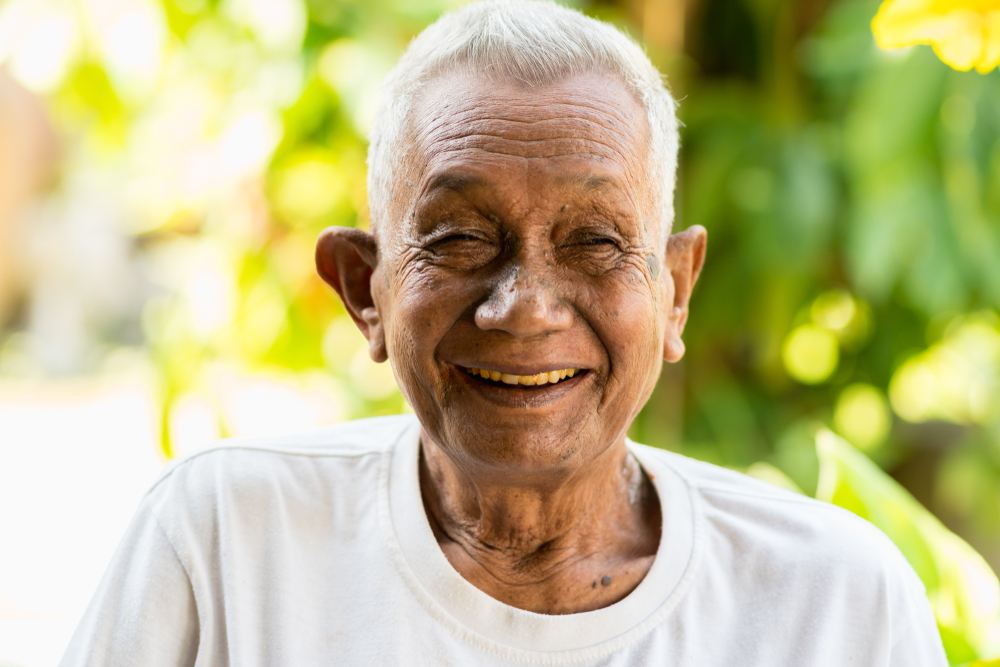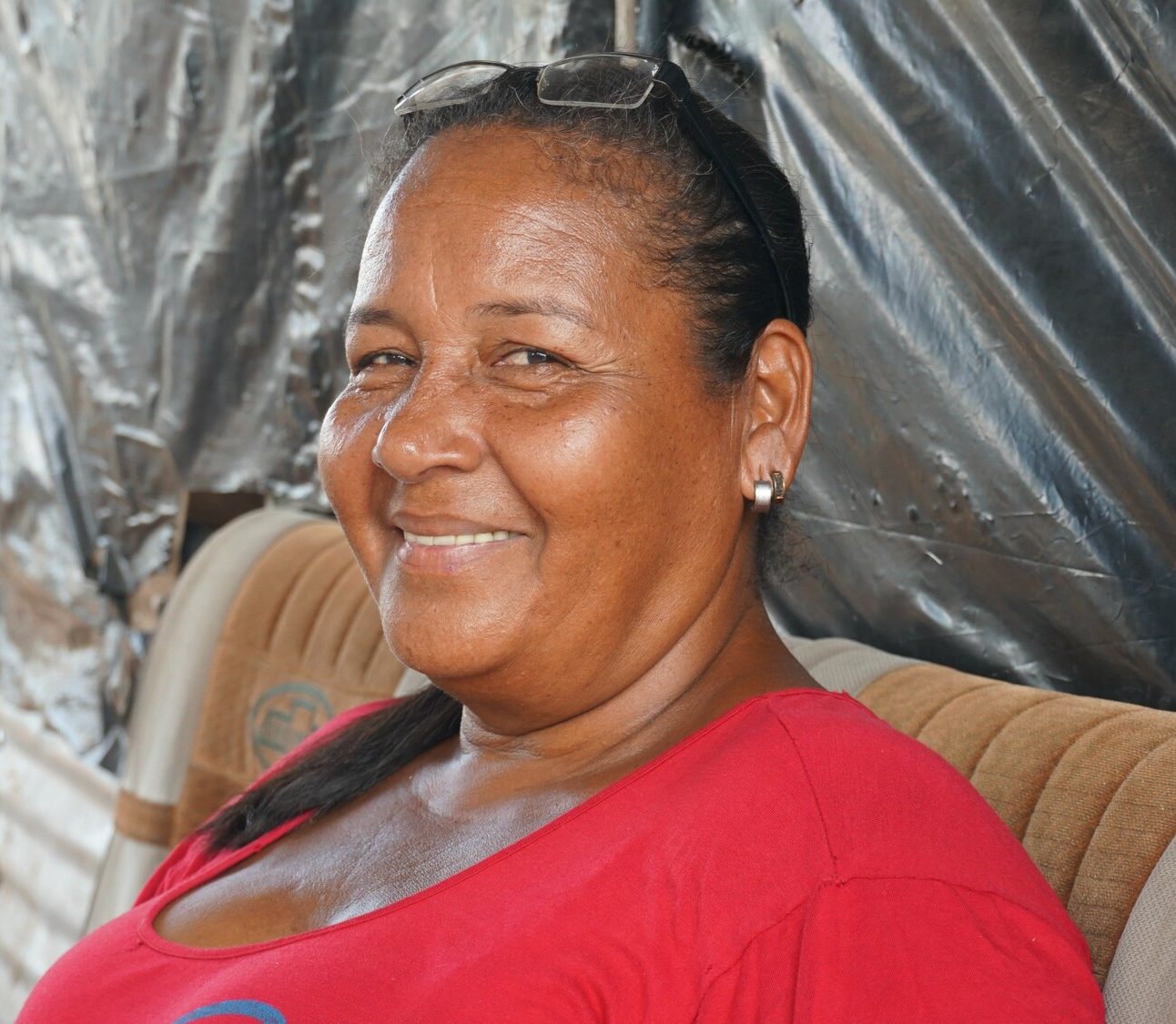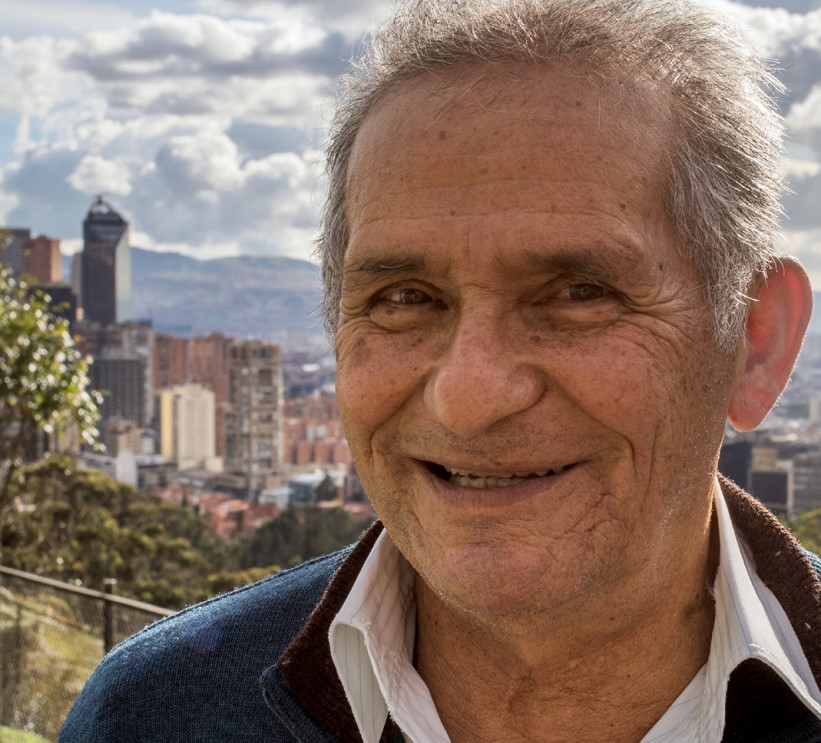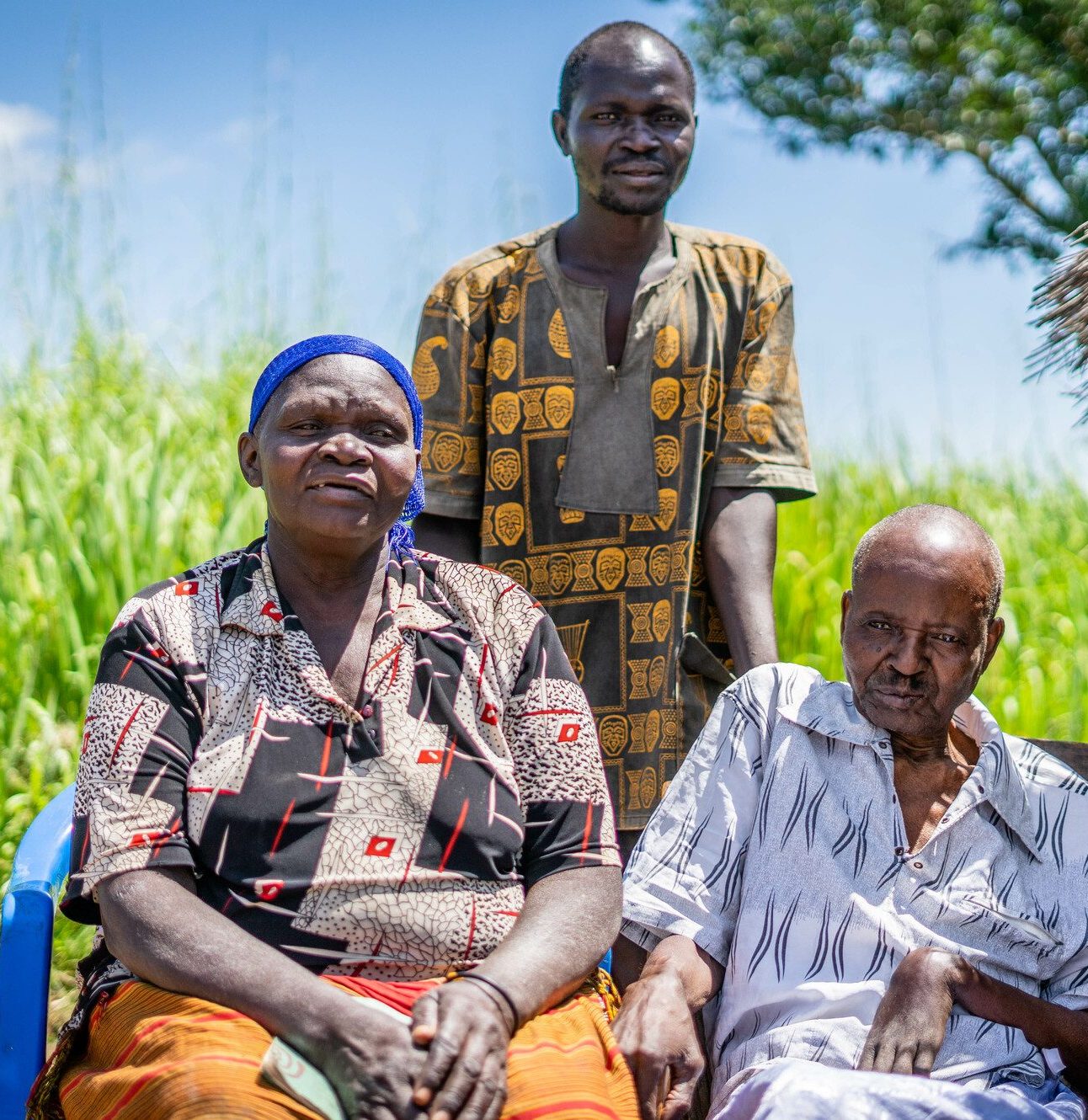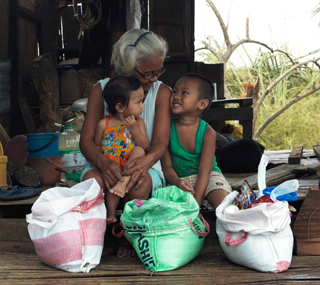We believe that every older person should be able to face their future with confidence, reach their potential and play a full part in the society they live in. Every older person is a valued member of society who has the right, whatever their support needs, to participate in their families, communities and society, based on what is important to them.
We want to achieve a world where we are all recognised and respected as individuals, embraced equally, and treated fairly and without discrimination in older age. Promoting a society for all ages will ensure older people in their diversity feel connected and that they can participate in their communities as they wish.
We live in an ageing world. By 2050, nearly one in five people in low- and middle-income countries will be over the age of 60.
This presents significant social, economic and political implications for many countries unprepared for how ageing affects society. This includes changes in health and social care, changing income and work patterns and access to humanitarian assistance. The need to address these has become even more urgent as the world grapples with the COVID-19 crisis and seeks to regain lost ground in achieving the 2030 Agenda and SDGs with the commitment to ‘leave no one behind’
Older people around the world face ageism. Ageing is too often linked with decline and ill-health. Older people are seen as frail, vulnerable and dependent. A burden on society.
These attitudes and negative stereotypes have led to discrimination. And we’ve failed to harness the benefits that a socially and economically active, healthy, ageing population can contribute to society.
For many older people, being heard is a struggle – from making decisions for themselves within their family to influencing local, national or international polices and laws that affect them.
Older people are often excluded from being active members of their communities. The places we live can make this exclusion worse. Public spaces often don’t meet the needs of older people (such as those with mobility or sight issues). A lack of age-friendly spaces and inaccessible public transport prevents older people from socialising and living active lives.
Older people are also excluded from civic spaces for engaging with local authorities and political processes so they can make informed choices. This can mean that older people are excluded from the laws, policies and systems that safeguard our rights.

